|
3/15/2024 HER Planet Earth Completes a Monumental 100km Expedition Across the Gobi Desert to Combat Climate CrisisRead Now FOR IMMEDIATE RELEASE Singapore, 25 March 2024 - In an inspiring testament to human resilience and dedication to environmental conservation, the HER Planet Earth team successfully completed a challenging 100km journey through the Winter Gobi Desert. This extraordinary expedition was not only a demonstration of endurance but also a vibrant celebration of Mongolian culture at the local Camel Festival. Amid the eternal frost of the Gobi, the team experienced the unparalleled hospitality of nomadic families and the awe-inspiring beauty of the desert's landscapes. Their journey was enriched by collaborations with The Nature Conservancy Mongolia and meetings with influential women leaders in the Omnogovi province, highlighting the critical role of community in the face of global environmental challenges. This expedition underscored the team's commitment to addressing the escalating climate crisis and served as a call to action for collective efforts in conservation. Through their journey, they have not only forged a deep connection with the spirit of Mongolia but also spotlighted the indispensable role of women and local communities in environmental advocacy. In a significant stride towards sustaining their conservation efforts, the team has raised USD $50,000 for The Nature Conservancy (TNC). These funds are earmarked for empowering local communities and safeguarding Mongolia's exquisite natural heritage, proving that the journey towards environmental resilience continues well beyond the expedition. Looking ahead, HER Planet Earth is poised to amplify their message through a documentary screening, with details to be announced. This film will showcase the breathtaking landscapes of the Gobi, the expedition's poignant moments, and the urgent need for continued support in the fight against climate change. The Cause Supporting TNC's extensive work across the world, the HER Planet Earth expedition's contributions are set to fortify conservation in Mongolia. The funds will bolster women's roles in the community through handicraft training and propel forward-thinking livestock management research. These initiatives promote sustainability and the wellbeing of herding families, ensuring they can continue to thrive alongside the flora and fauna of this vast region. "Our commitment mirrors the persistence of the Gobi's sand-carved landscapes," stated Christine Amour-Levar, Founder of HER Planet Earth. "The expedition embodies the unyielding spirit of the women who dare to brave the elements, mirroring their journey with our collective stride towards sustainability, empowerment, and conservation." Filming The forthcoming documentary will feature the vision of award-winning filmmaker Jacqui Hocking, whose dedication to purpose-driven storytelling has captured global attention. As the Winter Gobi Desert Expedition brings Mongolia's conservation needs into focus, the film will spotlight the challenges faced by these ecosystems and the communities dependent on them. The narrative also ties into the Eternal Mongolia Project Finance for Permanence (PFP) initiative, an innovative scheme to ensure continued protection for Mongolia's precious natural habitats. Why the Gobi? The Gobi Desert, spanning across Mongolia and China, was chosen for its unique combination of challenge and beauty. It is the largest, as well as the coldest desert in Asia, and the fifth largest in the world. The Gobi’s unique ecosystem is renowned for its stunning natural formations, as well as real dinosaur fossils and endemic flora and fauna. Prominent landforms include sand hills and dunes, dry mountain slopes, gravelly steppes, rocky hills, saxaul forests, dry riverbeds, and more. Situated to the north and high up around 1,500m above sea level, the Gobi is a cold desert with extreme weather conditions. Indeed, as one of the harshest deserts globally, the Gobi provided a testing ground for the HER Planet Earth all-female team, riding Bactrian camels across its vast expanse. The expedition not only aimed to showcase the resilience of women but also emphasised the importance of environmental conservation in fragile ecosystems. This journey through the Gobi Desert underscores the significance of preserving Mongolian herding communities and their delicate balance between tradition and conservation. The stark beauty of the Gobi serves as a backdrop to the mission's core objectives: empowering local women, advancing conservation efforts, and fostering sustainable practices. NOTES TO EDITORS
About HER Planet Earth Founded in 2017, HER Planet Earth is a non-profit organisation headquartered in Singapore that aims to empower women to mitigate climate change. One of its core objectives is to inspire more women to become policymakers and agents of change to achieve social and economic equity and a healthy and thriving planet. HER Planet Earth organises challenging, often pioneering, self-funded expeditions around the world to increase awareness on environmental degradation and raise funds for programmes that empower and educate underprivileged women affected by climate change - ultimately helping them build climate change resilience. The organisation partners with nature lovers, environmentalists, scientists, polar explorers, adventurers, women’s rights advocates, corporates, tech entrepreneurs, feminists and charities that have programmes and structures in place dedicated to building a deeper connection between gender equality, genuinely sustainable development, and the protection of the environment. Team Profiles The HER Planet Earth Gobi Desert 2024 Adventure team comprises fifteen intrepid women from varied nationalities and walks of life. United by their professional successes and a shared passion for environmental stewardship and women's empowerment, their bios can be accessed here. Support the Mission To contribute to this essential mission, please visit the team’s fundraising page here. For media inquiries, please reach out to [email protected] Singapore, January 2024 – Breaking new ground in the realm of women-led explorations, HER Planet Earth proudly announces the Gobi Desert Winter 2024 Expedition, uniting 15 women from diverse corners of the globe. This extraordinary mission is a blend of exhilarating adventure, staunch commitment to climate action, and dedicated empowerment of local women across Mongolia. The HER Planet Earth all-female team is set to embark on its 11th expedition to date, a 100km expedition, navigating the formidable Gobi Desert in early March 2024, astride Bactrian camels. Their ambitious goal is to raise $50,000 USD for The Nature Conservancy (TNC)'s impactful initiatives in Mongolia. The focus of these projects includes empowering women in herding communities, fostering enhanced land conservation, and creating avenues for additional income. This unprecedented venture seeks to transcend boundaries, combining the thrill of adventure with a profound commitment to climate action and the upliftment of women in some of the world's most resilient communities. As the all-female team undertakes this challenging odyssey, they aim not only to explore part of the vast expanse of the Gobi but also to make a lasting impact on the lives of those they encounter along their transformative journey. Why Gobi Desert? The Gobi Desert, spanning across Mongolia and China, was chosen for its unique combination of challenge and beauty. It is the largest, as well as the coldest desert in Asia, and the fifth largest in the world. The Gobi’s unique ecosystem is renowned for its stunning natural formations, as well as real dinosaur fossils and endemic flora and fauna. Prominent landforms include sand hills and dunes, dry mountain slopes, gravelly steppes, rocky hills, saxaul forests, dry riverbeds, and more. Situated to the north and high up around 1,500m above sea level, the Gobi is a cold desert with extreme weather conditions. Indeed, as one of the harshest deserts globally, the Gobi provides a testing ground for the HER Planet Earth all-female team, riding Bactrian camels across its vast expanse. The expedition not only aims to showcase the resilience of women but also emphasises the importance of environmental conservation in fragile ecosystems. This journey through the Gobi Desert underscores the significance of preserving Mongolian herding communities and their delicate balance between tradition and conservation. The stark beauty of the Gobi serves as a backdrop to the mission's core objectives: empowering local women, advancing conservation efforts, and fostering sustainable practices. The Team's Journey Upon arrival in Ulaanbaatar, the capital of Mongolia, the women will visit TNC's Mongolia headquarters. The following day marks the beginning of the scenic drive to Dalanzadgad city, covering 600 kilometres bringing them closer to the desert expedition that awaits. As they emerge from the winter season, the team will face the unique challenge of Gobi's unforgiving weather transition, with temperatures in March potentially dropping below 20 degrees Celsius and the winds proving to be very harsh, adding an extra layer of challenge and awe to their adventure. Before the Gobi Desert journey commences, the women will visit nearby TNC conservation projects dedicated to environmental and community development. This enlightening experience sets the stage for the extraordinary camel riding expedition in the Gobi Desert, covering an initial 25 kilometres on the first day. Continuing the camel journey, the team will cover 25 kilometres each day, venturing deeper into the captivating expanse of the Gobi Desert. Nights will be spent at Ger Camps, providing an authentic taste of Mongolian culture beneath the vast desert skies. The desert is also home to extremely rare animals such as the wild Bactrian camel, Mongolian wild ass, snow leopard and the Gobi bear. After completing their 100km crossing, the team will take part in a local Camel Festival, an immersive celebration offering camel rides, camel polo, parades, contests, camel races, traditional games, and concerts. This festival provides valuable insights into the rich culture and resilience of the Gobi's inhabitants, creating lasting memories for the team. The next day, the women will embark on the long ride back to Ulaanbaatar, and the journey will culminate with a farewell dinner at a local restaurant, celebrating the bonds forged and the memories created during this transformative experience. The team will carry with them not only the achievement of exploring the Gobi, but also the resilience imprinted by weathering winter in one of the harshest deserts on earth. The Cause The HER Planet Earth expedition supports The Nature Conservancy (TNC), a global environmental organisation dedicated to impactful conservation efforts across over 70 countries. TNC partners with Mongolian herder communities, preserving the delicate balance between tradition and conservation. The expedition's funds will empower women in the community through handicraft training, support research in innovative livestock management, and enhance livestock nutrition, promoting sustainable practices for the prosperity of herding families. “Just as our camels leave footprints in the Gobi's sands, we aim to leave a lasting impact, ensuring a sustainable and prosperous future for the herding families we support. Embarking on the Gobi Desert Expedition is a testament to the indomitable spirit of women who dare to face the harsh winds and chilling temperatures, both in nature and in societal challenges. This journey is a metaphor for the resilience we cultivate within ourselves and the bonds we forge amid adversity. Together, we ride towards a future where resilience, empowerment, and conservation converge to create a world worthy of the challenges we surmount." shared Christine Amour-Levar, Founder of HER Planet Earth. FILMING Award-winning filmmaker Jacqui Hocking, known for her early work collecting climate change solutions on a UN Global Climate Expedition, will be part of the upcoming expedition. Over the past decade, she has evolved into a pioneer of purpose-driven business, building B Corp certified companies focusing on social and environmental impact. In 2022, her company, VS Story, was acquired by Redhill, a global communications firm, where she continues her mission. As a Partner at NowPartners, a global partnership of senior business leaders, Jacqui advocates for change-makers within companies, emphasizing that business is a powerful tool to achieve the Global Goals. NOTES TO EDITORS
About HER Planet Earth Founded in 2017, HER Planet Earth is a non-profit organisation headquartered in Singapore that aims to empower women to mitigate climate change. One of its core objectives is to inspire more women to become policymakers and agents of change to achieve social and economic equity and a healthy and thriving planet. HER Planet Earth organises challenging, often pioneering, self-funded expeditions around the world to increase awareness on environmental degradation and raise funds for programmes that empower and educate underprivileged women affected by climate change - ultimately helping them build climate change resilience. The organisation partners with nature lovers, environmentalists, scientists, polar explorers, adventurers, women’s rights advocates, corporates, tech entrepreneurs, feminists and charities that have programmes and structures in place dedicated to building a deeper connection between gender equality, genuinely sustainable development, and the protection of the environment. Team Profiles The team of this HER Planet Earth Gobi Desert 2024 Adventure is formed by 15 intrepid women of diverse nationalities and backgrounds. While they are all incredibly well accomplished in their careers, they are equally passionate about protecting the environment and empowering underprivileged women. To read the team bios please click here To donate to the mission please visit the team’s fundraising page here To follow the team’s journey follow them on: For media queries, please contact: [email protected] 11/26/2023 HER Planet Earth's Ladakh Adventure: Empowering Women and Fostering SNOW LEOPARD ConservationRead Now For its 12th expedition, HER Planet Earth proudly announces its Ladakh Adventure, an extraordinary initiative uniting 13 remarkable women from diverse corners of the globe. This mission is dedicated to supporting Snow Leopard Conservation in Ladakh, India. Through a dynamic awareness-raising campaign and a generous donation, the all-female team is set to make a lasting impact on the highly endangered snow leopard and its fragile habitat. The Ladakh Adventure is more than a quest—it's a commitment to actively engage in biodiversity conservation, ensuring the delicate balance of the ecosystem for various species reliant on its harmonious existence. Furthermore, this thrilling expedition supports initiatives that empower women in Ladakh, fostering sustainable development and creating a positive ripple effect within local communities. Why Ladakh? Ladakh, with its unique blend of challenge and significance, has been chosen as the destination for HER Planet Earth's latest adventure. Nestled in the trans-Himalayan region, Ladakh boasts not only breath-taking natural beauty but also a cultural richness that is a fusion of Tibetan Buddhist and Shia Muslim traditions. Known as "Little Tibet," Ladakh offers a spiritually rich destination, making it the perfect backdrop for this exceptional journey. The Ladakh Adventure is an opportunity for participants to explore this enchanting region, with its medieval monasteries perched on rocky hilltops, charming towns like Leh, and the majestic Indus Valley. Against the backdrop of the region's harsh winter conditions, with temperatures dropping to -20 degrees at night, the adventure serves as a platform for environmental advocacy, empowering women, and fostering a deeper connection between participants and the importance of preserving Ladakh's unique heritage and biodiversity. The Team's Journey The 13 women will embark on their adventure in Delhi, where they will be greeted by the vibrant energy of the bustling metropolis. A short flight will then whisk them away to Leh, Ladakh's capital, perched amidst the Kunlun Mountain range and the Great Himalayas. The Grand Dragon Ladakh, their sustainable haven, mirrors the region's commitment to environmental responsibility. The Ladakh Adventure unfolds as a tapestry of cultural exploration and environmental advocacy, guided by the indomitable spirit of adventure. From the historic monasteries of 'Shey' and 'Thiksey' to the royal history at Stok Palace & Museum, the journey promises a captivating blend of discovery and wonder. The narrative takes a thrilling turn towards Uley, a picturesque village at an altitude of almost 4,000 metres, where the team will immerse itself in the anticipation of encounters with the majestic snow leopards that roam the region. Each day becomes a chapter of discovery, with the team waking up to breath-taking Ladakh mornings and setting out on trails in search of elusive snow leopards. The expedition becomes a story of blending with nature, of tracking and understanding the subtle dance between snow leopards, Himalayan foxes, and the myriad of species that call this pristine landscape home. As the expedition draws to a close, the women bid farewell to Uley, their home in this snow-kissed realm, and traverse back to Leh, marking the final chapter of their Ladakh sojourn. The Cause In the heart of Ladakh, the Snow Leopard Conservancy India Trust stands as a guardian, tirelessly dedicated to preserving the endangered snow leopard and its habitat through community-based initiatives. Since 2003, this non-profit organization has emerged as one of the most impactful and successful conservation organizations in the Himalayas. The Ladakh Expedition aligns with the Snow Leopard Conservancy's mission, aiming to empower local women as trackers and activists in the realm of snow leopard conservation. HER Planet Earth is committed to training 15 women as nature guides, creating a profound connection between the roles of local women in society and the overarching cause of preserving the delicate balance of Ladakh's natural ecosystem. Christine Amour-Levar, Founder of HER Planet Earth, says, "This Ladakh Adventure is not just about exploring a stunning landscape; it's about leaving a lasting legacy. We are empowering women, fostering conservation, and creating a narrative that transcends borders. The participants are not just explorers; they are custodians of Ladakh's delicate ecosystem and advocates for the majestic snow leopards that call it home. This is a journey of purpose, passion, and positive impact." NOTES TO EDITORS
About HER Planet Earth HER Planet Earth is non-profit organisation headquartered in Singapore that aims to empower women to mitigate climate change. One of its core objectives is to inspire more women to become policymakers and agents of change to achieve social and economic equity and a healthy and thriving planet. HER Planet Earth organises challenging, often pioneering, self-funded expeditions around the world to increase awareness on environmental degradation and raise funds for programmes that empower and educate underprivileged women affected by climate change - ultimately helping them build climate change resilience. The organisation partners with nature lovers, environmentalists, scientists, polar explorers, adventurers, women’s rights advocates, corporates, tech entrepreneurs, feminists and charities that have programmes and structures in place dedicated to building a deeper connection between gender equality, genuinely sustainable development, and the protection of the environment. About Snow Leopard Conservancy Snow Leopard Conservancy India Trust (SLC-IT) is an NGO working in the Trans-Himalayan regions of Ladakh and Spiti for the conservation of the highly endangered snow leopard. Co-founded in 2003 by Mr. Rinchen Wangchuk, a Ladakhi mountaineer and conservationist, SLC-IT has established itself as one of the most productive and successful conservation organizations in the Himalayas. Their programs are meticulously designed to conserve the mountain ecosystems in collaboration with local communities. We focus primarily on building local stewardship through community-based tourism, education, and research in Ladakh, where snow leopards and wolves, once disdained as pests and adversaries because of frequent livestock depredation, are now considered as Ri Gyancha or 'ornaments of the mountains'. https://snowleopardindia.org/index.php Team Profiles The team of this HER Planet Earth Ladakh 2025 Adventure is formed by 13 intrepid women of diverse nationalities and backgrounds. While they are all incredibly well accomplished in their careers, they are equally passionate about protecting the environment and empowering underprivileged women. Discover their profiles here To follow the team’s journey follow them on: For media queries, please contact: [email protected] 10/28/2023 HER Planet Earth's 'Into the Blue' Event: An Inspirational Evening of Empowerment & Conservation, Raising $45,000 for THE Sulubaaï FoundationRead Now FOR IMMEDIATE RELEASE Singapore, October 30, 2023 — HER Planet Earth, the global women's advocacy movement dedicated to strengthening the connection between female empowerment and environmental integrity, successfully hosted the 'Into the Blue' charity cocktail reception and film screening at Catapult in Singapore, on October 24, 2023. The event brought together a notable gathering of 100 senior C-suite professionals comprised a select group of industry leaders, affluent individuals, and sustainability experts from various sectors and was generously sponsored by LGT, the world's largest royal family-owned private bank. Together, they raised $45,000 SGD in support of the Sulubaaï Environmental Foundation's conservation initiatives in the Philippines. This event was thoughtfully timed to coincide with the International Day of Climate Action, aiming to shed light on the admirable work of HER Planet Earth's charity partner, the Sulubaaï Environmental Foundation. The primary mission was to generate both awareness and essential funds for the preservation and rejuvenation of natural resources within the Marine Protected Area (MPA) of Palawan in the Philippines. Fred Tardieu, Founder of the Sulubaaï Environmental Foundation, who flew in especially for the evening with his wife Chris Tardieu and their Marine Ecologist, Laure de Ville d'Avray, shared, "We often believe ourselves to be alone and isolated in our convictions, but all it takes is one evening, a setting, a team, and the world clings to you. At that moment, anything can be achieved. I believe in humanity; the only problem lies in understanding our priorities. This evening has shown us that civil society can accomplish great things and be a catalyst for renewal. We must mobilize it for the benefit of all and, especially, for the new generations." HER Planet Earth, now in its seventh year of operation, continues to pioneer innovative fundraising approaches for its charity partners. Their unique initiatives involve embarking on challenging expeditionary journeys across the globe. What sets this organisation apart is its unwavering dedication to supporting causes that champion gender equality and the empowerment of women impacted by climate change. In May 2022, the HER Planet Earth all-female dive team embarked on a week-long expedition to Pangatalan Island in Palawan, Philippines. Partnering with the Sulubaaï Environmental Foundation, their mission was to revive the island's coral reef ecosystems. This dedicated team expertly installed three artificial reefs and nurtured 30 "fragments of hope" coral pieces. As a result, the reef has seamlessly integrated into the Sulubaaï Foundation's MPA, fortifying the Coral Triangle—an awe-inspiring marine biodiversity haven that hosts 30% of the world's coral reefs. Notably, the HER Planet Earth team engaged with women from diverse backgrounds in the Sandoval Barangay communities surrounding Shark Fin Bay, the location of Pangatalan Island. This engagement included leaders, fisherfolk, educators, farmers, homemakers, students, and mothers. Their aim was to heighten environmental awareness and foster meaningful dialogues about optimal conservation strategies for the region. The Sulubaaï Environmental Foundation has been meticulously rejuvenating the 4.5-hectare island for the past 13 years, transforming it into a self-sustaining ecosystem. Their accomplishments include planting over 80,000 trees, establishing it as a Marine Protected Area (MPA), and launching a comprehensive mangrove restoration initiative. A standout component of their efforts is the Sulu Reef Prosthesis (SRP)—an innovative artificial concrete reef system acknowledged by UNESCO. Since 2017, the foundation has placed over 300 SRPs within its MPA, relocating more than 2,500 coral fragments spanning over 15 genera and 30 hard coral species. Further enhancing the island's sustainability, the foundation established an organic farm, integrated a waste management system, and installed solar panels, all instrumental in achieving the island's carbon-negative status. Why It Matters: According to WWF's Living Planet Index, marine life—including mammals, birds, reptiles, and fish—has seen a staggering decline of nearly 50% between 1979 and 2012. Climate change poses a dire threat to corals; since the 1950s, the global expanse of living coral has been halved. Corals, essentially tiny animals termed polyps, form underwater colonies that serve as vital habitats for fish. Mangroves, with their exceptional carbon-absorbing capabilities, intake 10 times more carbon than typical trees and offer crucial protection against natural disasters like typhoons and floods, as well as erosion. Guests attending the "Into the Blue" event savoured drinks from LGT's private collection and canapés from Karana, a Singapore food start-up poised to become Asia's first whole-plant-based meat brand. Guests were immersed in a compelling short film presented on a 360° panoramic screen in Catapult's stunning facilities at 1 Rochester Park. All proceeds from the event are dedicated to supporting the Sulubaaï Environmental Foundation and its programs in coral restoration. Christine Amour-Levar, Founder of HER Planet Earth and Ambassador Sulubaaï, emphasized, "The heart of this event lies in amplifying the need to rejuvenate our marine biodiversity. Our primary concern is food security, as local communities heavily rely on marine resources for sustenance. To cultivate a thriving ecosystem, we must foster active participation from local stakeholders, enlighten our youth, and ensure that adults recognize the economic potential of safeguarding and efficiently managing our oceans. It's this forward-thinking approach that we must embrace for our future." About Her Planet Earth
Based in Singapore, HER Planet Earth is a non-profit organization championing the dual causes of women's empowerment and climate change mitigation. At its heart, the organization strives to motivate more women to step into roles as policymakers and change-makers, driving both societal equity and a flourishing planet. With a spirit of adventure, HER Planet Earth curates impactful and self-financed global expeditions that spotlight environmental challenges while fundraising for initiatives supporting vulnerable women impacted by climate change. The organization stands strong with a diverse coalition including environmentalists, scientists, adventurers, women's rights champions, businesses, tech innovators, and like-minded charities. Together, they reinforce the intrinsic link between gender equality, sustainable development, and environmental conservation. www.HERplanetearth.com About The Sulubaaï Environmental Foundation Initiated by Frédéric and Chris Tardieu, the Sulubaaï Environmental Foundation stands as a beacon of conservation in Palawan, dedicating itself to the preservation, protection, and rejuvenation of the region's natural assets for the local community's betterment. Over a span of 13 years, the foundation has masterfully revitalized Pangatalan Island, a 4.5-hectare sanctuary, steering it towards ecological self-sustainability. Their extensive contributions encompass planting a staggering 80,000 trees, inaugurating a Marine Protected Area (MPA), fortifying mangrove ecosystems, and pioneering the Sulu Reef Prosthesis (SRPs) — a ground-breaking artificial reef system acknowledged by UNESCO. From 2017 onwards, they've strategically positioned over 300 SRPs across various coral rubble zones within their MPA, enabling the transplantation of 2,500 coral fragments that span more than 15 genera and encompass 30 hard coral species. https://sulubaai-foundation.com. About LGT (The Liechtenstein Global Trust) – Official Sponsor Established in 1921 in Liechtenstein, LGT stands as a distinguished private bank, overseeing CHF 285 billion in assets for affluent clients worldwide. LGT's robust performance is anchored in its synergy with the Princely Family's investment vision, its prowess in sustainable investing, and its specialized offerings in asset structuring and philanthropic guidance. Recognizing its formidable financial standing, both Moody's and Standard & Poor's have endowed LGT with premier ratings. The bank's forward-thinking, risk-aware ethos, and unwavering reliability resonate deeply with clients, particularly in volatile climates. Entrepreneurs and proactive investors are drawn to LGT's innovative and elite investment avenues. Combining vast experience with sustainability and fiscal robustness, LGT remains a beacon in global wealth management. https://www.lgt.com/sg-en Robb Report – Official Media Partner Robb Report Singapore is the industry's leading publication in luxury lifestyle. It stands as the foremost authority on luxury lifestyle in the industry. With a mission to consistently showcase life's finest offerings, they curate unparalleled experiences for high-net-worth individuals. https://www.robbreport.com.sg/ About Catapult – Official Venue Partner Catapult is Southeast Asia's first Shared Executive Learning Centre in Singapore's Rochester Park area. Designed as a Learner's Playground, it aims to groom future leaders through immersive and experiential learning journeys. Catapult bases its experiential learning approach around The Neuroscience of Learning and Motivation, focusing on emotion, experimentation, and social interaction to enhance the learning experience. Its curriculum revolves around 3 pillars: Leadership, Innovation, and Energy for Peak Performance. With state-of-the-art facilities, including a 360 immersive space, Catapult provides the perfect setting for the event. The film to be showcased during the event will be specially edited for Catapult's 360 room, allowing guests to experience a captivating 360° film experience. Catapult is a 2-storey learning centre within a campus-style integrated development called Rochester Commons, that includes a Citadines Connect business hotel, corporate offices, restaurants, and heritage bungalows. Catapult is developed and managed by CapitaLand Development. www.catapult.com.sg About Karana – Official Food Sponsor KARANA leads the way in a new category of meat derived from jackfruit. The company firmly believes that consumers shouldn't have to compromise on taste, health, or sustainability when making food choices. Indeed, KARANA goes beyond merely sustainable with jackfruit, their star ingredient, aiming to introduce biodiversity to dining tables. With jackfruit's naturally meaty texture, they minimize ingredient and processing interventions while maximizing authentic, juicy flavours. Commitment to responsible sourcing is a cornerstone for KARANA, as evidenced by their support for small shareholder farmers in Sri Lanka. Founded in Singapore in 2018, KARANA has since introduced its products in their local market, Hong Kong, and the Bay Area. www.eatkarana.com For media queries, please contact: Christine Amour-Levar (Founder and CEO, Her Planet Earth) - Email: [email protected] For Immediate Release Singapore - On 24 October 2023, the International Day of Climate Action, HER Planet Earth - a global women’s advocacy movement that promotes a deeper connection between female empowerment & the integrity of the environment - is hosting a charity cocktail reception & film screening at Catapult to highlight the inspiring work of one of their charity partners, the Sulubaaï Environmental Foundation. The event aims to raise awareness and funds for the conservation and restoration of natural resources in this Marine Protected Area (MPA) of Palawan in the Philippines. HER Planet Earth, now in its seventh year of operation, fundraises for its charity partners via expeditionary travel across the globe. Pioneering in nature, the group’s initiatives support organisations that champion gender equality and the empowerment of women affected by climate change. In May 2022, the self-funded HER Planet Earth all-female diving team embarked on a week-long expedition to Pangatalan Island in Palawan, Philippines. Partnering with the Sulubaaï Environmental Foundation, their mission: reviving the island's coral reef ecosystems. The team expertly set up three artificial reefs and nurtured 30 "fragments of hope" coral pieces. Consequently, the reef has seamlessly integrated into the Sulubaaï Foundation's MPA, fortifying the Coral Triangle—a marine biodiversity haven that houses 30% of the world's coral reefs. The HER Planet Earth team engaged with women from diverse backgrounds in the Sandoval Barangay communities surrounding Shark Fin Bay where the Pangatalan island is located, including leaders, fisherfolk, educators, farmers, homemakers, students, and mothers. Their aim was to heighten environmental awareness and foster meaningful dialogues about optimal conservation strategies for the region. For the past 12 years, the Sulubaaï Environmental Foundation has meticulously rejuvenated the 4.5-hectare island, transforming it into a self-sustaining ecosystem. This feat was achieved by planting over 80,000 trees, establishing it as a Marine Protected Area (MPA), and launching a comprehensive mangrove restoration initiative. A standout component of their efforts is the Sulu Reef Prosthesis (SRP) — an innovative artificial concrete reef system acknowledged by UNESCO. Designed and patented by the Sulubaaï Foundation in 2016, SRPs serve as platforms for transplanting coral fragments. Since 2017, the foundation has placed over 300 SRPs within its MPA, relocating more than 2,500 coral fragments spanning over 15 genera and 30 hard coral species. Further enhancing the island's sustainability, the foundation established an organic farm, integrated a waste management system, and installed solar panels, all instrumental in achieving the island's carbon-negative status. Why It Matters
Christine Amour-Levar, Founder of HER Planet Earth and Ambassador for the SEA Academy Project, emphasized, "The heart of this event lies in amplifying the need to rejuvenate our marine biodiversity. Our primary concern is food security, as local communities heavily rely on marine resources for sustenance. To cultivate a thriving ecosystem, we must foster active participation from local stakeholders, enlighten our youth, and ensure that adults recognize the economic potential of safeguarding and efficiently managing our oceans. It's this forward-thinking approach that we must embrace for our future." - END - About Her Planet Earth
Based in Singapore, HER Planet Earth is a non-profit organization championing the dual causes of women's empowerment and climate change mitigation. At its heart, the organization strives to motivate more women to step into roles as policymakers and change-makers, driving both societal equity and a flourishing planet. With a spirit of adventure, HER Planet Earth curates impactful and self-financed global expeditions that spotlight environmental challenges while fundraising for initiatives supporting vulnerable women impacted by climate change. The organization stands strong with a diverse coalition including environmentalists, scientists, adventurers, women's rights champions, businesses, tech innovators, and like-minded charities. Together, they reinforce the intrinsic link between gender equality, sustainable development, and environmental conservation.www.HERplanetearth.com About The Sulubaaï Environmental Foundation Initiated by Frédéric and Chris Tardieu, the Sulubaaï Environmental Foundation stands as a beacon of conservation in Palawan, dedicating itself to the preservation, protection, and rejuvenation of the region's natural assets for the local community's betterment. Over a span of 12 years, the foundation has masterfully revitalized Pangatalan Island, a 4.5-hectare sanctuary, steering it towards ecological self-sustainability. Their extensive contributions encompass planting a staggering 80,000 trees, inaugurating a Marine Protected Area (MPA), fortifying mangrove ecosystems, and pioneering the Sulu Reef Prosthesis (SRPs) — a ground-breaking artificial reef system acknowledged by UNESCO. From 2017 onwards, they've strategically positioned over 300 SRPs across various coral rubble zones within their MPA, enabling the transplantation of 2,500 coral fragments that span more than 15 genera and encompass 30 hard coral species. https://sulubaai-foundation.com. About LGT (The Liechtenstein Global Trust) – Official Sponsor Established in 1921 in Liechtenstein, LGT stands as a distinguished private bank, overseeing CHF 285 billion in assets for affluent clients worldwide. LGT's robust performance is anchored in its synergy with the Princely Family's investment vision, its prowess in sustainable investing, and its specialized offerings in asset structuring and philanthropic guidance. Recognizing its formidable financial standing, both Moody's and Standard & Poor's have endowed LGT with premier ratings. The bank's forward-thinking, risk-aware ethos, and unwavering reliability resonate deeply with clients, particularly in volatile climates. Entrepreneurs and proactive investors are drawn to LGT's innovative and elite investment avenues. Combining vast experience with sustainability and fiscal robustness, LGT remains a beacon in global wealth management. https://www.lgt.com/sg-en Robb Report – Official Media Partner Robb Report Singapore is the industry's leading publication in luxury lifestyle. It stands as the foremost authority on luxury lifestyle in the industry. With a mission to consistently showcase life's finest offerings, they curate unparalleled experiences for high-net-worth individuals. https://www.robbreport.com.sg/ About Catapult – Official Venue Partner Catapult is Southeast Asia's first Shared Executive Learning Centre in Singapore's Rochester Park area. Designed as a Learner's Playground, it aims to groom future leaders through immersive and experiential learning journeys. Catapult bases its experiential learning approach around The Neuroscience of Learning and Motivation, focusing on emotion, experimentation, and social interaction to enhance the learning experience. Its curriculum revolves around 3 pillars: Leadership, Innovation, and Energy for Peak Performance. With state-of-the-art facilities, including a 360 immersive space, Catapult provides the perfect setting for the event. The film to be showcased during the event will be specially edited for Catapult's 360 room, allowing guests to experience a captivating 360° film experience. Catapult is a 2-storey learning centre within a campus-style integrated development called Rochester Commons, that includes a Citadines Connect business hotel, corporate offices, restaurants, and heritage bungalows. Catapult is developed and managed by CapitaLand Development. www.catapult.com.sg About Karana – Official Food Sponsor KARANA leads the way in a new category of meat derived from jackfruit. The company firmly believes that consumers shouldn't have to compromise on taste, health, or sustainability when making food choices. Indeed, KARANA goes beyond merely sustainable with jackfruit, their star ingredient, aiming to introduce biodiversity to dining tables. With jackfruit's naturally meaty texture, they minimize ingredient and processing interventions while maximizing authentic, juicy flavours. Commitment to responsible sourcing is a cornerstone for KARANA, as evidenced by their support for small shareholder farmers in Sri Lanka. Founded in Singapore in 2018, KARANA has since introduced its products in their local market, Hong Kong, and the Bay Area. www.eatkarana.com For media queries, please contact: Christine Amour-Levar (Founder and CEO, Her Planet Earth) - Email: [email protected] 5/2/2023 PIONEERING ALL-FEMALE EXPEDITION TO SRI LANKA RAISES VALUABLE FUNDS FOR WOMEN IMPACTED BY CLIMATE CHANGERead Now For Immediate Release In April 2023, a self-funded team of 12 women, under the banner of HER Planet Earth - a non-profit organisation headquartered in Singapore dedicated to gender equality and environmental conservation - trekked across the Knuckles Mountain Range of Sri Lanka, a UNESCO World Heritage Site. The team successfully covered a total distance of 150km (100km on foot in 4 days and 50km on bike), and summited Gombaniya (1,906m), the highest peak of the range, as the first all-female team to ever attempt this feat. The expedition raised valuable funds (a team total of $45,000 SGD to date) for the economic empowerment of women affected by climate change in Sri Lanka. Ninety-six per cent of disasters in Sri Lanka are caused by extreme weather events, such as flooding, landslides, extreme winds, and drought. And it was ranked the fourth most climate change prone country according to the Global Climate Risk Index 2018. Consequently, it necessitates stronger disaster preparedness and proper interventions to build resistance in response to climate change. Roughly 50 percent of its 22 million citizens live in low-lying coastal areas in the west, south, and south-west of the island, and are at risk of future sea level rise. The Team’s Journey On the first day of the expedition the team met up with Jayanthi Kuru-Utumpala, first Sri Lankan person to summit Everest, who is a strong advocate for female empowerment in her country. They then drove to Elkadua Mountain Range where they spent the night, and the following day, hiked 15km to Madulkelle through the tea plantations. After a hearty breakfast the next morning, the women set out for their longest day, 35km to the Knuckles Mountain Base Camp, where they arrived at dusk and spent their first night in tents. The following morning at dawn after a long and arduous climb across lush tropical jungle teeming with exotic wildlife and the occasional band of leeches, they successfully summited Gombaniya and returned back to base camp that night, having covered an additional 27km. The descent was slippery as it started to rain mid-way down - and was perhaps even harder than the ascent. The team celebrated with a beautiful bonfire at the base camp that night. The following day, the team trekked to Gomara completing their 100km journey and arrived at the stunning Santani Resort, a former tea estate surrounded by paddy fields, to enjoy a well-deserved rest. The next day after a visit to the Forest Healing Project, an NGO focused on protecting and restoring forests in Sri Lanka, for a tree planting initiative, the team covered 50km on bikes, riding across the Hanthana Mountain Range, an environmental protection area adjacent to the Knuckles Mountain Range near Kandy, the largest city in central Sri Lanka. UN Women Sri Lanka One of the highlights of the trip was the visit to UN Women Sri Lanka’s office, to meet the team on the ground. Part of the funds raised by this HER Planet Earth expedition will go to support research at the local level, which will help better understand the linkages between women’s empowerment and climate change. Speaking on the issue, Prashani Dias, Head of Office at UN Women Sri Lanka said, "The effects of climate change are not uniform and they affect people differently. That is why it is important to look at climate change through the lens of intersectional feminism. This will help understand how different groups of people - including women with disabilities, migrant women and those living in rural, and disaster-prone areas - are affected, which will in turn help develop tailored solutions to improve their livelihoods, health, safety and security." HER Planet Earth
Now in its seventh year of operation, HER Planet Earth raises awareness and funds via expeditionary travel across the globe. Past expeditions have taken all-female teams to remote islands in Asia, to the highlands of Africa, to Mountains in the heart of Antarctica, across the Arctic Circle Trail of Greenland and to the largest caves in the world in Vietnam. Pioneering in nature, the group’s initiatives support organisations that champion for gender equality and the empowerment of women affected by climate change. HER Planet Earth’s objective is to inspire people to leave their comfort zones, families, and homes for a certain period, while pushing their limits in an effort to rally support for a worthy cause. At the core of its culture is a commitment to empower underprivileged women, a passion for adventure and a deep love and respect for nature. HER Planet Earth seeks to take participants on pioneering expeditions around the world, so that they can make new discoveries, reconnect with nature, but most importantly, contribute to building the climate resiliency of vulnerable women. During the expedition, the women were joined by a reporter and filmmaker from TV1 Sri Lanka’s largest TV group, who documented the team’s journey via a soon-to-be-released short film. The team hopes this documentary will help bring international attention to the need for societies, governments, and corporations to get involved and help support climate action and women’s empowerment in Sri Lanka and beyond. To donate to the mission please visit the team’s page: here 3/28/2023 HER Planet Earth Team Embarks on a Triple Challenge in Switzerland TO put the Spotlight on Climate Action for RefugeesRead Now In June 2023, a self-funded team of 12 women, under the banner of HER Planet Earth - a non-profit organisation headquartered in Singapore dedicated to gender equality and environmental conservation, will embark on a unique triple-challenge expedition, which will incorporate mountain climbing, biking and stand-up paddle boarding across one of Europe's most stunning destinations, Switzerland. This will include summiting an alpine peak at close to 3,000m in the Furka Pass, biking 100km across mountainous areas and crossing an icy lake on SUP boards. The objective of the expedition is to raise awareness and funds for one of the most under-funded humanitarian crises in the world: the Rohingya refugee emergency. The team will aim to raise a total of $50,000 USD to support a UNHCR Environmental programme in Bangladesh which includes reforestation, human-elephant contact management and youth-led climate action training activities. HER Planet Earth, now in its seventh year of operation, raises awareness and funds via expeditionary travel across the globe. Pioneering in nature, the group’s initiatives champion organisations and programmes that work directly with underprivileged women and youth affected by climate change, empowering them to advance their lives and communities. Past HER Planet Earth expeditions have taken all-female teams to remote islands in the Philippines, mountains in Antarctica, across the Arctic Circle Trail of Greenland and to the largest caves in the world in Vietnam. Image Source: Nepal Institute for International Cooperation and Engagement (NIICE) Why Bangladesh? Rohingya refugees fled the violence in Myanmar at a staggering rate in 2017 – and the numbers keep growing. Bangladesh is home to Kutupalong – the largest and most densely populated refugee settlement in the world. The series of camps that make up the settlement were carved out of the forest in southern Bangladesh in 2017 to shelter hundreds of thousands of Rohingya refugees fleeing violence in western Myanmar’s Rakhine State. Bangladesh is extremely vulnerable to the impacts of climate change. Many of the refugees’ makeshift shelters, are built on deforested, unstable hillsides, providing little protection against tropical storms of increasing intensity. Last year alone, flooding and landslides forced some 24,000 refugees to abandon their homes. Climate action initiatives have long been a priority for UNHCR. The reforestation intervention alongside efforts to clear and restore waterways and improving drainage systems has helped reduce the adverse effects of flooding in the Bangladesh camp. Plans to further restore the local ecosystem, stabilize hillsides and reduce carbon emissions will require more time and funding. It is important to note also that through proper guidance and training, the youth, majority of whom are girls, in these settlements are championing efforts to regreen the camps and to raise awareness about the impacts of the climate crisis. Whenever possible, these youths educate their family, friends, and neighbours about the importance of protecting trees and local wildlife that wanders into the camp. The refugee site lies along one of Asian elephants’ main migratory routes between Myanmar and Bangladesh. Behaviorally, elephants always follow their traditional routes and corridors for regular movement. If they find any obstacles within it, they try to break it. They may also charge when they feel threatened and can be terrifying to those who encounter them. Since 2017, 14 people have died due to contact with elephants. To mitigate this issue, UNHCR and its partners have trained over 884 refugees and host communities to understand how to deal with elephants when they enter the camps. “The devastating impacts of climate change may both trigger displacement and worsen living conditions for those who have already been displaced. We must engage in climate change mitigation and adaptation strategies to mitigate future protection needs and prevent further climate caused displacement. Partners like HER Planet Earth not only help us to amplify our message about the importance of climate action, but they also help us to mobilise much needed resources in support of our cause. The Rohingya crisis is one of our most underfunded situations globally so the support from HER Planet Earth could not have come at a better time,” said Ann Moey, Partnerships Lead, Singapore, UNHCR. The Team’s Journey For this expedition - HER Planet Earth’s tenth to date - the team will begin the journey from Lugano and cycle from Croglio-Castelrotto, heading up through the small villages of Malcontone and Arosio. Following this, the women will start their descent from Arosio and wind their way around the 19-hairpin bends to Agno, on the shores of Lake Lugano. The next day the team will hike in Ticino in one of the most spectacular regions of the Western Alps, from Monte Lema to Monte Tamaro. They will continue the next few days, on bikes to reach the Gotthard Pass, before continuing to Andermatt. In the last few days, the women will attempt to summit Chli Bielenhorn peak at 2,940m part of the iconic Furka Pass, which is the most scenic and breath-taking winding road in the Swiss Alps with stunning views of deep valleys, small Swiss villages, and twisting hairpin turns to the oldest glacier in the Alps. This expedition will be challenging because of the complexity of the challenge and involves hiking and mountaineering on rock, snow, and ice. Finally, the team will stand up paddle board across Lake Brienz ride on bikes from Interlaken to the Lauterbrunnen valley. “HER Planet Earth’s objective is to inspire people to go beyond their comfort zones, families, and homes for a certain period, while pushing their limits to rally support for a worthy cause. At the core of our culture is a commitment to empower underprivileged people, a passion for adventure and a deep respect and love of nature. HER Planet Earth seeks to take participants on pioneering expeditions around the world, so that they can make new discoveries, flourish as individuals, but most importantly, contribute to society. The team hopes to bring international attention to the need for societies, governments, and corporations to get involved and help support climate action and women empowerment,” shared HER Planet Earth Founder and CEO, Christine Amour-Levar. NOTES FOR EDITORS
About HER Planet Earth HER Planet Earth is a non-profit organisation headquartered in Singapore that aims to empower women to mitigate climate change. One of its core objectives is to inspire more women to become policymakers and agents of change to achieve social and economic equity and a healthy and thriving planet. HER Planet Earth organises challenging, often pioneering, and self-funded expeditions around the world to increase awareness of environmental degradation and raise funds for programmes in sustainable agriculture and wildlife conservation to empower underprivileged women affected by climate change - ultimately helping them build climate resilience. The organisation partners with nature lovers, environmentalists, scientists, polar explorers, adventurers, women’s rights advocates, corporates, tech entrepreneurs, feminists and charities that have programmes and structures in place dedicated to building a deeper connection between gender equality, genuinely sustainable development, and the protection of the environment. Via its ESG advisory arm, HER Planet Earth also provides eco-tourism expertise for hands-on community conservation initiatives and experiences, as well as curated roundtable discussions and networking events for sustainability leaders and impact investors in the Asia Pacific region. About UNHCR UNHCR, the UN Refugee Agency, is a global organisation dedicated to saving lives, protecting rights, and building a better future for people forced to flee their homes because of conflict and persecution. It leads international action to protect refugees, forcibly displaced communities, and stateless people. UNHCR delivers life-saving assistance, helps safeguard fundamental human rights, and develops solutions that ensure people have a safe place called home where they can build a better future. The organisations also work to ensure that stateless people are granted a nationality. UNHCR works in over 130 countries, using their expertise to protect and care for millions. https://www.unhcr.org Team Profiles The team of this HER Planet Earth Switzerland 2023 Expedition is formed by 12 intrepid women of diverse nationalities and backgrounds. While they are all incredibly well accomplished in their careers, they are equally passionate about protecting the environment and empowering underprivileged women. Read their bios here. To donate to the mission please visit the team’s fundraising page here. To see pictures of the team’s journey, ‘LIKE’ their Facebook page, follow them on Twitter and Instagram: For media queries, please contact: [email protected] By Christine Amour-Levar February 2023 - Antarctica may seem distant for most of us, yet this remote continent contains enough ice to raise sea levels around the world by tens of metres. What happens in Antarctica therefore has implications on coastal regions worldwide and the billions of people who live within them. I have just returned to Singapore after an unforgettable week in Antarctica where I was travelling with a team of scientists from the Earth Observatory of Singapore (EOS). There, we experienced extreme weather, from beautiful sunshine and warm conditions, to gale-force winds, strong swells and sub-zero temperatures. Indeed, there were two days during which we could not even leave the ship as it was too unsafe to get into the zodiacs because of the swell. We also visited one of the oldest research bases in Antarctica, Port Lockroy, set up in the late 1940s by British explorers, and there, we spoke to the people at the centre and they shared that this past year has seen historic snowfall and unprecedented amounts of rain. In fact, last month, was the wettest month ever recorded, and this rain caused accelerated calving of the ice sheet and glaciers in and around the research station. So we have, in a way, seen climate change in action, first hand - and this inevitably brings home the urgency of the situation. They say Antarctica is one of the fastest warming regions on the planet...and we really saw this happening. Everything is changing. As a low-lying island in the tropics, Singapore, where I reside, is especially vulnerable to changes in the oceans. The government had in 2019, announced a S$100 billion plan to protect Singapore from the threat of rising sea levels over the next 50 to 100 years. To contribute to Singapore’s fight against rising sea levels, scientists from EOS, led by Professor Benjamin Horton, one of the leading climate scientist in the world, have – for the first time - travelled to Antarctica to better understand the threat of the melting of the Antarctic ice sheet on Singapore and Southeast Asia. The scientists have also conducted a range of research activities there. They include ice coring to understand past temperatures and the current rate of melting, sampling the Antarctic deep water to analyse its chemistry and its influence on the movement of the world's oceans, and air sampling to investigate microorganisms in the atmosphere. Why is Asia most at risk from Climate Change? A lot of people think that what happens in the Arctic and the Antarctic does not really concern us here in Asia, but China, Bangladesh, India, Vietnam, Japan, Indonesia, Thailand and the Philippines account for 70% of the people living on land most at risk from rising waters. As the rate of climate change accelerates, many coastal cities will be affected, and Asian cities will be hit much harder than others given their population, economic activity, and landmass. The processes that control sea-level rise are amplified in Asia. As a result, four out of every five people impacted by sea level rise by 2050 will live in East or Southeast Asia. Scientists estimate that 300 million people will be flooded annually by 2050, and by then there could be over 1 billion climate refugees. A recent study found that a wide range of environmental and climate change threats are worst for Asian cities, with the rest of the planet getting off more lightly. Based on such factors as pollution, a lack of water, extreme heat and general vulnerability to climate change, 99 of the 100 most risk-prone cities in the world are in Asia, with the Indonesian capital, Jakarta, topping the list and cities in India close behind. Jakarta, with a population of more than 10.5 million people, is sinking. Like many coastal cities around the world, Jakarta is vulnerable to sea level rise. Built on what was once a swamp, the city has serious water supply problems and its air is severely polluted. Indeed, sea level rise is one of the biggest existential threats to the prosperity of the region of Southeast Asia. Most people don’t realise that the two main drivers are the north and south poles on the planet, where vast quantities of fresh water have been frozen in time since the last ice age. However all this is changing rapidly as global warming is accelerating the rate of ice-melt in these regions, which will threaten millions of coastal habitats cross the world – but none as concerning as Southeast Asia. Scientists at EOS are most concerned about the effects of the melting ice on both sea level rise and extreme weather events, like storm surges, typhoons, tsunamis and just how fast and how high the polar regions could impact coastal habitats, infrastructure, food and economic security in the region.. What Kind of Sea Level Rise Can we Expect? As more carbon dioxide is released into the atmospheres and our planet heats up, warmer waters are expanding and glaciers are melting much faster, raising the level at which the sea meets the land. Although predictions for the extent and rate of sea level rise vary greatly, it is believed that if all of Greenland were to melt, it would raise sea levels by six meters, but it is Antarctica that we are increasingly worried about. Antarctica is colossal in size, covering a surface area greater than Australia, having a thickness of up to four kilometres. If the West Antarctic ice sheet alone were to collapse, scientists estimate that the resulting global mean sea-level rise would be 4.2 metres (3.2m sea level rise + 1 additional metre because of water-expulsion mechanisms), and if all of it were to melt, this would raise sea level by 65 metres. If we go above 2 degrees Celsius pre-industrial levels and don’t meet the Paris Agreement, this will be our tipping point. It will result in our ice sheets disintegrating. Greenland and Antarctica combined will mean more than 70 metres of water in terms of sea level rise – this would be catastrophic for our species. What this Means for Future Generations Climate change is a global problem, but in Antarctica, we saw it happening right in front of our eyes. The landscape is massive and it’s got so much ice in it. Simply put, we have to find a way to slow down the changes in Antarctica to give future generations the ability and the time to solve the climate emergency. The impacts of the melting of the ice sheets have such massive implications for every single person in Singapore, Southeast Asia and on our planet. This trip to Antarctica has been incredibly important to help our team of scientist understand the processes that control sea level in the past as well as in the future, which have consequences for billions of people on Earth. It has only reinforced my realisation that we are truly at a tipping point in the very fate of human civilisation. We have, but a few years to try and protect this environment, so that future generations have a place to live and a place to prosper. There is a real sense of urgency, but when you travel to Antarctica with a group of young scientists, as part of an international team, there is also a great sense of hope. Every young person has such an important role to play to save their generation and future generations from this urgent climate threat. Ultimately, if we solve climate change, we will solve the inequality that exists across the world. If we solve climate change, there will be justice and inclusivity for all. This is why it is so vital to find a solution. My hope is that my four children will have the opportunity to come to environments like Antarctica and see the changes taking place while trying to understand the impacts. And then most importantly, that their generation may find the solutions to the climate emergency. We don’t have a moment to waste. Meeting Sylvia Earle One of the highlights of my trip to Antarctica was meeting up with one of the “Heroes of the Planet”, Sylvia Earle, a world-renowned marine biologist, oceanographer, and explorer. Our team boarded her ship the “Sylvia Earle” which happened to be anchored near our own. What a privilege it was to chat with her and the Mission Blue Team about the importance of protecting our oceans and putting a stop to industrial overfishing that threatens hundreds of species with extinction. She also brought up deep sea mining, a process of extracting minerals like manganese, copper, and nickel from depths of over 200 meters. Because these materials are becoming harder to find on land, companies want to continue their harvesting under the ocean. But deep-sea mining would destroy ecosystems — some of which haven't been named or even discovered. Sylvia, who has explored the ocean for most of her life, spoke passionately about the fact that deep-sea mining is an extremely invasive process that would lead to exploitation, contamination, and even extinction. A few days after we got back to Singapore, on March 4, we were ecstatic to learn that following almost two decades of discussion and negotiations, the United Nations passed a new oceans treaty that focuses on the conservation of marine biological diversity of areas beyond national jurisdiction. The treaty, which was developed in cooperation with the International Maritime Organization (IMO), aims to protect marine biodiversity on the high seas. It covers marine genetic resources including questions on benefit sharing, marine protected areas, environmental impact assessments and capacity-building and the transfer of marine technology. This landmark achievement will no doubt reinforce efforts to protect biodiversity around the planet, something Sylvia has been fighting for all her life. NOTES TO EDITORS
About HER Planet Earth HER Planet Earth is non-profit organisation headquartered in Singapore that aims to empower women to mitigate climate change. One of its core objectives is to inspire more women to become policymakers and agents of change to achieve social and economic equity and a healthy and thriving planet. HER Planet Earth organises challenging, often pioneering, self-funded expeditions around the world to increase awareness on environmental degradation and raise funds for programmes that empower and educate underprivileged women affected by climate change - ultimately helping them build climate change resilience. The organisation partners with nature lovers, environmentalists, scientists, investors, polar explorers, adventurers, women’s rights advocates, corporates, tech entrepreneurs, feminists and charities that have programmes and structures in place dedicated to building a deeper connection between gender equality, genuinely sustainable development, and the protection of the environment. About the Earth Observatory of Singapore The Earth Observatory of Singapore (EOS) was created in 2008 with the mission to conduct fundamental research on earthquakes, volcanic eruptions, tsunamis, and climate change in and around Southeast Asia, toward safer and more sustainable societies. The need for an institution like EOS has never been more important for Singapore and Southeast Asia. Disasters connected with natural hazards affect increasingly large populations, and in many cases are compounded by the threat of climate change and rising sea levels. To illustrate, the global economy suffered losses due to geo-disasters of ~US$232 billion in 2019, with many these occurring in Asia (Aon, 2020). Similarly, it is estimated that climate change and related disasters could directly cost the Asian economy ~US $8.5 trillion by 2030 as increased drought, flooding and crop failures hamper growth and threaten infrastructure. EOS will help to build the social compact for Singapore to tackle the challenges of climate change and sustainability, which is central to the major Green Plan policy priority of the Government. Building stronger capabilities to understand, mitigate and respond to natural hazards, disasters and climate change is critical to the sustainability and resilience of urban communities and infrastructure around our region. EOS generates scientific breakthroughs that meet our societal needs and improve the lives of those that live in Singapore and Southeast Asia. https://www.earthobservatory.sg Polar Impact Asia Documentary Our expedition was filmed by award-winning filmmaker Liz Courtney to form a second episode in the new documentary series Polar Impact Asia, which will be distributed across multiple streaming platforms in the second half of 2023. For media queries and interviews with Professor Benjamin Horton, Director of EOS and Fang Yi Tan, PHD Student Sea Level Research at EOS, please email: [email protected] Photo credit: HER Planet Earth, EOS, Sandra Lim, Quark Expeditions 3/15/2023 HER Planet Earth Team Treks in Sri Lanka to Support Women Impacted by Climate ChangeRead Now For Immediate Release - In April 2023, a self-funded team of 12 women, under the banner of ‘HER Planet Earth’ - a non-profit organisation headquartered in Singapore dedicated to gender equality and environmental conservation - will trek across the Knuckles Mountain Range of Sri Lanka, a UNESCO World Heritage Site. The objective of the expedition is to raise awareness and funds (a team total of $50,000 USD) for the economic empowerment of women affected by climate change in Sri Lanka. The team plans to cover a total distance of 150km (100km on foot in 4 days and 50km on bike), and summit Gombaniya (1,906m), the highest peak of the range, as the largest all-female team to ever attempt this route. HER Planet Earth, now in its sixth year of operation, raises awareness and funds via expeditionary travel across the globe. Past expeditions have taken all-female teams to remote islands in Asia, to the highlands of Africa, to Mountains in the heart of Antarctica, across the Arctic Circle Trail of Greenland and to the largest caves in the world in Vietnam. Pioneering in nature, the group’s initiatives support organisations that champion for gender equality and the empowerment of women affected by climate change. In the past decade, climate related disasters have led to the loss of 700 thousand lives, affected 1.7 billion people and led to economic losses of USD 1.4 trillion. As a result, women and girls have experienced the greatest impacts of climate change which continues to amplify existing gender inequalities and pose unique threats to their livelihoods, health, and safety. Global data and research reveal the clear correlation between gender inequality and climate change. In view of this, the team will raise funds for UN Women Sri Lanka to support research at the local level which will help understand the linkages between women’s empowerment and climate change, and to better inform policymaking in the country. The funds will further support UN Women’s programmes in Sri Lanka on women’s climate resilience and economic empowerment. Speaking on the issue, Prashani Dias, Head of Office a.i. at UN Women Sri Lanka said, "The effects of climate change are not uniform and they affect people differently. That is why it is important to look at climate change through the lens of intersectional feminism. This will help understand how different groups of people - including women with disabilities, migrant women and those living in rural, and disaster-prone areas - are affected, which will in turn help develop tailored solutions to improve their livelihoods, health, safety and security." Why Sri Lanka? Ninety-six per cent of disasters in Sri Lanka are caused by extreme weather events, such as flooding, landslides, extreme winds, and drought. Sri Lanka was ranked the fourth most climate change prone country according to the Global Climate Risk Index 2018. Consequently, it necessitates stronger disaster preparedness and proper interventions to build resistance in response to climate change. Roughly 50 percent of its 22 million citizens live in low-lying coastal areas in the west, south, and south-west of the island, and are at risk of future sea level rise. As an island country heavily dependent on agriculture, Sri Lanka is highly vulnerable to multiple impacts of climate change. The fifth assessment report of the Intergovernmental Panel on Climate Change (IPCC) predicts that South Asia including Sri Lanka is vulnerable to drought, flood, food shortages and heat-related mortality. Sri Lanka has been experiencing severe shifts in its seasonal rainfall patterns accompanied by increased flood and drought in the last decade directly impacting rural food security, incomes, and plantation related export earnings. About 5.2 million people — equivalent to a quarter of the population — are estimated to be undernourished. Almost 80 per cent of Sri Lankans living in poverty are from rural areas and depend on agriculture for food and income. This persistence of rural poverty, indebtedness, and vulnerability, high youth unemployment at 19 per cent, low participation of women in the labour force and large-scale migration in search of employment all indicate a high level of unevenness in growth and opportunity across the provinces and districts. The global climate crisis has exacerbated gender inequality around the world. Women are often more vulnerable than men to climate variability and extremes based on a variety of factors, including socially constructed roles and responsibilities, limited access to and control over resources, muted voices in decision-making, restricted rights, and limited access to education. All these factors hinder women's contributions and participation in climate action. “Underprivileged women are most at risk from environmental stresses caused by the increased frequency and intensity of climate-induced droughts, floods, heatwaves, deforestation, and the accompanying scarcity of natural resources, given that they have access to even fewer opportunities and resources. These issues are particularly relevant in South Asia, the world’s most densely populated region, and spans climate corridors that often create devastating storms. The pandemic and the resulting economic fallout of the past few years have only exacerbated the regressive effects of gender inequality in South Asia overall. This is why, we need to strengthen women’s climate resiliency urgently,” said HER Planet Earth Founder, Christine Amour-Levar. The Team’s Journey For this next expedition - HER Planet Earth’s ninth to date - the team will travel to central Sri Lanka in the district of Matale and Kandy, to reach the Knuckles Mountain Range. The range takes its name from a series of recumbent folds and peaks in the west of the massif which resemble the knuckles of clenched fist when viewed from a certain angle and distance. Whilst this name was assigned by early British surveyors, the Sinhalese people of Sri Lanka have traditionally referred to the area as Dumbara Kanduvetiya meaning Mist-laden Mountain Range. The higher mountainous area is often robed in thick layers of cloud. In addition to its aesthetic value, the range is of great scientific interest. It is a climatic microcosm of the rest of Sri Lanka as the conditions of all the climate zones in the country are exhibited in the massif. Although the range constitutes approximately 0.03% of the island's total area, it is home to a significantly higher proportion of the country's biodiversity. More than 34 percent of Sri Lanka's endemic trees, shrubs, and herbs are only found in these forests. Knuckles Conservation Forest was included in UNESCO natural world heritage list in 2010 as part of Central Highlands of Sri Lanka. The HER Planet Earth team will also attempt to summit Gombaniya (1,906m), the highest peak of the range, and will sleep in tents at Knuckles Base Camp. Gombaniya is covered with many trees and plants including thickly grown bamboo. A river named “Kuda Oya” flows between Gombaniya and the surrounding mountains. While hiking in the range, the team will also stop at the beautiful Rangala Natural Pool which is 35 feet deep in parts (10 metres) and surrounded by tea estates. After the hike the women will cycle 50km across the Hanthana Mountain Range, an environmental protection area adjacent to the Knuckles Mountain Range. This route will take the team through the tea plantation estates and culminate with a visit of the Forest Healing Project for a tree planting initiative. The Forest Healing Project is an NGO focused on protecting and restoring forests in Sri Lanka. HER Planet Earth’s objective is to inspire people to leave their comfort zones, families, and homes for a certain period, while pushing their limits in an effort to rally support for a worthy cause. At the core of its culture is a commitment to empower underprivileged women, a passion for adventure and a deep respect and love of nature. HER Planet Earth seeks to take participants on pioneering expeditions around the world, so that they can make new discoveries, flourish as individuals, but most importantly, contribute to society. The team hopes to bring international attention to the need for societies, governments, and corporations to get involved and help support climate action and women empowerment. -ENDS- NOTES TO EDITORS
About HER Planet Earth HER Planet Earth is non-profit organisation headquarter in Singapore that aims to empower women to mitigate climate change. One of its core objectives is to inspire more women to become policymakers and agents of change to achieve social and economic equity and a healthy and thriving planet. HER Planet Earth organises challenging, often pioneering, self-funded expeditions around the world to increase awareness on environmental degradation and raise funds for programmes that empower and educate underprivileged women affected by climate change - ultimately helping them build climate change resilience. The organisation partners with nature lovers, environmentalists, scientists, polar explorers, adventurers, women’s rights advocates, corporates, tech entrepreneurs, feminists and charities that have programmes and structures in place dedicated to building a deeper connection between gender equality, genuinely sustainable development, and the protection of the environment. About UN Women Sri Lanka UN Women is the United Nations entity dedicated to gender equality and the empowerment of women. A global champion for women and girls, UN Women was established to accelerate progress on meeting their needs worldwide. In Sri Lanka, UN Women supports the development of national policies and standards, as well as Sri Lanka's commitments to monitor and report against these international standards, towards sustained global progress. Find out more here Team Profiles The team of this HER Planet Earth Sri Lanka 2023 Expedition is formed by 12 intrepid women of diverse nationalities and backgrounds. While they are all incredibly well accomplished in their careers, they are equally passionate about protecting the environment and empowering underprivileged women. To read the team bios please click here. To donate to the mission please visit the team’s fundraising page here. To see pictures of the team’s journey, ‘LIKE’ their Facebook page, follow them on Twitter and Instagram: For media queries, please contact: [email protected] Expedition Partners: If environmentalism was about protection, sustainability is about survival, and regeneration is about thriving. This is a process of societal transformation and fundamentally, it is our value systems and mindsets that we need to recalibrate to carve a new trajectory away from exploitation and extraction as the core approaches to business and economic growth. Nothing embodies this concept better than what our HER Planet Earth team experienced as guests of Frédéric and Chris Tardieu, founders of the Sulubaaï Environmental Foundation, a non-profit organisation dedicated to conserving, protecting and restoring the natural resources of Palawan for the benefit of the local population. Indeed, this May, we spent the most magical and eye-opening week with them on their Pangatalan island in the Philippines. Over the past 12 years, the foundation has completely restored the 4.5-hectare island and made it self-sustainable by planting more than 80,000 trees and turning it into an MPA, or Marine Protected Area. The project has also included a robust mangrove restoration programme, and the creation of SRPs, or Sulu Reef Prosthesis (an artificial, concrete reef systems, which is recognized by UNESCO) to restore corals. SRPs were designed and patented by the Sulubaaï Foundation in 2016 and are used as platforms on which coral fragments are transplanted. From 2017 till today, Sulubaaï has installed over 300 SRP on different coral rubble patches within its marine protected area, and transplanted more than 2,500 coral fragments, belonging to more that 15 genera and 30 hard coral species. The foundation has also set up an organic farm, implemented a waste segregation system and built solar panels - all of which have contributed to making the island carbon negative. During our visit, our HER Planet Earth team installed three artificial reefs and 30 "fragments of hope" (i.e. corals fragments). The reef is now part of the Sulubaai's Foundation’s Marine Protected Area of 50 hectares. This is a meaningful contribution, as it builds on the work of the foundation to protect the area, which is part of the Coral Triangle (hosting 30% of the world's coral reefs) and is a hot spot of marine biodiversity. The HER Planet Earth team also met with women from the local communities around Shark Fin Bay of the Sandoval Barangay - consisting of leaders, fisherfolk, teachers, farmers, home makers, students, and mothers - so as to help raise awareness about the importance of protecting our environment. The objective of this open forum was to have constructive discussions and exchanges on how best to protect nature in this region. We also shared our hopes and dreams for our lives, our children’s lives, and our planet’s future. As a result of our trip, we also learnt that:
Sulubaai highlights the importance of learning to sustain ourselves equitably within the resources and means of the planet upon which we rely on for survival instead of extracting and using resources at a faster rate than Earth can replenish them. The end goal is not “to sustain what we already have”; it should be to evolve our species to move beyond the status quo of destruction and exploitation, to find new ways of meeting everyone’s needs within the means of the planet. It's about respecting, cherishing and living within the natural ecosystem. Once we have established the ability to do that, when we have changed our value system, business practices, cultural conventions, and collective mindsets, then we can give back more than we take — and finally live sustainably on our beautiful planet. To support and find out more about the Sulubaai Foundation, please visit their website here. 4/14/2022 All-Female DivE Team to work on Coral Reef Restoration with the Sulubaaï FOUNDATION of the PhilippinesRead Now For Immediate Release In May 2022, an all-female diving team from Singapore, Australia and Europe will spend a week on Pangatalan island in Palawan, Philippines to work on restoring its coral reef in partnership with the Sulubaaï Foundation. Created in 2012, the Sulubaaï Environmental Foundation is a Philippine-based non-profit organisation dedicated to conserving, protecting and restoring the natural resources of Palawan through environmentally sustainable practices and active ecosystems restoration. The foundation's work is mainly focused on the island of Pangatalan and its surroundings in the Shark Bay region. The group under the banner of HER Planet Earth, a Singapore-based NGO that promotes female empowerment and environmental conservation will participate in multiple coral grafting dives, which will involve fixing unstable coral fragments on concrete support structures called SRPs (or Sulu-Reef Prostheses) directly or indirectly on strong reef structures using nails and wire. "The Sulubaaï Foundation is excited to host the team of divers from HER Planet Earth this year. The collaboration provides a unique opportunity for an adventurous group of women from around the world to connect directly with the rich but threatened marine life of Palawan while supporting a model of community-led conservation that delivers tangible and sustainable results", said Frederic Tardieu, Founder of the Sulubaaï Foundation. He added, “We wholeheartedly believe in the power of women to create change, impact a community, a nation and the world - for the better. And we look forward to working closely with our partners, HER Planet Earth on this important conservation initiative.” In 2016, a 41-hectare Marine Protected Area surrounding the island was established and placed under the responsibility of the foundation - and defined as a “No Take Zone” to improve the resilience of ecosystems such as coral reefs, other marine life and fish stock surrounding the island. Then in 2019, neighbouring villages realised the positive impact on fish biomass and wanted to go a step further, and this is how the idea of the SEA Academy was born. The SEA Academy focuses on ecosystem preservation, education & training, economic development and scientific research. The core of the project is the creation of three participative marine protected areas managed by the local communities. It will directly benefit the population of the villages of Shark Fin Bay (Palawan, Philippines) and students from Philippine Universities. Over the next three years, the SEA Academy will help decrease illegal fishing practices, and improve the state of the coral reefs while increasing fish population. Its educational program about the marine ecosystems will focus on sustainable management of marine resources. while increasing fish population. Its educational program about the marine ecosystems will focus on sustainable management of marine resources. HER Planet Earth Founder, Christine Amour-Levar, who is also an Ambassador for the SEA Academy Project shared, "the main objective of the project is to restore the marine biodiversity. The main stake is food security since local populations critically depend on marine resources for their protein income. If we want to build a healthier ecosystem, it is necessary to create conditions for involvement of local actors, to educate younger generations and to enable adults to understand that protection of the sea and its good management is also source of wealth and economy. This is the kind of future we need to move towards." Island revegetation and water run off Because of the deforestation of the island before 2011, the island’s soil had been severely damaged and eroded during past rainy seasons. The phenomena was compromising the integrity of the remaining vegetation and impacting the coral reef due to siltation (a process by which water becomes dirty as a result of fine mineral particles infiltrating it). Since 2013, more than 39,000 native flowers, plants and trees have been replanted. Infrastructures have also been built (retention tanks and water-flow moderators) in order to help restore the soil and considerably reduce water run-off from the land. Thanks to the foundation's work, since 2016, the vegetation of the island has returned to a sustainable and healthy level. Mangroves replanting The marine protected area includes 2.5 hectares of mangroves ecosystems. Unfortunately, 20% had been destroyed prior to 2011 due to the cutting down of mangrove trees to make charcoal. Mangroves constitute a key ecosystem and are extremely functional. Thus, in order to facilitate their regrowth, the foundation planted 5,000 propagules in a nursery and transplanted around 1,000 plants in May 2016. Today the Sulubaaï team is continuously gardening and taking care of the plants that are thankfully thriving. A Marine Protected Area The 41-hectare Marine Protected Area surrounding the island includes a fringing reef (a coral reef that lies close to the shore) and one isolated reef (pinnacle). In total, 12 ecosystems are present in the area and constitute a highly diversified environment. The Marine Protected Area is defined as a “No Take Zone” and aims to improve the resilience of ecosystems such as coral reefs, other marine life and fish stock surrounding the island. In the past, the area suffered from a massive bleaching event (2010) and was commonly exploited for fishing using dynamite and cyanide. Today, the foundation constantly measures the efficiency of their restoration methods in the Marine Protected Area, by monitoring and surveying the environment and ecosystems using a photo transect method. Photo transects involve taking evenly measured photos of the reef bottom. This not only gives the foundation a permanent record of the reef condition, but it also allows them to do a more detailed analysis after each dive. Find out more: About HER Planet Earth: HER Planet Earth is a global advocacy movement that promotes a deeper connection between women empowerment and the integrity of the environment. The non-profit organisation, which is headquartered in Singapore, aims to inspire more people to become policymakers and agents of change in order to achieve social and economic equity and a healthy and thriving planet. HER Planet Earth organises pioneering and self-funded expeditions around the world to increase awareness of environmental degradation and raise funds for programmes that empower and educate underprivileged women affected by climate change - ultimately helping them build climate resilience. About The Sulubaaï Foundation: In 1992, French business developer Fred Tardieu and his wife packed up their belongings and departed from their home, careers and ease of familiarity to pursue what they thought would be a well-earned retirement. Little did they know at the time, their unassuming plunge into adventure would lead them to become trailblazing marine conservationists in the Philippines. Driven by their love for the ocean and eagerness for bettering the world, in 2011 they purchased Pangatalan Island in Palawan and founded the Sulubaaï Environmental Foundation, where they work alongside conservation partners and local community members to restore the island’s unique ecosystems which had been damaged from unsustainable practices in the past. Alongside their partners, in 2017, they established a 45-hectare marine protected area (MPA) surrounding the island – with another MPA double its size currently in the works. Since 2015, the Sulubaaï Foundation team counts full dedicated marine biologists experts who manage the restoration of marine ecosystems in the marine protected area of Pangatalan. The staff counts also 20 members from nearby villages who contribute to the warm hospitality on the island. https://sulubaai-foundation.com To see pictures of the HER Planet Earth team’s journey, ‘LIKE’ their Facebook page, follow them on Twitter and Instagram: https://www.facebook.com/herplanetearth/ https://www.instagram.com/herplanetearth/ https://twitter.com/herplanet_earth 10/13/2020 Accelerating Climate Change Calls for More International Disaster Relief Cooperation - HER Planet Earth Joins Forces with UK-Based RE:ACTRead Now For Immediate Release
Singapore, 13 October 2020, on the International Day for Disaster Risk Reduction - The United Nations Secretary General António Guterres said last December 2019 at the opening the U.N.’s annual climate conference in Madrid, “Climate-related natural disasters are becoming more frequent, deadlier, more destructive, with growing human and financial costs.” In the past year alone, we have seen more devastating fires in California, persistent drought in the Southwest, record flooding in Europe and Africa, a heat wave, of all things, in Greenland, seas warming and rising faster, putting more cities at risk of tidal flooding or worse. Indeed, climate change and its effects are accelerating, with climate related disasters piling up, season after season. “Things are getting worse,” said Petteri Taalas, Secretary General of the World Meteorological Organization, which also concluded in its most recent global climate report that, “It is more urgent than ever to proceed with mitigation.” In view of the accelerating climate crisis, Singapore-based advocacy group HER Planet Earth has announced its partnership with UK-based charity RE:ACT to raise awareness of the effects of climate change and to promote campaigns that support vulnerable populations affected by natural disasters. HER Planet Earth organises all-female expeditions in extreme locations around the world, raising funds for programmes supporting women’s equality and environmental causes in disaster-stricken developing countries. The non-profit specifically supports women affected by climate disasters who are often the worst affected and least protected. Most natural disasters occur in rural regions and the majority of agricultural workers in developing countries are women, making them particularly vulnerable. Since launching in 2017, HER Planet Earth has raised awareness and funds - close to half a million dollars - in support of organisations and charities such as Conservation International, Zero Waste SG, WWF and the United Nations Entity for Gender Equality and the Empowerment of Women (known as UN Women). Disaster response charity RE:ACT combines a military-style approach with humanitarian action to aid the hardest to reach and most vulnerable people. It specialises in reaching remote and isolated communities in the immediate aftermath of disaster, enabling aid to get where it’s most needed, and often operates in regions under threat of repeat and prolonged natural disasters, as a result of climate change. The partnership will enable both charitable organisations to highlight the growing issue of climate change and the effects of natural disasters on poverty and the ability of communities to recover and build resilience, focusing particularly on women where they are the most vulnerable and in need. Ben Lampard, Director of Humanitarian Operations RE:ACT, said, “RE:ACT is delighted to announce this partnership with HER Planet Earth. Our mission is to provide direct humanitarian action for the hardest to reach and most vulnerable, so over the years we’ve responded to some of the worst affected communities and witnessed the disproportionate effect of disasters on the poorest, particularly women, so this is a cause very close to our hearts. By joining forces, we hope to stir people into action on the important issues of women’s equality and climate change. We look forward to working closely with HER Planet Earth for many years to come and hope that more people unite behind this incredible cause.” Christine Amour-Levar, Founder & CEO of HER Planet Earth, shared, “We are thrilled to partner with RE:ACT and shine a light on the importance of international cooperation to support vulnerable populations, especially when climate disasters strike. We particularly want to draw attention to the fact that women are amongst the most affected by climate change, partly because they make up the larger share of the agricultural workforce and tend to have access to fewer income-earning jobs. Our hope is that societies, governments and more corporations will get involved and help support disaster relief efforts.“ FIND OUT MORE About RE:ACT RE:ACT is a UK-based disaster response charity that repurposes the hard skills and experience of military veterans and combines a military approach with humanitarian action to aid the hardest to reach and most vulnerable people affected by disaster. https://www.re-act.org.uk About HER Planet Earth HER Planet Earth is non-profit organisation headquarter in Singapore that aims to empower women as a way to mitigate climate change. One of its core objectives is to inspire more women to become policymakers and agents of change in order to achieve social and economic equity and a healthy and thriving planet. HER Planet Earth organises challenging, often pioneering, and self-funded expeditions around the world to increase awareness on environmental degradation and raise funds for programmes that empower and educate underprivileged women affected by climate change - ultimately helping them build climate change resilience. www.HERplanetearth.com For press enquiries please contact: [email protected] [email protected] 3/18/2020 Pioneering Greenland Expedition Raises Valuable Funds for Women Affected by Climate ChangeRead Now For Immediate Release Singapore, 18 March 2020 – After six gruelling and brutally challenging days, which saw them push their limits to the brink of exhaustion on multiple occasions, the women of non-profit organisation HER Planet Earth have succeeded in becoming the first all-female team to fatbike across Greenland’s Arctic Circle Trail in winter. The objective of this pioneering winter expedition was to raise awareness and funds (a team total of S$50,000) for underprivileged women affected by climate change in the Asia region. In the past decade, climate related disasters have led to the loss of 700 thousand lives, 1.7 billion people affected and economic losses of USD 1.4 trillion. These effects disproportionately affect women and girls: multiple discriminations mean that women are more vulnerable in crises and post disasters situations. In view of this, the team chose to raise funds for UN Women UK, and their programmes supporting the economic empowerment of women in rural areas of Asia, more specifically, in countries most affected by climate change, such as Vietnam, Bangladesh and Nepal. More specifically, the funds raised will have an impact on empowering new women leaders in those countries and will focus on: 1. Leadership and life skills training for women and women’s networks operating in disaster-prone areas 2. Piloting and scaling-up climate-resilient livelihoods projects supporting women to manage agricultural businesses in at risk areas 3. Promoting gender-responsive disaster risk management policies that address the gender inequalities of risk Why Greenland? Recent HER Planet Earth expeditions have taken teams sailing to remote islands in the Philippines, climbing new peaks in Antarctica, trekking across the largest caves in the world in Vietnam and climbing mountains in Iceland and North Kenya. For this recent expedition, HER Planet Earth’s seventh to date, the team chose Greenland, the world’s largest island, also known as the 'Refrigerator of the World', because of growing concerns related to global warming and rising sea levels. What Goes on in the Arctic, Doesn’t Stay in the Arctic The glaciers of Greenland are contributing to a rise in the global sea level faster than was previously believed and the women want to see for themselves the extent of the ice melt, while also meeting with climate scientists and local Inuit people to better understand the gravity of the situation. The big concern for the future is if the giant ice sheet in Greenland continues to melt, this would raise global sea levels by as much as 1 metre by the end of the century - and up to 7 metres if all of it melts. While all coastal cities will be affected by rising sea levels, Asian cities will be hit much harder than others given their population, economic activity and landmass. Many of the processes that control sea-level rise are amplified in Asia. As a result, about four out of every five people impacted by sea-level rise by 2050 will live in East or South-east Asia. The Team’s Journey The journey started in Copenhagen, where the international all-female team came in from Moscow, Hong Kong and Singapore and met up with expedition leader, Paul Spackman, part of UK-based company Secret Compass, founded by ex-British military officers of Her Majesty's Forces Parachute Regiment, who are pioneers in adventurous travel leading expeditions to some of the most remote regions on earth. The team then flew to Kangerlussuaq, Greenland and connected with their local crew and support vehicles from Sirius Greenland, before beginning their six-days biking expedition, from the Russell Glacier all the way to the coastal town of Sisimiut. Along the way, they had to battle extreme and bitter cold conditions, with temperatures ranging from -20 to -40 degrees Celsius. Covering 200km, the team rode on all types of terrain, from hard packed and powdery snow, to slippery ice, mud and rock. Along the way, the women cycled up and down many hills and mountain passes and across vast frozen, crackling lakes and fiords. The days on the trail were long and tiring, with no shelter from the bitter cold and wind for up to ten hours each day, which sometimes even saw them reach their huts for the evening in complete darkness. “This was by far one of HER Planet Earth’s toughest challenges. Given the extreme Arctic conditions, we were very careful to avoid any frost bite injuries and luckily, despite the multiple falls and wipe-outs, there were no broken bones, just a few sprains, bruises and aches & pains,” shared HER Planet Earth Founder and CEO, Christine Amour-Levar. During their time in Sisimiut, the team also met with local female leaders from the community, to discuss the importance of gender equality and how climate change has affected life on the island. Greenland's strategic importance has grown recently amid increased Arctic shipping and international competition for rare minerals. Arctic waters are becoming more navigable because of melting ice, linked to global warming. The vast island is strategically located between North America and Europe, easing deliveries to many markets. Mining is expanding because Greenland's vast ice sheet has been retreating significantly in recent years. All these new economic opportunities bring added environmental and social challenges for Greenland’s 56,000 or so residents - the majority of whom are Inuit, whose ancestors migrated from Alaska through Northern Canada. Next up for HER Planet Earth is a coral restoration diving trip to the islands of Palawan in the Philippines in partnership with the Sulubaaï Foundation. Ultimately, HER Planet Earth’s objective is to inspire people to leave their comfort zones, families and homes for a certain period of time, while pushing their limits in an effort to rally support for climate action. At the core of their culture is a commitment to empowering underprivileged women, a passion for adventure and a deep respect and love of nature. The group seeks to take participants on pioneering expeditions around the world, so that they can make new discoveries, flourish as individuals, but most importantly, contribute to society. By travelling in such challenging conditions, the team hopes to bring international attention to the need for societies, governments and corporations to get involved and help support climate action and female empowerment. Watch highlights of their trip captured via drone footage by teammate and HER Planet Earth Partner, Sandra Lim: NOTES TO EDITORS About HER Planet Earth HER Planet Earth is a non-profit organisation headquartered in Singapore that aims to empower women as a way to mitigate climate change. One of its core objectives is to inspire more women to become policymakers and agents of change in order to achieve social and economic equity and a healthy and thriving planet. HER Planet Earth organises challenging, often pioneering, and self-funded expeditions around the world to increase awareness on environmental degradation and raise funds for programmes that empower and educate underprivileged women affected by climate change - ultimately helping them build climate change resilience. The organisation partners with nature lovers, environmentalists, scientists, polar explorers, adventurers, women’s rights advocates, corporates, tech entrepreneurs, feminists and charities that have programmes and structures in place dedicated to building a deeper connection between gender equality, genuinely sustainable development and the protection of the environment. About UN Women UK UN Women UK is the UK arm of UN Women, the global organisation for gender equality and the empowerment of women and girls. Founded in 2010, UN Women works at every level to create change, from working with governments to change policy and legislation, to empowering business leaders to create inclusive workplaces, to delivering programmes on the ground for women entrepreneurs and survivors of violence. For more information, please get in touch at [email protected]. Team Profiles The team of this HER Planet Earth Greenland 2020 Expedition is formed by 10 intrepid women of diverse nationalities and backgrounds. While they are all incredibly well accomplished in their careers, they are equally passionate about protecting the environment and empowering underprivileged women. Teammates include: Katrine Friis Olsen, Sandra Lim, Victoria Great, Loreto Rincon, Sharlyn Stafford, Fleur-Eve Le Foll, Patricia Jones, Judith Von Prockl, Fanny Lecarpentier and Christine Amour-Levar. To read the team bios please click here. To donate to the mission please visit the team’s fundraising page here. To see pictures of the team’s journey please click here. Follow them on Facebook, Twitter, LinkedIn and Instagram. For media queries, please contact: [email protected] By Muriel Bauer An Endless Field of Broccoli This is the first thought that enters my mind as I am flying in a tiny plane over the Ecuadorian part of the Amazonian rainforest. I am on a two-week trip with a charity called the Pachamama Alliance, and will be visiting the Sapara and Achuar indigenous communities. Our wonderful group made up of about 20 people from all over the world is united by a common goal: the preservation of this pristine natural wonder. As days unfold, we succumb to the beauty and mystery of the rainforest and its incredible inhabitants. I have been on many amazing adventures before but this one is different: it is a journey into a deeper relationship with myself and our planet- the Pachamama. After a few days in the forest, my senses are in turmoil: I start to see, hear, smell and feel more vividly. As I spend time meditating and soaking up the environment, visions and dreams show their faces and my consciousness expands. Stripped bare from all links with my modern life, I turn inwards and have access to deeper layers of my inner self. This feels raw and exhilarating. Learning About the Achuar Cosmovision Here, dream interpretation is an integral part of life, in the same way that we might use a GPS to find directions. Each morning at dawn, dreams are deciphered for their valuable insights which guide the life of the dreamers and their family members. Everything that surrounds us (trees, animals, the water, the earth, the sun) is Spirit and as such, demands the deepest respect. In every community, we are welcomed by powerful shamans who share their ancient wisdom, provide spiritual cleansing and invoke the powerful spirit of the forest (Arutam in Achuar language). Listening to local men and women, we are struck by an almost visceral realization that we all belong to this interconnected web of life. The Largest Pharmacy in the World Following the Sapara Chief Manari through the dense forest is a lesson in ecology, bio-diversity, and humility. This calm and grounded man can describe the medicinal virtue and function of each tree, plant, bark and leaf in the forest. Some leaves can apparently cure Hepatitis A while others can help with fertility or digestive problems. Listening avidly to his teachings, we understand we are standing in the largest and most potent pharmacy of the planet and feel the urgency of conserving this magical place. Trekking for hours through the forest is indeed magical; there is no path, and we bless our dedicated guides without whom we would be completely lost. They navigate primarily through smell rather than sight and can spot any insect or danger very fast. Even though I am in the thick of an immense rainforest, I feel an unexpected sense of belonging and security, even when we spot the fresh marks of a (nearly extinct) jaguar! Breathing the incredible pure air, bathing in pristine water, listening to the myriads of birds at dawn is like a long-lost luxury. For me, this trip has been transformative on every level. As an eco-therapist, I have deepened my conviction that healing our soul and healing our planet are deeply interconnected. I feel immensely grateful for the incredible warmth of all the people I met on this journey, and remain in awe of the majestic beauty of the rainforest. The spiritual insights I picked up will stay with me as I come back to my urban life with a renewed sense of purpose and responsibility. Why this trip is Important This trip is a heartfelt plea to protect the Amazon forest, and by extension, the areas of our planet that are still pristine and undamaged. The Indigenous Tribes live in complete symbiosis with the fauna and flora. If this fragile ecosystem is ever even slightly disturbed, their very survival will be compromised. The major threats are oil extraction, logging, mineral extraction and, road construction. When we arrived, the clan leaders were alarmed as they had heard rumours of a project to build a road through the Achuar territory. They know this would bring disease, pollution, and the ultimate destruction of the forest and their culture. The fight seems enormous yet the message is simple: let’s just not touch this part of the world. The aim is to create a massive protected area, free from oil mining, logging, mineral extraction and touristic development. What is the Pachamama Alliance? Since 1995, the Pachamama Alliance has worked with indigenous partners in Ecuador to stand for the rights of indigenous people and Nature, safeguarding the rainforest and working in the industrialized world to shift the culture of overconsumption that threatens their Amazonian home. The Pachamama Alliance has launched a large campaign calling for the protection of the Sacred Headwaters (the rainforest part of Ecuador and northern Peru) and a complete ban on all industrial-level extractive activities.
By Christine Amour-Levar Can you find inner peace from controlled hyperventilation and being really cold? One of my HER Planet Earth Partners, Quitterie Marque, seems to think so. Indeed, she has just returned from spending 6 days in the Karkonosze Mountains in the Sudetes range, in southwestern Poland, with no other than Wim Hof, aka, the Iceman, a Dutchman who is famous for climbing Mount Everest in shorts, running across deserts without water and setting numerous Guinness World Records for swimming under ice. These days, he is teaching his transformational 'Wim Hof Method', a breathing technique that allows you to withstand freezing temperatures and consciously control your immune system to fight off diseases. Quitterie herself is no stranger to tough challenges. In 2010, as part of a four-woman crew, she embarked on a 64-day journey to row across the Atlantic Ocean. The team successfully completed the 5,000-kilometre voyage, ranking first in their category. Always on the lookout for new avenues to grow and learn, she decided to embark on this new challenge of self-discovery with Wim Hof after trying out the method with a Singapore-based instructor in February 2019. "After just 15 minutes of breathing and 3 rounds of 2-minute immersions in cold water, I had the same feel-good sensations as after running a marathon, but with less inflammation and stiffness! I quickly got addicted to the technique. The next step came naturally and it was to go on a deeper quest and join the annual winter expedition with Wim Hof himself," she shared. At a time when the world is grappling with the aggressive, new COVID-19 virus, I thought it would be good to investigate and find out more about Quitterie's incredible adventure with the Iceman, and perhaps learn a few tips on how to boost one's immune system naturally. Tell us a bit more about your experience Quitterie? What was the process like? Who else joined you on this expedition? Our group was made of 27 people from 18 different nationalities, aged 28 to 63, with all kinds of jobs and life stories. Some were trained athletes, some just curious minds, others had health issues related to the immune system and some had a history of trauma and depression. The mornings usually started with an extensive breathing session. In the afternoons we would be off into the freezing Polish rivers and waterfalls, slowly getting acquainted with the cold. As a group, we stayed in flowing 1°C rivers for 10 minutes. We “baptised” ourselves in an icy waterfall and crawled up the streams, on our hands and knees! The evenings were the time to consolidate what our body and mind had learnt and experienced. We would reflect, go into ourselves, unveil to the group and let go of our limitations. The method is aimed at training our nervous, immune, and cardiovascular systems. At the end of the week, it was time for our ultimate test: summiting a peak in the Sudetes mountain range with temperature around -10 to -20°C…. and all this just wearing shorts! This was a formidable challenge; one that demanded complete focus. We did it, and we succeeded as a group with a very deep and strong connection. What kind of person is Wim Hof? Wim is a fun and spontaneous person. You can feel the genuine kindness and openness. He has this ability to connect with people and he took the time for some personal moments with each of us. What is fascinating is that he is also able to trigger the same connections and kindness amongst groups, helping us form a “tribe”. During cold challenges, he was there to encourage us and communicate his power. He managed to make every day full of surprises – it was the “no-programme programme", as our instructors called it, because Wim goes with whatever the cold whispers to him… What was your biggest takeaway? There is so much potential inside of us that is waiting to be released. Reconnecting with nature and “igniting our inner fire” is opening a new door. As Wim says “If you learn how to control your mind, anything is possible. So go in and dive deep!" Equally important, which I learnt during this experience, is the power of the tribe. Moreover, I must say, I wasn’t expecting this after having been on so many adventures with teams myself. I was amazed at how such a diverse group of people grew into a tribe in just a few days. In the toughest moments, we would just let go and get carried by the group. It was a connection so open, caring and strong. We all felt as if we were soul mates. And the whatsapp group is still ringing non-stop till today, with impromptu gatherings planned all over the globe! What is the message you would like to share? This expedition is a testament to the capabilities that lie beyond our imagination. Guiding us to find our own path to inner peace and inner fire. So now, I encourage you to find an instructor near you and jump in, the cold is your warm friend! Find out more Wim Hof Method is now changing science books. The starting point of this scientific breakthrough was the study conducted by Radboud University on the voluntary activation of the sympathetic nervous system and attenuation of the innate immune response in humans. This video illustrates the method and results of this study. A century ago, up to 12 million of the world's heaviest land mammals roamed the earth. Today, there are only about 500,000 elephants left. Despite a 1990 ban on international trade in ivory, and even if the demand for animal tusks has decreased over the last few years, these majestic animals are alarmingly close to extinction. In October 2019, our ‘HER Planet Earth’ all-female team, had the great privilege of trekking 100km with Samburu warriors in the Karisia Hills of Northern Kenya. The Samburu are nomadic pastoralists who have lived harmoniously with nature in this region of Kenya for centuries. Following patterns of rainfall in search of fresh pasture and water for their cattle, camels, goats and sheep, they have developed a special relationship with the environment and this has created a biocultural landscape that promotes both Samburu culture and biodiversity. During our week-long sojourn in this remote part of Kenya, we witnessed incredibly stunning landscapes and ever-changing sceneries, from dry deserts and rocky volcanic terrain, to lush green forests and meadows as we climbed higher in altitude to 2,550 metres above sea level. Travelling with a full safari train, made up of twenty-eight transport camels loaded with our tents and supplies, our team walked side by side with an armed Samburu escort composed of proud local warriors, trackers and rangers. Each day we covered about 18 to 20 kilometres on foot, leaving camp just as dawn broke, and arriving at our next campsite by early afternoon. Our Samburu guides kept us safe throughout, scanning the path ahead meticulously, constantly on the lookout for signs of wildlife or other visitors. They were attentive to every detail and looked after us with sincere and generous hospitality, which made all the difference. The objective of our trek was to increase awareness of the impact of climate change in this region and raise valuable funds for Conservation International and their programmes aimed at building the resiliency of the local people of Northern Kenya, and women in particular, who are the hardest hit by climate change. In Kenya, women are the natural custodians of the environment and the first to be affected by environmental degradation. This is because they are the ones who walk for hours looking for water, who fetch firewood and who provide food for their families. Our support, which culminated in a team total of S$145,000, was aimed at creating more livelihood opportunities for women in this area - focused on wildlife conservation. Elephants and Samburu Culture As we journeyed with the Samburu through their territory, we learnt a great deal about their love of nature and their deep respect for elephants especially. These beautiful mammals have influenced Samburu tribal culture since the dawn of time. Elephants create paths to water and break branches that can be used for firewood, two functions that benefit the Samburu people’s survival. As we soaked up the beauty of the region during our long days of walking, we came to hear about a local legend that tells the tale of elephants who once lived in homes and worked with the Samburu women, demonstrating that elephants are ancient relatives and therefore deserve love and respect. The Impact of Climate Change We soon also realised however, that the Samburu way of life is being severely threatened by the impact of climate change. Droughts are leading to conflicts, human and livestock displacement, animal diseases, and food insecurity. These nomadic herders frequently have to dig deep holes to find water for both themselves and their livestock. They call them ‘Singing Wells’ because they sing to their livestock as they dig, and the cows recognise their family’s song and come down to their well to drink. The difference between each family's song is usually clear but can be very subtle. At night, thirsty elephants seek out these wells. The adults, with great long trunks, have little problem reaching for the water, but the younger, inexperienced elephants can tumble in. If the animals can't be pulled out, the elephants are forced to abandon their young. Over twenty of these abandoned elephants now live at the nearby Reteti Elephant Sanctuary, the first community owned elephant reserve in Kenya. At Reteti, the baby elephants are being devotedly taken care of and bottle fed, until they are big enough and old enough to be re-introduced into the wild. It's a unique form of conservation, where the local Samburu people collectively own and manage the 3,400-acre property. As the largest of all land mammals, African elephants play an important role in balancing natural ecosystems and part of our team’s fundraising went to support this elephant sanctuary to help them grow and develop the programme, so as to employ more local women to care for these beautiful creatures. Female Empowerment & Eco-Livelihoods Additionally, our team’s efforts were focused on giving a voice and providing a platform for the development of sustainable enterprises and family livelihoods. The ripple effect will extend to education, health, family income and even security, peace and stability. Gender imbalance is a major factor obstructing sustainable development in Africa and poverty is a key element undermining a girl’s right to education; a cycle that reinforces a large gender gap. Many aspects combine to truncate a girl’s education and a young women’s career, limiting the full realisation of her productive capacities. On the other hand, educating a girl means that as a woman, she is then empowered and more likely to participate in development efforts and in political and economic decision-making. One of our beneficiaries is a Conservation International Fellow, Rufo Halakhe, whom we met during our visit. Rufo will use her fellowship to explore how women are affected by tribal clashes involving communities in her region and how women can be champions of peace through their existing cultural structures. Another very special lady we met during our trip is Josephine Ikuru, a community leader and the first female peace coordinator for the Northern Rangeland Trust, a partner of Conservation International. She’s been a champion for women’s rights in Northern Kenya since her teen years, defying gender norms to attend local meetings traditionally dominated by men. Josephine gained a passion for conservation through her efforts to reform poachers, working to end both the devastation of her beloved wildlife and the poverty that has given rise to it. By age 22, she was elected the Chairperson of the Nakuprat-Gotu Conservancy, bringing together rival tribes to curb poaching and conserve the native wildlife. Throughout her career, Josephine has successfully reformed dozens of poachers, helping convert several of them into conservationists and peace ambassadors. Anti-poaching Initiatives Our team spent a day with the Northern Rangelands Trust to better understand how our funds could help further develop their mobile anti-poaching unit. This group is comprised of highly trained men and women from the Kenyan National Police Reservists, who are tasked to protect the whole area. The rangers are extremely skilled in several disciplines, including physical training, first aid, weapons handling, navigation, legal briefing, and also work with a K9 task force, making them a unique influence for stability and safety in the community. Their efforts since their inception have contributed significantly to a reduction in the illegal killing of several endangered species in this part of Kenya. The local elephant population has bounced back as a result, from an all-time low, since the introduction of this team. The success and continuation of this ranger unit provides an example to other communities of what can be achieved with the right resources and training. Overall, our time in Kenya was a truly enriching and insightful experience. This magnificent country of epic landforms stirred in us deep longing for the rest of the African continent. And when you depart, as the plane lifts, you feel that more than leaving a continent, you are leaving a state of mind. Our hearts are full from the staggering beauty of the local people whom we came to know during our journey. They brought soul and colour to the earth. We will never forget the vast multicoloured grasslands peppered with immense herds of wildlife, which we traversed. As with many of our expeditions, it’s not so much about the destination but more about the journey itself. The conservation mission is difficult and urgent, and the odds are seemingly stacked against us. The path is rocky, steep, hard and dusty. At times we feel overwhelmed, it’s difficult to take just one more step forward, but then we see our teammates, who are just as thirsty and tired as us, and we know that we are not alone in this journey. Together, we lift each other up and it inspires us to keep going, because this pursuit is too important. We must never give up. By Guest Contributor Rachel Louise Carson was an American marine biologist, author and conservationist. She is recognised as one of the biggest and most vital conservationists in history as well as the mother of modern environmentalism. Her campaign revolved around challenging the use of man-made chemicals and her research eventually led to the complete ban of DDT and other pesticides nationwide. She was a naturalist and advocated for the use of organic methods by agricultural scientists. According to the National Women's Museum, the impact of the environmental movement that she embarked on led to the establishment of the U.S. Environmental Protection Agency (EPA). Early Life Rachel Louise Carson was born on May 27, 1907 in Springdale, Pennsylvania. She was raised on a 65-acre farm and spent her childhood years exploring the fields, falling in love with nature and writing about it. When she was 10, her first work was published in a children's magazine which was quite a feat. Growing up in such a natural environment instilled a major knowledge of nature and wildlife in her which then served as a drive that spurred her on to make all the moves that she made in defence of mother nature. According to Carson, "In every outthrust headland, in every curving beach, in every grain of sand, there is the story of the earth." She initially decided to pursue a career in writing, however, while still in college, she changed her major from English to Biology. In 1929, she graduated from the Pennsylvania College for Women (now Chatham College). She then proceeded to John Hopkins University, which was a very rare occurrence for women at the time, where she did some graduate work. She had her fellowship at the U.S. Marine Laboratory in Woods Hole, Massachusetts and taught at the Johns Hopkins summer school during the course of her post-graduate studies. She later went on to teach at the University of Maryland for five years. Her Works and Contribution to Science
After spending five years at the University of Maryland, Rachel Louise Carson got employment at the Bureau of Fisheries in 1935. One of her major responsibilities at first was to create a series of seven-minute radio programs devoted to talking about marine life. They were tagged "Romance Under the Waters." By 1936, she was regarded as one of the only two women who had employment at a professional level with the U.S. Fish and Wildlife Service Bureau and this was stated by the U.S. Fish & Wildlife Service itself. She worked here until 1952 and before she left, she had already been promoted to editor-in-chief of the service's publications. She also contributed her quota during World War II by studying and investigating undersea sounds to help the Navy in their quest for the detection of submarines. While doing her work for the government, she was responsible for writing a significant number of articles which were published by the Baltimore Sun. As a step in the right direction, she wrote her first book titled "Under the Sea-Wind," which was published in 1941. The theme was a scientific study on marine life but it was written in simple language so that it could be easily understood. According to Encyclopedia Britannica, she published her second book, "The Sea Around Us," in 1951 and it became an instant bestseller and brought her some fortune. Furthermore, remained on The New York Times' best-seller list for 81 weeks and won a National Book Award. It was also translated into 32 different languages. In 1955, she published her third book, "Under the Sea." Prior to this, Carson had spent the 1950s researching the effects of pesticides on the food chain across the United States and Europe. She was assisted by Clarence Cottam, a former employee of Fish and Wildlife Service as well as Shirley Briggs, who was an editor of an Audubon Naturalist Society magazine called Atlantic Naturalist at the time. It was this work that served as the basis of her book "Silent Spring" which was published by The New Yorker in 1962 as a serial and was said to have taken her a total of four years to write by the Natural Resources Defense Council. The book mainly focused on the negative, destructive effects of pesticides with a focus on the effects of DDT. Major takeaways from this book include the question she asked about whether humans had the right to control nature as well as the concept of Earth being able to only sustain pollution levels for a particular amount of time. Here's an excerpt from the book, "Silent Spring": "One of the most significant features of DDT and related chemicals is the way they are passed on from one organism to another through all the links of the food chain. Fields of alfalfa, say, are dusted with DDT; meal is later prepared from the alfalfa and fed to hens; the hens lay eggs that contain DDT. Or the hay, containing residues of from seven to eight parts per million, may be fed to cows. The DDT will turn up in the milk in the amount of about three parts per million, but in butter made from this milk, the concentration may run to sixty-five parts per million. During the process of transfer, what started out as a very small amount of DDT may end as a heavy concentration. The poison may be passed on from mother to offspring. The presence of insecticide residues in human milk has been established by the Food and Drug Administration scientists." She faced opposition from chemical companies that tried to discredit her and claimed she was a communist or simply hysterical. However, her message spread and she went on to earn a presidential commission for the book. Rachel Louise Carson died in 1964 after a prolonged battle with breast cancer but would forever be regarded as a hero. 12/4/2019 HER Planet Earth Team Attempts Crossing of Greenland’s Arctic Circle Trail on FatbikesRead Now For Immediate Release Singapore, 4 December 2019 - In March 2020, a self-funded team of 10 women coming together under the banner of ‘HER Planet Earth’ - a non-profit organisation headquartered in Singapore dedicated to gender equality and environmental conservation - will attempt the winter crossing of Greenland's Arctic Circle Trail on fatbikes. This is a feat that has never been accomplished by an all-female team before. The objective of this 11-day, 200km pioneering expedition is to raise awareness and funds (a team total of S$50,000) for underprivileged women affected by climate change in the Asia region. In the past decade, climate related disasters have led to the loss of 700 thousand lives, 1.7 billion people affected and economic losses of USD 1.4 trillion. These effects disproportionately affect women and girls: multiple discriminations mean that women are more vulnerable in crises and post disasters situations. In view of this, the team wants to raise funds for UN Women UK, and their programmes supporting the economic empowerment of women in rural areas of Asia, more specifically, in countries most affected by climate change, such as Vietnam, Bangladesh and Nepal. “Imagine a world where all people have equal rights and opportunities. Women and girls are not afraid of walking home late at night, and men and boys are not trapped in oppressive masculinities. A world in which women have equal say in decisions that affect their lives, their bodies, their policies, and their environment, from villages to cities. In this world, gender equality is the norm. Only with the commitment of activist organisations like HER Planet Earth and its fantastic volunteers can we begin to make this a reality. Now is the time to change the way the world works for women,” said Simon Gallow, Development Director at UN Women UK. Why Greenland? Recent HER Planet Earth expeditions have taken all-female teams to remote islands in the Philippines, to new peaks in Antarctica, to the largest caves in the world in Vietnam and to mountains in Iceland and North Kenya. For this next challenge, the team has chosen Greenland, the world’s largest island and an autonomous territory within the Kingdom of Denmark, because of growing concerns related to global warming and rising sea levels. The glaciers of Greenland are contributing to a rise in the global sea level faster than was previously believed and the women want to see for themselves the extent of the ice melt, while also meeting with climate scientists and local Inuit people to better understand the gravity of the situation. The big concern for the future is if the giant ice sheets in Greenland continue to melt, this would raise global sea levels by as much as 7m. While all coastal cities will be affected by rising sea levels, Asian cities will be hit much harder than others given their population, economic activity and landmass. Many of the processes that control sea-level rise are amplified in Asia. As a result, about four out of every five people impacted by sea-level rise by 2050 will live in East or South-east Asia. The Team’s Journey The expedition will start in Copenhagen with an expedition briefing. The team will then fly to Kangerlussuaq, Greenland. With snowmobile support to transfer bags, the team will then spend six days pedalling from the Russell Glacier to the coast through a variety of terrain including steep hills, rocky outcrops and vast frozen plains and lakes. The daily temperatures are expected to be between -10 and -30 degrees Celsius and on their journey, the women may also encounter polar bears, reindeer, arctic foxes, musk oxen and arctic wolves. Starting with the 60km “pinnacle” leg, the women will progress slowly on the frozen fjord before the track becomes slightly hilly. The subsequent legs at 23 to 37km (per day) are relatively short, but can be quite tough when there is fresh snow. For this next expedition - HER Planet Earth’s eighth to date - the team has chosen to partner, with UK-based company Secret Compass, founded by ex-British military officers of Her Majesty's Forces Parachute Regiment, who are pioneers in adventurous travel leading expeditions to some of the most remote regions on earth. “HER Planet Earth’s objective is to inspire people to leave their comfort zones, families and homes for a certain period of time, while pushing their limits in an effort to rally support for a worthy cause. At the core of our culture is a commitment to empowering underprivileged women, a passion for adventure and a deep respect and love of nature. HER Planet Earth seeks to take participants on pioneering expeditions around the world, so that they can make new discoveries, flourish as individuals, but most importantly, contribute to society. By travelling in such challenging conditions, the team hopes to bring international attention to the need for societies, governments and corporations to get involved and help support climate action and women empowerment,” said HER Planet Earth Founder and CEO, Christine Amour-Levar NOTES TO EDITORS
About HER Planet Earth HER Planet Earth is a non-profit organisation headquartered in Singapore that aims to empower women as a way to mitigate climate change. One of its core objectives is to inspire more women to become policymakers and agents of change in order to achieve social and economic equity and a healthy and thriving planet. HER Planet Earth organises challenging, often pioneering, and self-funded expeditions around the world to increase awareness on environmental degradation and raise funds for programmes that empower and educate underprivileged women affected by climate change - ultimately helping them build climate change resilience. The organisation partners with nature lovers, environmentalists, scientists, polar explorers, adventurers, women’s rights advocates, corporates, tech entrepreneurs, feminists and charities that have programmes and structures in place dedicated to building a deeper connection between gender equality, genuinely sustainable development and the protection of the environment. About UN Women UK UN Women UK is the UK arm of UN Women, the global organisation for gender equality and the empowerment of women and girls. Founded in 2010, UN Women works at every level to create change, from working with governments to change policy and legislation, to empowering business leaders to create inclusive workplaces, to delivering programmes on the ground for women entrepreneurs and survivors of violence. For more information, please get in touch at [email protected]. The Strategic Importance of Greenland Greenland's strategic importance has also grown amid increased Arctic shipping and international competition for rare minerals. Arctic waters are becoming more navigable because of melting ice, linked to global warming. The vast island is strategically located between North America and Europe, easing deliveries to many markets. Mining is expanding because Greenland's vast ice sheet has been retreating significantly in recent years. Team Profiles The team of this HER Planet Earth Greenland 2020 Expedition is formed by 10 intrepid women of diverse nationalities and backgrounds. While they are all incredibly well accomplished in their careers, they are equally passionate about protecting the environment and empowering underprivileged women. To read the team bios please click here. To donate to the mission please visit the team’s fundraising page here. To see pictures of the team’s journey: ‘LIKE’ their Facebook page, follow them on Twitter and Instagram. For media queries, please contact: [email protected] 9/16/2019 over S$130,000 RAISED for Wildlife Conservation & FEMALE Empowerment in North KenyaRead Now Singapore, 16 September 2019 – The Africa Society of Singapore and HER Planet Earth have joined forces to raise awareness and funds for projects supporting wildlife conservation and female empowerment in North Kenya. Via a sparkling 200-person private ball at the Grand Hyatt Hotel in Singapore on 14 September 2019 - which featured the work of celebrated Photographer David Yarrow - and an all-female expedition to North Kenya, due to kick off this October, the partnership has raised over S$130,000 to date, for Conservation International, a charity that works to protect nature for the benefit of humanity. On 1 October 2019, the self-funded HER Planet Earth team of 16 women from around the world will embark on a pioneering expedition to trek 100km across Northern Kenya's Karisia Hills. The trail has never been attempted before, and will take the team and its safari camel train on a new passage across the mountains. Guided by expert tracker Kerry Glen and accompanied by Samburu or Laikipia Maasai guides, the women will be hikking along tough but varied terrain, including sandy river beds, ancient elephant tracks, old growth forest, plains and hilly peaks. The expedition will range at altitudes from 3,500ft to 6,000ft (or 1,000 to 2,000 metres) and in daily temperatures that could fluctuate between 10 to 30 degrees Centigrade. The women will be up early, before sunrise, walking 5-6 hours every day to reach the next camp and can expect to see big game on the walking safari. The totality of the funds raised by this campaign will go to support a range of projects run by Conservation International in North Kenya, focused on gender equality. These may include the Reteti Elephant Sanctuary - the first community owned and mainly female operated elephant sanctuary in Kenya - the expansion of eco-tourism facilities and the establishment and support of a mobile anti-poaching team for the region. Michael O’Brien-Onyeka, Senior Vice President of Conservation International’s Africa Field Division said, “Conservation International is excited by this remarkable expedition put together by our partner ‘HER Planet Earth’ . It provides a unique opportunity for an adventurous group of women from across the world to connect directly with the rich but threatened mosaic of wildlife, landscape and people in remote Northern Kenya, while supporting a model of community-led conservation that delivers tangible and sustainable benefits including peace and security, enhanced incomes and women empowerment and resilience.” He added: “ We are truly honoured that the communities and women that we work with across Northern Kenya will benefit significantly from the awareness and funds that this exceptional expedition will provide.” Now in its third year of operation, Singapore-based NGO HER Planet Earth, aims to empower women as a way to mitigate climate change. By working with their charity partners to promote gender equality and build more eco-friendly livelihoods around the world, the organisation hopes to help women become more climate change resilient, while making environmental conservation a priority. Over the last few years, HER Planet Earth's expeditions have taken all-female teams sailing to remote islands in the Philippines, climbing in Antarctica, exploring the largest caves in the world in Vietnam, and trekking across glaciers and volcanos in Iceland - all in an effort to raise awareness and funds for these key initiatives. “It is vital that we empower more women to play a central role in decision-making at all levels of society. Only then will environmental sustainability become a true reality,” said HER Planet Earth Founder & CEO, Christine Amour-Levar, who wants to see ‘gender’ at the heart of climate action. Find out more:
About the Africa Society: The Africa Society was founded in 1963 and has for mission to bring members together to celebrate African culture and friendships and African causes. About HER Planet Earth: HER Planet Earth is a global advocacy movement that promotes a deeper connection between women empowerment and the integrity of the environment. The non-profit organisation, which is headquartered in Singapore, aims to inspire more people to become policymakers and agents of change in order to achieve social and economic equity and a healthy and thriving planet. HER Planet Earth organises pioneering and self-funded expeditions around the world to increase awareness of environmental degradation and raise funds for programmes that empower and educate underprivileged women affected by climate change - ultimately helping them build climate change resilience. About Conservation International: For over 30 years Conservation International has worked to protect Nature with cutting-edge science, innovative policy and global reach. Conservation International seeks to break the cycle of the destruction of Africa’s natural capital by contributing to a new development paradigm where growth embraces, not erodes, nature, and where nature is valued, protected and managed for the benefit of human wellbeing. Visit www.conservation.org for more information or contact the Asia Pacific office to find out how you can help Conservation International’s work in the region. Team Profiles: The team of this HER Planet Earth Kenya 2019 Expedition is formed by 16 intrepid women of diverse nationalities and backgrounds. While they are all incredibly well accomplished in their careers, they are equally passionate about protecting the environment and empowering underprivileged women. To read the team bios please click here. Community Conservation and Gender Imbalance: This model of community conservation has changed local attitudes toward wildlife and the team’s journey will take them deep into the very landscapes and communities where CI’s work is done. All funds raised will be used to benefit these local people; to give them a voice and provide a platform for their development of sustainable enterprises and family livelihoods. The ripple effect will extend to education, health, family income and even security, peace and stability. Gender imbalance is a major factor obstructing sustainable development in Africa and poverty is a key factor undermining a girl’s right to education; a cycle that reinforces a large gender gap. Many factors combine to truncate a girl’s education and a young women’s career, limiting the full realisation of her productive capacities. On the other hand, educating a girl means that as a woman, she is then empowered and more likely to participate in development efforts and in political and economic decision-making. Over 50% of the practitioners in the existing production sectors where CI’s Africa programme works are women. They are often marginalised and lack the skills and education to be true agents of change or to be able to influence policy in their favour. Research by the World Bank, UNICEF shows that better educated women have fewer children (the difference between 0 years of schooling and 12 years is almost 4 to 5 children per woman). Further research shows that every additional year of schooling for a girl increases her future earnings by 10 to 20% and that each additional year of schooling for children increases the average annual National GDP by 0.37%. The advantages of girl’s empowerment, therefore, do not stop at the boundaries of a single child, but extend through families, communities, and entire nations. Wildlife Trafficking: The dramatic rise of wildlife trafficking, which has become an annual US$10bn illicit enterprise, now represents one of the world’s four most profitable criminal activities. Wildlife trade follows similar routes and is linked to the same terrorist organizations and organised criminal syndicates that are behind the illegal trade trafficked human beings (as well as drugs and weapons). Community conservation seeks to tackle insecurity holistically by focusing on strengthening community ties and encouraging non-violent conflict resolution. Conservancy rangers gain employment and bring increased security which allows others to benefit from the development of other skills, alternative livelihoods and a connection to new markets. To donate to the mission please visit the team’s fundraising page here. To see pictures of the team’s journey, ‘LIKE’ their Facebook page, follow them on Twitter and Instagram: https://www.facebook.com/herplanetearth/ https://www.instagram.com/herplanetearth/ https://twitter.com/herplanet_earth 9/4/2019 ALL-FEMALE TEAM Treks Across Iceland and RAISES OVER S$50,000 FOR WOMEN AFFECTED BY CLIMATE CHANGERead Now 04/11/2019 A self-funded team of 12 women from around the world trekked across the phenomenal Laugavegur region in Southern Iceland last week, raising over S$50,000 in the process, for underprivileged women affected by climate change. The group under the banner of HER Planet Earth, a Singapore-based NGO that promotes female empowerment and environmental conservation, spent a week traversing one of the most active, volcanic and alien landscapes of Iceland, on the very edge of the Laugahraun lava field, an area originally formed by an eruption in 1477. "We chose Iceland because it is one of the countries already feeling the brunt of climate change. In fact, land in Iceland is rising at an average of 1.4 inches per year in certain areas, as a result of climate change. The melting of the country's glaciers reduces pressure on the land below and allows the surface to rise. This changing geography is another tangible showcase of the effects of global warming," said Christine Amour-Levar, Founder of HER Planet Earth. During the journey, the all-female team hiked over stunning blue glaciers, black sandy deserts and multicoloured mountains. As they made their way to the heart of this geothermal wonderland, they discovered glittering obsidian lava fields, pristine waterfalls and steaming hot geysers with their bubbling sulphuric acid pools. The women camped outdoors throughout the trek and experienced a range of temperatures from beautiful sunny days, to cold, windy and rainy spells with 5-6°C temperatures for the most part. Hiking for about 10 hours per day on average, the team covered close to 80km of undulating mountainous terrain, crossing many freezing rivers in the processes. They experienced an ever changing micro-climate, which culminated in the team's early evacuation on the last day, as 51km/h gale-force winds started battering the mountains, forcing the climbers to seek shelter. What is the issue and why does it matter? In many countries around the world, women are among the most vulnerable to climate change and environmental degradation, partly because women make up the larger share of the agricultural workforce and tend to have access to fewer income-earning jobs. In the past decade, disasters have led to the loss of 700 thousand lives, 1.7 billion people affected and economic losses of USD 1.4 trillion. These effects disproportionately affect women and girls: multiple discriminations mean that women are more vulnerable in crises and post disasters situations. In view of this, all proceeds from the expedition will go to UN Women UK, a charity dedicated to empowering women globally by removing the barriers that prevent women and girls from achieving their potential. The funds raised will be allocated to programmes focused on the economic empowerment of women in rural areas of Asia, notably in Bangladesh, Nepal and Vietnam. This will include safe houses for women and girls in these countries, and will be used to send 70 girls to leadership courses, so that they may be empowered and supported to respond to community challenges. Ultimately, the team wants to use this expedition to highlight that gender often remains the untold story behind climate change. While climate change is a global phenomenon, its effects are felt locally, and poor people suffer the most - among the world’s 1.3 billion poor people, the majority are women. To see more pictures of the team's expedition to Iceland, please click here. To make a donation to the team's fundraising page for UN Women UK, please click here. Expedition Partners: Just Challenge Teammates: Isabella Ma, Enkhtur Maini, Sabina Wong Sutch, Ada Loi, Barbara Fras, Anne Stauffer, Carole Eeckhaute, Erika Switzer-Masiero, Isabelle Valentine, Christine Hart, Jen Abbey and Christine Amour-Levar 5/30/2019 ‘HER Planet Earth’ Team Embarks on Unchartered Terrain Across Northern Kenya’s ‘Biological Bonanza’ for Conservation InternationalRead Now (Singapore, 28th May 2019) On 1 October 2019, a self-funded team of 16 women from around the world will embark on a pioneering expedition to trek 100km across Northern Kenya’s remote Matthews range. The trail has never been attempted before and will take the group and its safari camel train on a new passage across the mountains. The team, coming together under the banner of ‘HER Planet Earth’ - a non-profit organisation headquartered in Singapore dedicated to gender equality and environmental conservation – aims to raise a combined total of $150,000 USD for Conservation International (CI), a charity that works to protect nature for the benefit of humanity. HER Planet Earth, now in its third year of operation, raises awareness and funds via challenging expeditions across the globe. Pioneering in nature, they support organisations that champion underprivileged women affected by climate change to help empower and advance their life and community. Recent HER Planet Earth expeditions have taken all-female teams to remote islands in the Philippines, Mountains in Antarctica and to the largest caves in the world in Vietnam. Guided by expert tracker Kerry Glen and accompanied by Samburu or Laikipia Maasai guides, the women will be trekking along tough but varied terrain, including sandy river beds, ancient elephant tracks, old growth forest, plains and hilly peaks. The expedition will range at altitudes from 3,500ft to 5,000ft (or 1,000 to 1,600 metres) and in daily temperatures that could fluctuate between 10 to 30 degrees Centigrade. The team will be up early, before sunrise, walking 5-6 hours every day to reach the next camp and can expect to see big game on the walking safari. The Matthews Range in North Kenya The Matthews Range, also known as the Lenkiyio Hills, rises up out of the semi-desert, a chain of peaks covered in dense dewy forest. Dubbed a ‘biological bonanza’ by the BBC, this mountain forest is a stronghold for a wide range of species including the melanistic leopard (also known as the black panther), elephant, Colobus monkey, greater kudu, waterbuck and giant forest hogs. More than 200 bird species have been counted in the area along with more than 150 species of butterflies. During the expedition, HER Planet Earth will meet the fascinating Samburu people, semi-nomadic pastoralists who are cousins to the Maasai. With the continent challenged by economic and political under-development, Northern Kenya is a great model for community-driven co-management of shared natural resources set in the most ancient landscape of human and animal co-habitation on the planet. The funds raised will go to support a range of projects focusing on gender equality including the Reteti Elephant Sanctuary - the first community owned and mainly female operated elephant sanctuary in Kenya, the expansion of eco-tourism facilities and the establishment and support of a mobile anti-poaching team for the region. The group will also work with grantees in Microsoft’s AI for Earth program, including Vulcan Earth Ranger, in collecting information on activities, animals and assets in protected areas to help conservationists. Wildlife that is traded legally through the pet and collector market is a growing multi-billion-dollar industry, yet it currently lacks the proper technologies and tools needed, opening the way for increased illegal wildlife trade, and in many ways the source of why animals need to be protected in the first place. Conservation International is expanding on the work being done to monitor animals on the ground by developing and implementing a wildlife enforcement and regulatory application that will provide customs agents new technology-based solutions designed to ensure only legally traded pet species are flowing through border points. Conservation International will continue to partner with organizations such as Microsoft to address the holistic conservation issues being faced. Michael O’Brien-Onyeka, Senior Vice President of Conservation International’s Africa Field Division said: “CI is excited by this remarkable expedition put together by our partner ‘HER Planet Earth’ . It provides a unique opportunity for an adventurous group of women from across the world to connect directly with the rich but threatened mosaic of wildlife, landscape and people in remote Northern Kenya, while supporting a model of community-led conservation that delivers tangible and sustainable benefits including peace and security, enhanced incomes and women empowerment and resilience.” He added: “ We are truly honoured that the communities and women that we work with across Northern Kenya will benefit significantly from the awareness and funds that this exceptional expedition will provide.” “While climate change is a global phenomenon, its impact is not spread across a level playing field. Its effects are felt locally, and poor people suffer the most. Among the world’s 1.3 billion people living in poverty, the majority are women. It is vital we empower more women to play a central role in decision-making at all levels of society. Only then will environmental sustainability become a true reality,” said HER Planet Earth Founder & CEO, Christine Amour-Levar, who wants to see ‘gender’ at the heart of climate action. Neal Chandaria, Honorary Consul of the Republic of Kenya in Singapore said, “we are very grateful for the effort of Her Planet Earth and their team of committed women who will be raising funds for community conservation in Northern Kenya later this year. It is always encouraging to work with such passionate individuals and we’re excited to see this remarkable trip coming together for the benefit of people and wildlife in our beautiful country, Kenya. For over 30 years Conservation International has worked to protect Nature and now, more than ever, it is crucial for us all to value and protect nature for the benefit of human wellbeing.” HER Planet Earth’s objective is to inspire people to leave their comfort zones, families and homes for a certain period of time, while pushing their limits in an effort to rally support for a worthy cause. At the core of the organisation’s culture is a commitment to empower underprivileged women, a passion for adventure and a deep respect and love of nature. HER Planet Earth seeks to take participants on pioneering, self-funded, expeditions around the world, so that they can make new discoveries, flourish as individuals, but most importantly, contribute to society. By travelling in such challenging conditions, the team hopes to bring international attention to the need for societies, governments and corporations to get involved and help support climate action and women empowerment. To donate to the mission please visit the team’s fundraising page here. Team Profiles The team of this HER Planet Earth Kenya 2019 Expedition is formed by 16 intrepid women of diverse nationalities and backgrounds. While they are all incredibly well accomplished in their careers, they are equally passionate about protecting the environment and empowering underprivileged women. To read the team bios please click here. NOTES TO EDITORS About HER Planet Earth HER Planet Earth is a global advocacy movement that promotes a deeper connection between women empowerment and the integrity of the environment. The non-profit organisation, which is headquartered in Singapore, aims to inspire more people to become policymakers and agents of change in order to achieve social and economic equity and a healthy and thriving planet. HER Planet Earth organises pioneering and self-funded expeditions around the world to increase awareness on environmental degradation and raise funds for programmes that empower and educate underprivileged women affected by climate change - ultimately helping them build climate change resilience. The organisation partners with nature lovers, environmentalists, scientists, polar explorers, adventurers, women’s rights advocates, corporates, tech entrepreneurs, feminists and NGOs that have programmes and structures in place dedicated to building a deeper connection between gender equality, genuinely sustainable development and the protection of the environment. www.HERplanetearth.com About Conservation International For over 30 years Conservation International has worked to protect Nature with cutting-edge science, innovative policy and global reach. Conservation International seeks to break the cycle of the destruction of Africa’s natural capital by contributing to a new development paradigm where growth embraces, not erodes, nature, and where nature is valued, protected and managed for the benefit of human wellbeing. www.conservation.org Community Conservation and Gender Imbalance This model of community conservation has changed local attitudes toward wildlife and the team’s journey will take them deep into the very landscapes and communities where CI’s work is done. All funds raised will be used to benefit these local people; to give them a voice and provide a platform for their development of sustainable enterprises and family livelihoods. The ripple effect will extend to education, health, family income and even security, peace and stability. Gender imbalance is a major factor obstructing sustainable development in Africa and poverty is a key factor undermining a girl’s right to education; a cycle that reinforces a large gender gap. Many factors combine to truncate a girl’s education and a young women’s career, limiting the full realisation of her productive capacities. On the other hand, educating a girl means that as a woman, she is then empowered and more likely to participate in development efforts and in political and economic decision-making. Over 50% of the practitioners in the existing production sectors where CI’s Africa programme works are women. They are often marginalised and lack the skills and education to be true agents of change or to be able to influence policy in their favour. Research by the World Bank, UNICEF shows that better educated women have fewer children (the difference between 0 years of schooling and 12 years is almost 4 to 5 children per woman). Further research shows that every additional year of schooling for a girl increases her future earnings by 10 to 20% and that each additional year of schooling for children increases the average annual National GDP by 0.37%. The advantages of girl’s empowerment, therefore, do not stop at the boundaries of a single child, but extend through families, communities, and entire nations. Wildlife Trafficking The dramatic rise of wildlife trafficking, which has become an annual US$10bn illicit enterprise, now represents one of the world’s four most profitable criminal activities. Wildlife trade follows similar routes and is linked to the same terrorist organizations and organised criminal syndicates that are behind the illegal trade trafficked human beings (as well as drugs and weapons). Community conservation seeks to tackle insecurity holistically by focusing on strengthening community ties and encouraging non-violent conflict resolution. Conservancy rangers gain employment and bring increased security which allows others to benefit from the development of other skills, alternative livelihoods and a connection to new markets. To donate to the mission please visit the team’s fundraising page here. To see pictures of the team’s journey, ‘LIKE’ their Facebook page, follow them on Twitter and Instagram: https://www.facebook.com/herplanetearth/ https://twitter.com/herplanet_earth https://www.instagram.com/herplanetearth/ PHOTO CREDITS: ©Ami Vitale, ©Georgina Goodwin. Post by Giles Kirkland The Earth has been a part of this universe for over 4.5 billion years. The human race has only inhibited it for a mere spec on its timeline. Sadly, we have already managed to abuse and pollute our home near the point of no return. Renowned scientist Stephen Hawking predicted that we might need to leave the Earth within a century for our survival. The steadily rising degradation of our environment directly impacts our lives. It Affects Us All In most developing countries, around 50% of the poorest populations consist of women. They depend on the renewability of resources to provide them with their basic needs: food, shelter, water, fuel – you name it. The rising awareness regarding gender equality should provoke action against the negative impact of environmental disasters on women. In natural disasters 70-80% of those needing assistance are women and children. The Industrial Revolution may have made the cost of living lower for man but it caused a much larger cost for our planet. Plastic initially seemed to be our saviour. However, today, 78 million tonnes of packaging alone is left to flow in our oceans. Adding this to the 14 billion tons of garbage, it’s no surprise that marine life has seen a sharp decline over the years. Little Things Can Make A Huge Difference It’s about time we played our part in stopping the demise of our planet. There are simple steps we can follow to make sure we reduce the harm we cause. For example, stop using plastic straws, use bamboo, wooden or metal straws that are becoming increasingly more available. It might be just one straw for you, but half a million straws are discarded every day. Go for reusable linen shopping bags. Reuse and recycle wherever possible. Buy products that choose organic packaging. Take part in community clean-ups and initiate such projects. If we all got together and did our best to clean up the mess we have created, it would take around 20 years to fully cleanse the environment. Polluting the Air & Water Means Polluting Life Air pollution causes suffering to 90% of the Earth’s inhabitants and is the reason for one in eight premature deaths due to diseases such as lung infections, asthma, flu and so on. Two thirds of deaths related to respiratory diseases occur in Asia. The air quality of Singapore, which has contributed to its infamous ‘haze’, is twice as bad than the WHO guidelines. Globally, 3200 million tonnes of C2O are emitted every year and 25% of that is caused by cars. Currently there are over 500 million cars worldwide and this number is expected to double in a decade. Opting for a bicycle or public transport instead of a car is a healthier and often faster option. If you do have to drive, choose electric cars that save fuel or try carpooling with your friends. Coal, fuel, water are all limited energy resources that must be saved. 37% of electricity comes from coal-burning power plants. We should follow the example of countries like Iceland which generates all their electricity renewably. 5000 people die every day due to unclean water, 42% of whom are based in Asia. If we have access to these resources we must take steps to preserve them for the lesser privileged and future generations. Simple steps like shutting the tap while brushing our teeth, adding solar panels on our roofs, turning off the lights when not required and so on can greatly benefit us in the long term. Save The Rainforests To Save Yourselves Another important factor affecting the environment is deforestation. It destroys the natural habitats of millions of animals yearly, for example 50 orangutans per week are killed or lose their home in this process. It also causes soil pollution and affects global warming. Many people remain unaware of the long-term consequences of fact that palm plantations are the reason for cutting down rainforests at such a disastrous scale. The lungs of our planet are being annihilated and little action is being taken. Signing petitions isn’t enough anymore. We need to act now. Currently only 7% of palm oil production is certified as sustainable. If eliminating oil production is impossible, then at least large companies buying or producing the product, should ensure that it is produced sustainably, and consumers should look for products with palm oil from certified sources. 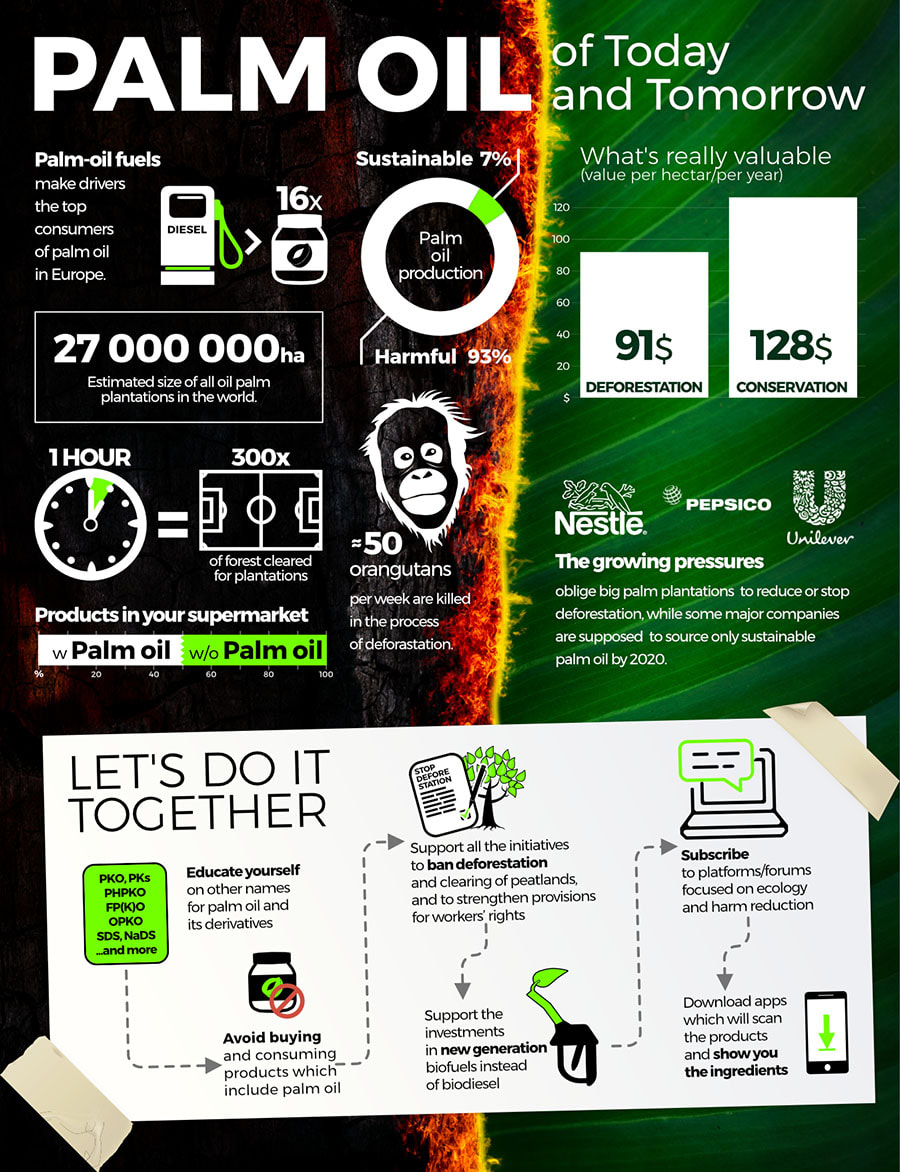 We must take a stand against environmental degradation and thus lessen gender inequality. It all starts with you – and the 7.53 billion who inhabit this planet. All is not lost but may well be if we do not take swift action and guide others to do the same.
3/16/2019 The BAWAH ANAMBAS FOUNDATION Wants to help conserve and expand the biodiversity of the Anambas ArchipelagoRead Now Located just a few hours from Singapore, the Bawah Anambas Foundation, which is part of the Bawah Reserve, focuses its conservation efforts on the whole Anambas Archipelago. This region, which is part of the Coral Triangle, includes more than 250 islands across seven sub-districts with 45,000 inhabitants. Eighty percent of the locals living in this area rely on the ocean for their livelihood, which consists of an average income equivalent to USD 150–350 per month per household. The Anambas has outstanding marine biodiversity, some say 10 times more diverse than Australia’s Great Barrier Reef. It has tremendous potential as an eco-marine tourism destination. Reefs are easily accessible with typically clear, warm, and sheltered waters providing ideal snorkelling and scuba diving options. “When we built Bawah Reserve, it was very important that we follow a sustainable operational plan and give back to the local community, the land and the sea,” says Tim Hartnoll, owner of Bawah Reserve. In April 2018, a few months after Bawah Reserve first opened its doors, the Bawah Anambas Foundation was established to rehabilitate and conserve the bio-diversity of marine and terrestrial life around the island of Bawah and the larger Anambas Archipelago, as well as help boost the local community welfare. The foundation encourages the locals to reduce their reliance on the ocean by teaching them organic farming and providing them with free English lessons through digital media. The programme also consists of educating the locals on waste disposal management, so that they stop polluting the sea. Rodial Hudha, a native Anambas who used to work as a kitchen staff in Bawah Reserve and is currently a Programme Assistant of the Bawah Anambas Foundation shares, “I grew up in Kiabu. Back then, I thought fishing by throwing dynamite off a jetty, dumping rubbish into the ocean or onto the street, building new roads by clearing up mangrove forests, and building houses without septic tanks were all normal. Little did I know that all those actions could damage the fragile environment we live in." “From day one, our plans have been created with sustainability and the environment in mind,” says Hartnoll. Curiosity brought him sailing to Bawah Island many years ago and the beauty of the area captivated him. When the opportunity came to develop Bawah into a resort, he swore he would preserve it and keep it as pure and beautiful as it was the very first time he set eyes on it. Jerry Winata, the Head of the Bawah Anambas Foundation says "you can’t talk about conservation to hungry people". Based on findings during his stay in a few of the villages around Anambas, he has identified a series of programmes and activities to assist and complement what has already been initiated by the local government. The projects include: coral and turtle conservation; reforestation; organic farming; digital English club; and solid waste management. These programmes are to be implemented in the villages of Talaga, Kiabu, and Mengkait, which are the poorest and farthest from Tarempa, the capital of the Anambas Islands. Those aforementioned projects are critical to ensure the improvement and protection of the ecosystem in the area. The marine and forest conservation programmes are to restore coral and forest conditions, while securing the availability of fish for the fishermen to catch sustainably. The organic farming programme is to provide new crop alternatives that are climate change resilient and good for the livelihood of the locals. English lessons will give many new opportunities to work in the tourism sector. Solid waste management, which is extremely urgent to put into action, will not only keep the ocean and the villages clean, but will also change the locals’ habit of littering and damaging the environment. If managed properly, Winata believes it won't be long before Anambas becomes one of Indonesia’s major eco-friendly tourism attractions. To contact the Bawah Anambas Foundation please email them at this address: [email protected] Check out their website: www.bawahanambas.org Connect with them on Instagram: @bawahanambasfoundation 16 March 2019, Singapore The world’s largest grassroots movement for the environment returns to Singapore with an electrifying festival of music, food and culture. Earth Hour 2019 will bring together communities for environmental change, by highlighting the impact of individual actions on nature. Organised by one of HER Planet Earth's Charity Partners, the World Wide Fund for Nature (WWF), the three-day festival features nature-themed experiences that highlight the rapid loss of nature and its impact. Through workshops and activities, Earth Hour aims to reach thousands in Singapore to be conscious citizens that make sustainable choices on a daily basis. The highlight of the festival is a countdown concert on 30 March. Featuring some of Singapore’s biggest local and international acts, the concert will count down to the symbolic Earth Hour lights out that takes place in 180 countries and territories around the globe. Driving home the sustainability message, Earth Hour will be carbon neutral, zero waste and feature sustainable solutions for large-scale events. These solutions include eliminating disposables, the use of reusable containers and bags, and a physical set up created from recycled wooden pallets that can be dismantled and reused. EVENT DETAILS: Dates: 29 - 31 March 2019 (Fri - Sun) Time: 5pm - 10pm (Fri), 10am - 10pm (Sat & Sun) Location: Marina Bay Sands Event Plaza Tickets: Free admission (excludes workshops and classes) Website: wwf.sg/earthhour. PROGRAMME OVERVIEW: • Friday, March 29 (5-10pm): An evening of chill and easy vibes featuring local artists, sustainable workshops and more • Saturday, March 30 (10am-10pm): Kickstart your weekend with our Earth Hour Concert and countdown to lights out at 8.30pm • Sunday, March 31 (10am-10pm): A day of family-friendly activities for parents and children Earth Hour 2019 is supported by the following partners: Buro, Collective Minds, ES Power, Kiss92 FM, FitSphere, LIDL Singapore, Love Nature, Marina Bay Sands, Samsonite, Sky Premium, Starhub, Takashimaya, The Fashion Pulpit, Wing Tai Retail and XCEL & Triple Eyelid. About Earth Hour
Earth Hour is WWF's global environmental movement. Born in Sydney in 2007, Earth Hour has grown to become the world's largest grassroots movement for the environment, inspiring individuals, communities, businesses and organizations in more than 180 countries and territories to take tangible climate action for over a decade. More recently, Earth Hour has focused on raising awareness and inspiring conversations on why nature matters. The movement recognizes the role of individuals in creating solutions to the planet’s most pressing environmental challenges and harnesses the collective power of its millions of supporters to build a sustainable future for all. About WWF-Singapore WWF is one of the world’s largest and most respected independent conservation organisations. Our mission is to stop the degradation of the earth’s natural environment and to build a future in which humans live in harmony with nature. WWF-Singapore helps protect Singapore’s essential needs through the actions of individuals, businesses and governments in the region. To meet key conservation goals, we address issues such as deforestation, haze pollution, food security, sustainable consumption and illegal wildlife trade. wwf.sg Singapore, March 9, 2019 On 6 April 2019, HER Planet Earth will host a one of a kind Vietnamese-themed charity event entitled THE LOST WORLD, on the rooftop of Singapore's Indochine Supertree Restaurant. Nestled at the heart of the iconic Gardens by the Bay, next to Marina Bay Sands, the alfresco bar, which sits 50 metres above ground, offers stunning 360-degree views of the Singapore skyline. On this occasion, the HER Planet Earth team, recently returned from a pioneering expedition to Son Doong Cave in Vietnam, will share stories and anecdotes from the crossing and exploration of the largest cave in the world. The cave’s proportions are said to be extraordinary. Its main chamber is the largest in the world by volume, measuring approximately nine kilometres, and peaks out at 200m high and 150m wide. It is so large that it could house an entire New York City block or even allow a 747 to fly through its main passage. Many believe Son Doong cave to be a masterpiece of nature with awe-inspiring landscapes, enormous stalagmites and statuesque stalactites, hanging from the ceiling and rising from the ground like alien species. The team's week-long journey was an adventure from start to finish, requiring them to use ropes to climb into the entrance of the cave, as well as to exit and climb out via the Great Wall of Vietnam, a calcite wall totalling 90m in height. Talented international photographer and Regional Manager of Green Monday, Sandra Lim, will exhibit some of her beautiful limited edition prints from Son Doong cave, which will be auctioned off on the night.
Singaporean extreme sportsman Thaddeus Lawrence - known for successfully completing the 4 Desert Races, a total of 1,000 kilometres through the hottest, coldest, windiest and driest deserts on earth, will share stories from his experience accompanying this team of intrepid women on a unique journey to the depths of the world. All proceeds from the event will go to UN Women Vietnam. Vietnam is among 10 countries most affected by climate change and disasters, according to Global Climate Risk Index 2015. Due to their gender-defined roles in society and increasing “feminisation” of the agriculture as men move to the cities for better jobs, Vietnamese women are more likely to carry the heaviest burdens and suffer the most from environmental degradation. The team is fundraising for projects focused on the economic empowerment of women in rural areas of Vietnam, ultimately helping them transform their livelihoods to be resilient to climate change. "While climate change is a global phenomenon, its impact is not spread across a level playing field. Its effects are felt locally, and poor people suffer the most. Among the world’s 1.3 billion people living in poverty, the majority are women. This is why it is vital that we support programmes that empower and educate underprivileged women who are already feeling the brunt of climate change.” said HER Planet Earth Founder, Christine Amour-Levar. Tickets can be purchased on Eventbrite here and cost 50 SGD per person. An entry ticket entitles you to champagne and some delicious Vietnamese canapés and finger food + includes a donation to UN Women Vietnam. The event promises to be a magical sunset cocktail celebration and for a very important and worthy cause. DRESS CODE: Lost World Chic - Jungle and Floral prints encouraged. Event partners include: Fabulation - Event Styling and Interior Design Partner L'Officiel Singapore - Official Media Partner Indochine - Venue and F&B Partner Oxalis - Auction Prize Sponsor Shiseido Asia Pacific - Auction Prize Sponsor and Event Partner Charity partner - UN Women Vietnam FIND OUT MORE HER Planet Earth (HPE) is a global women’s advocacy movement that promotes a deeper connection between women empowerment and the integrity of the environment. The non-profit organisation, which is headquartered in Singapore, aims to inspire more women to become policymakers and agents of change to achieve social and economic equity and a healthy and thriving planet. HPE wants to highlight that while climate change is a global phenomenon, its effects are felt locally, and poor people suffer the most - among the world’s 1.3 billion poor people, the majority are women. HPE organises pioneering, self-funded, expeditions around the world to increase awareness of environmental degradation and raise funds for programmes that empower and educate underprivileged women affected by climate change - ultimately helping them build climate change resilience. The organisation partners with nature lovers, environmentalists, scientists, polar explorers, adventurers, women’s rights advocates, corporates, tech entrepreneurs, feminists and NGOs that have programmes and structures in place dedicated to building a deeper connection between gender equality, genuinely sustainable development and the protection of the environment. www.HERplanetearth.com |
Details
AuthorChristine Amour-Levar Archives
December 2023
Categories
All
|
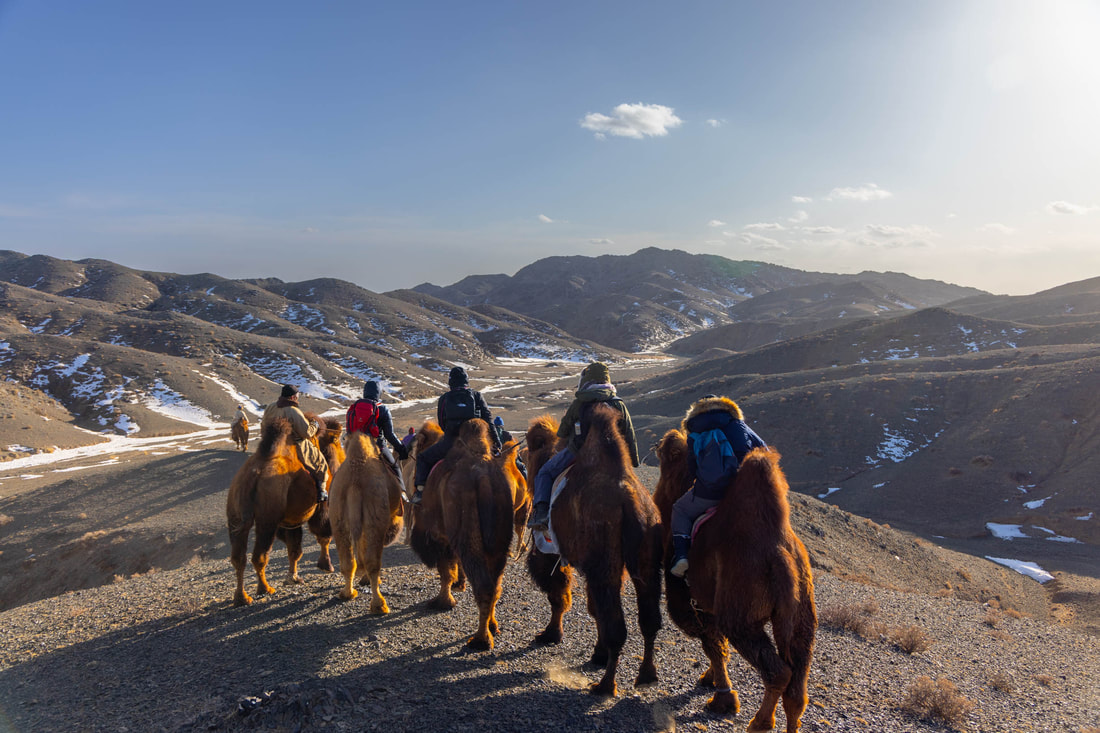
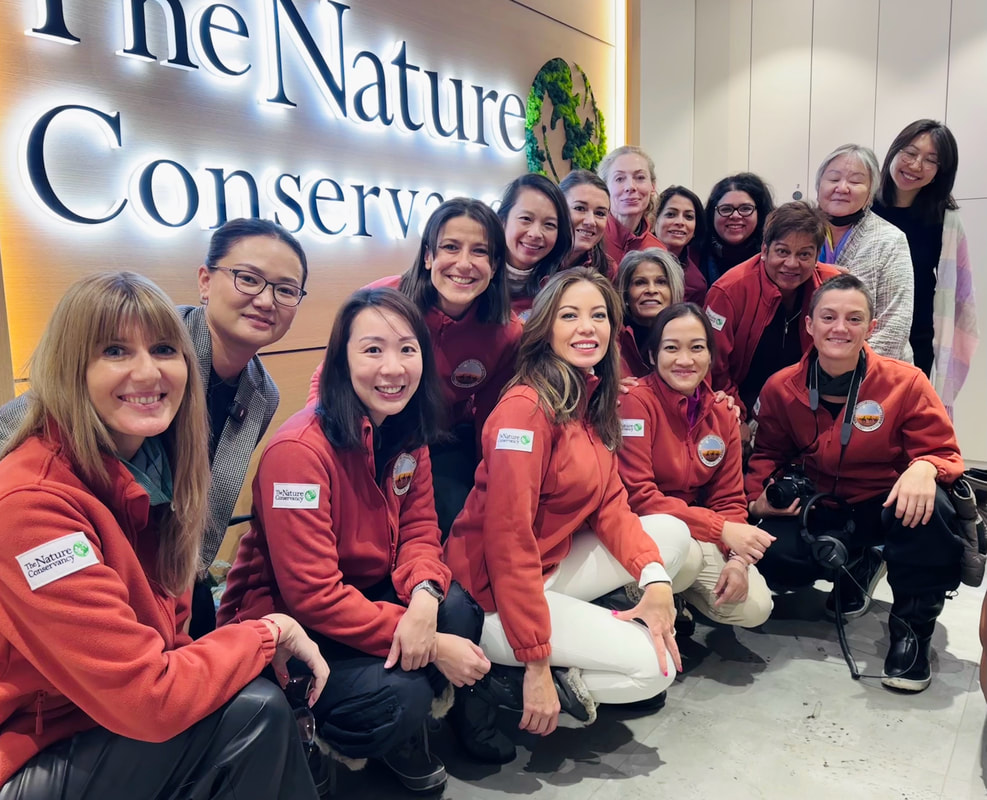
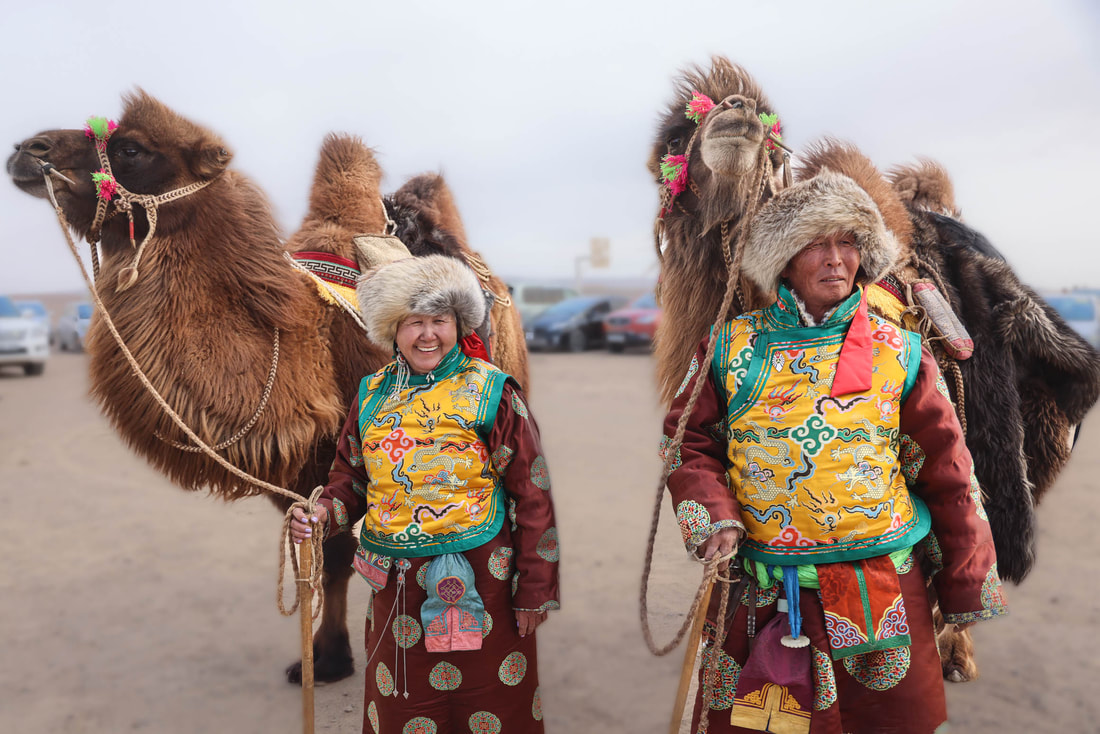
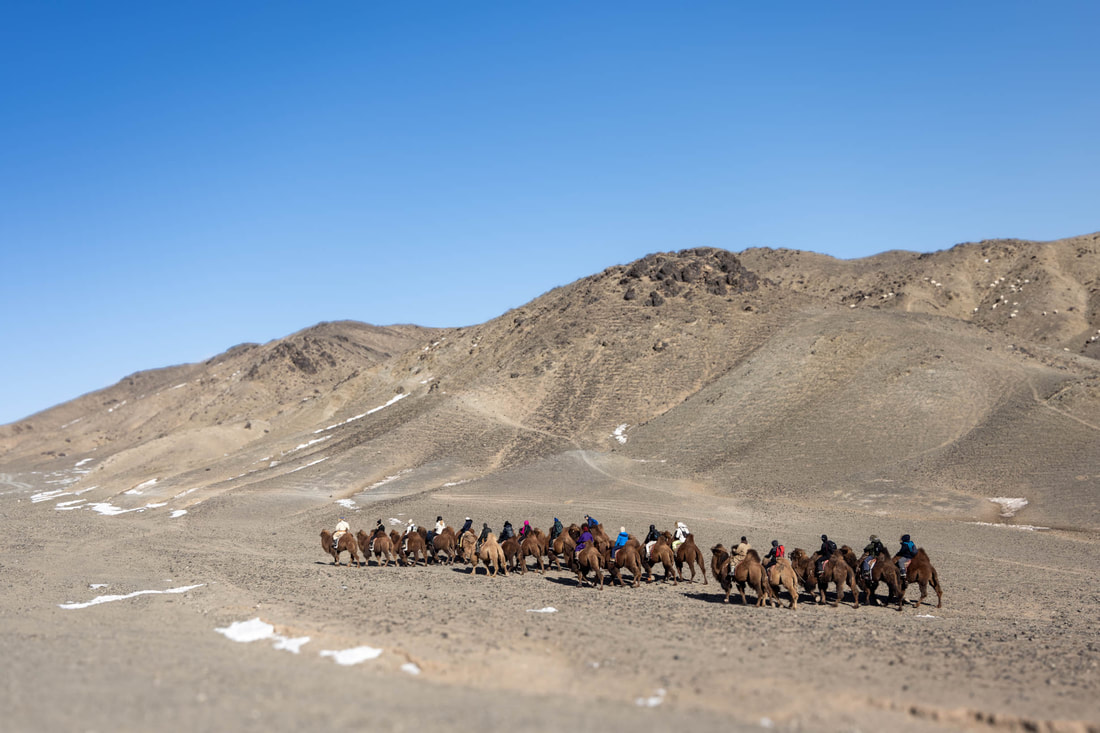
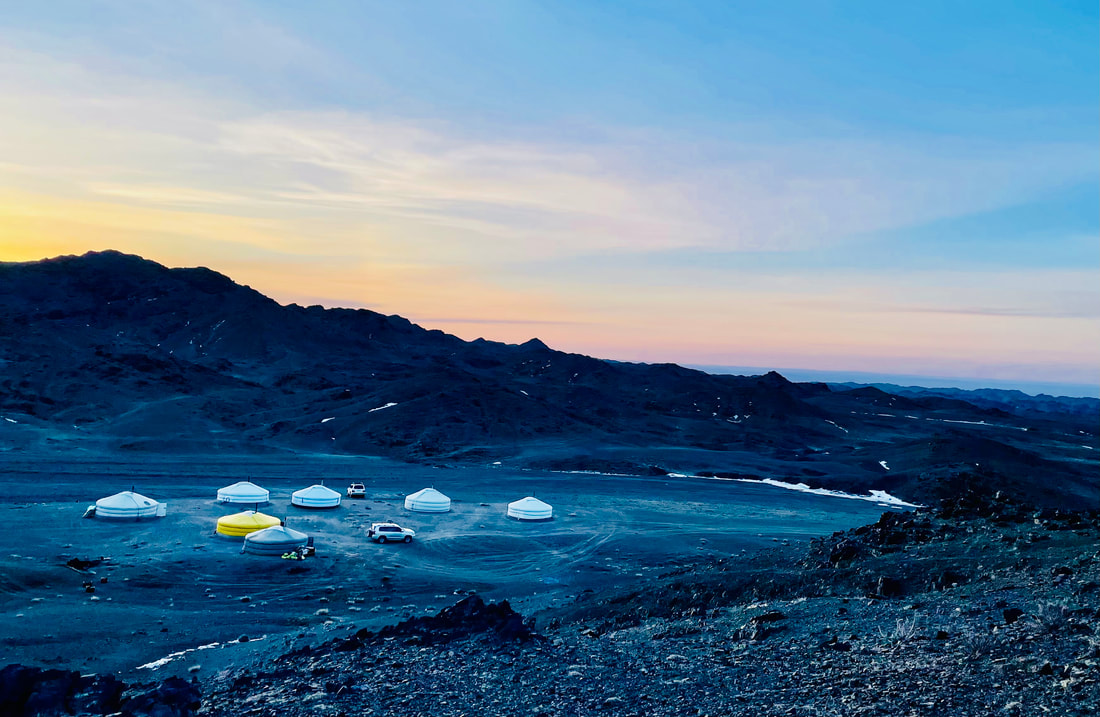
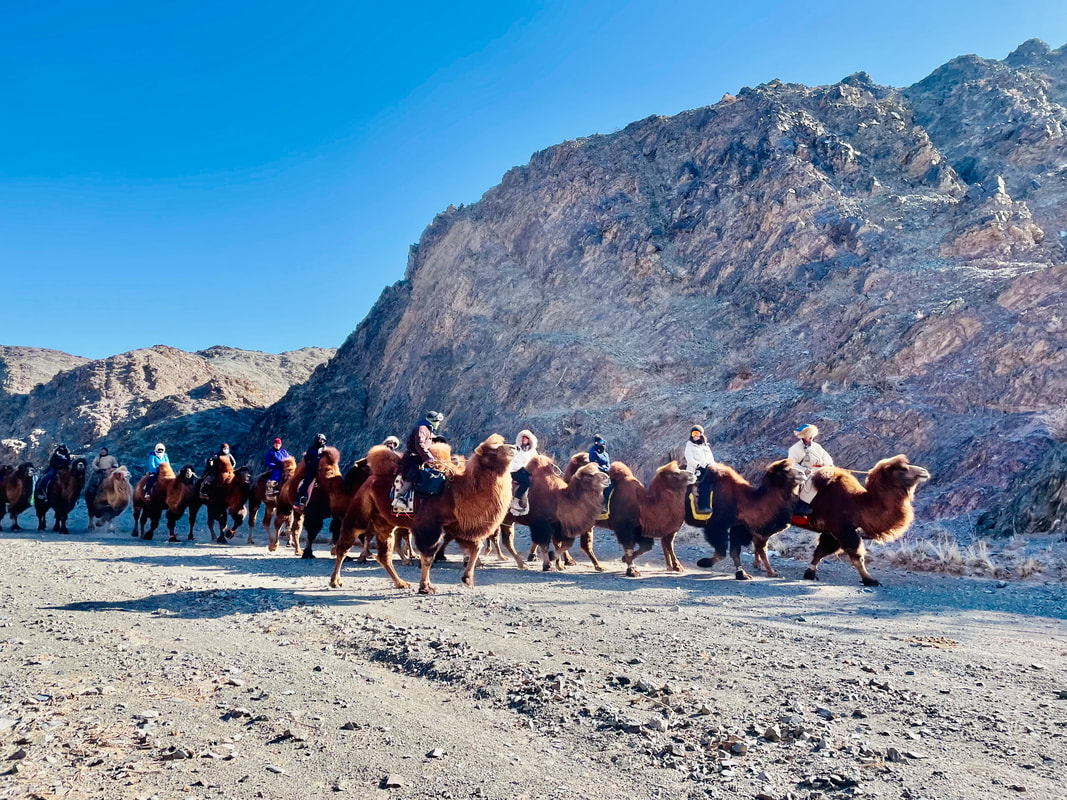
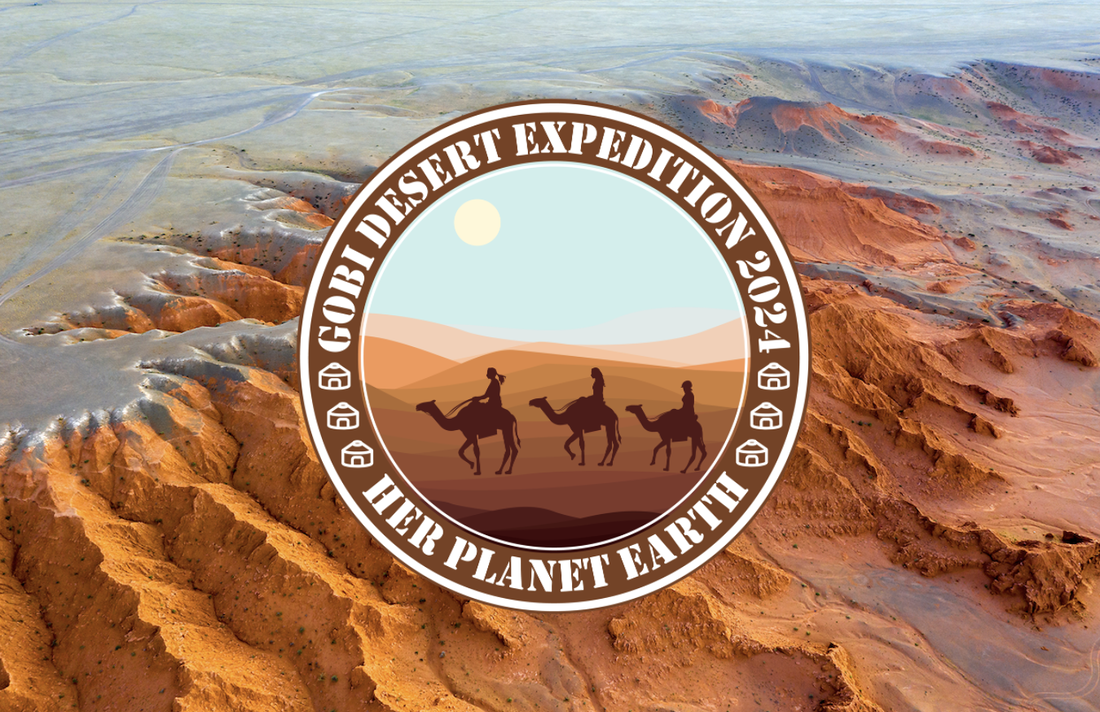
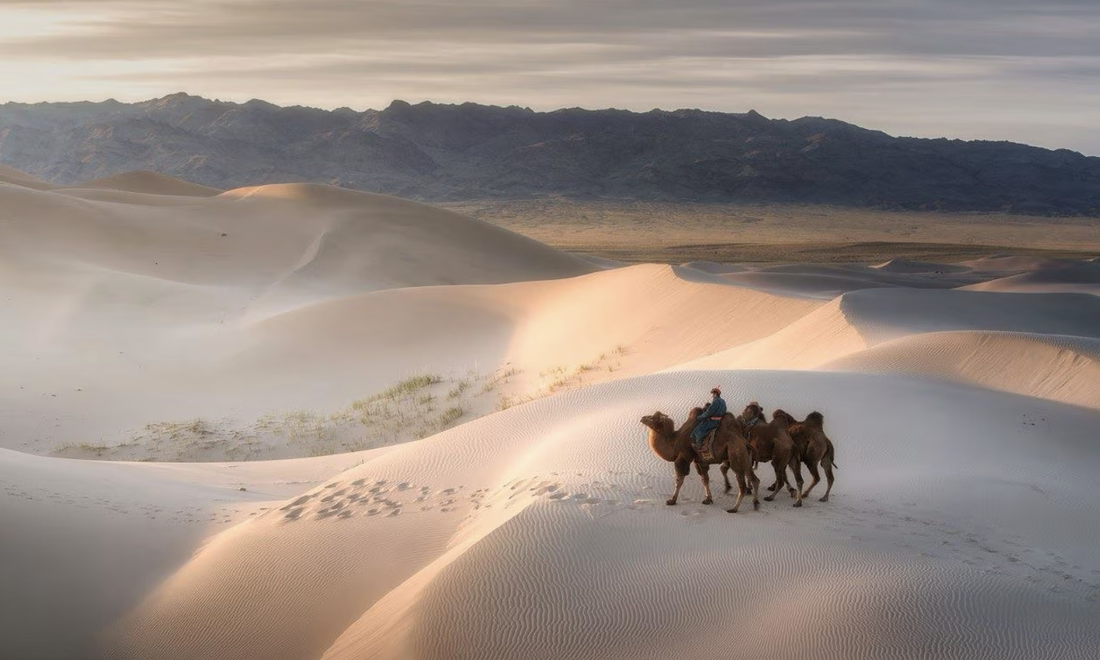
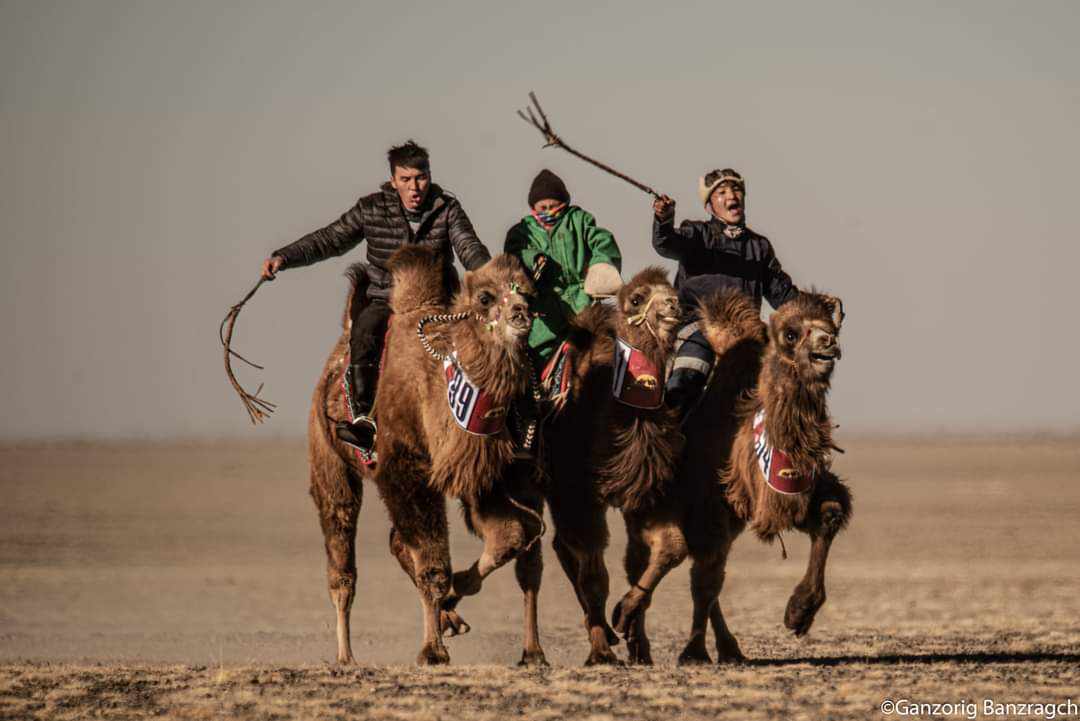
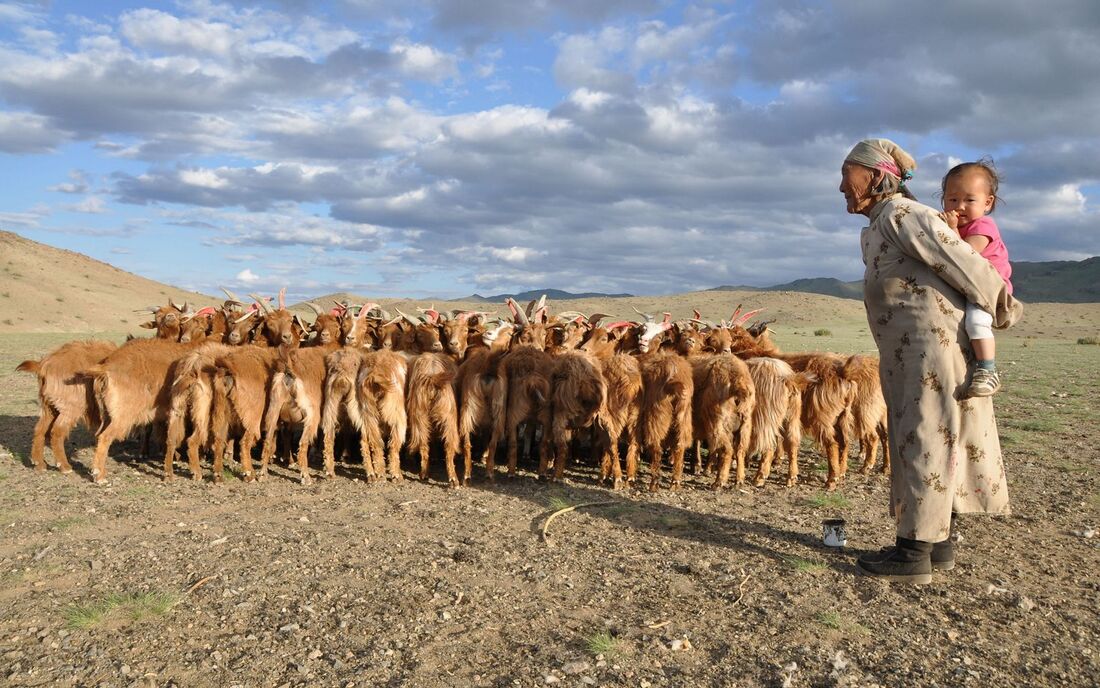
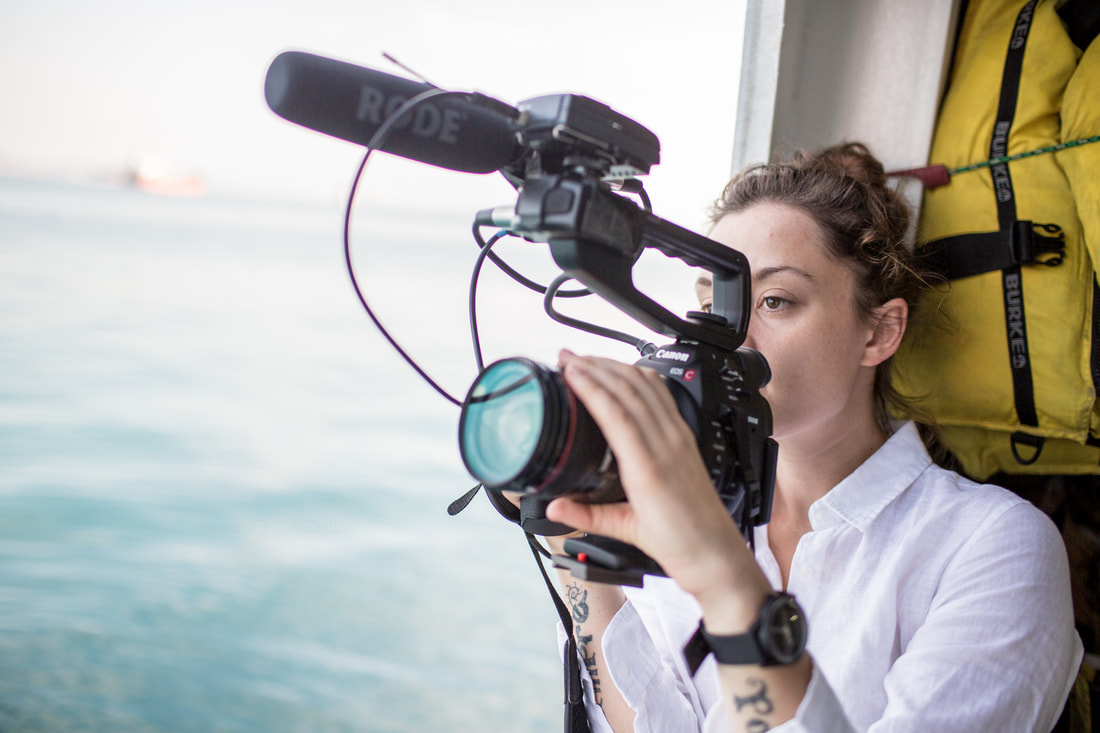
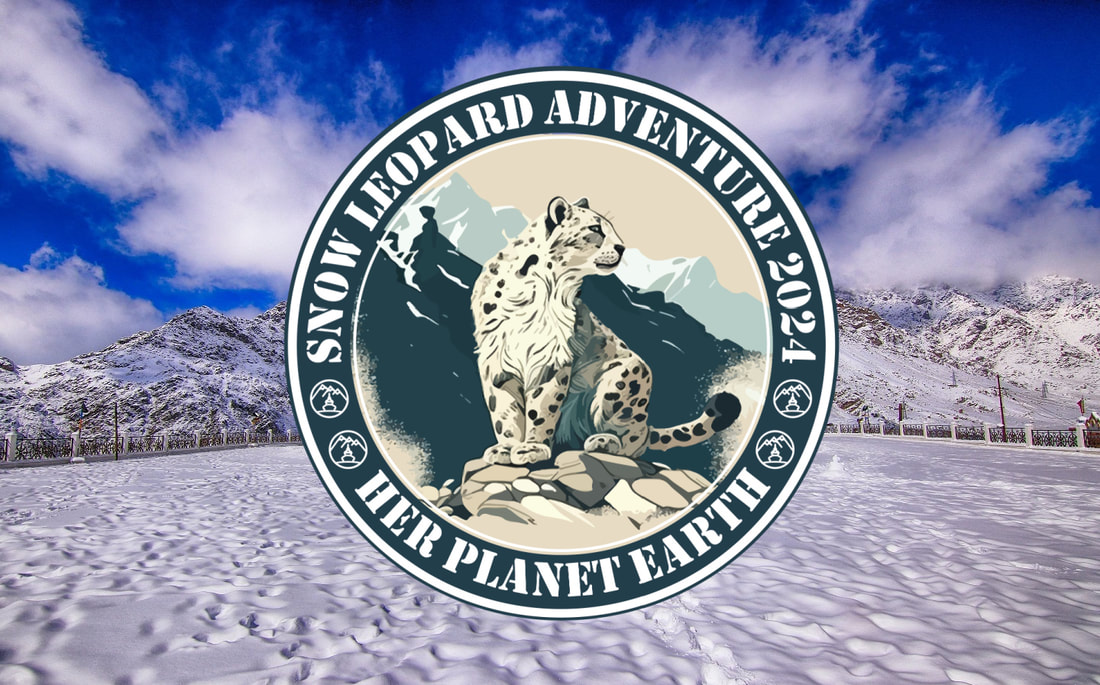
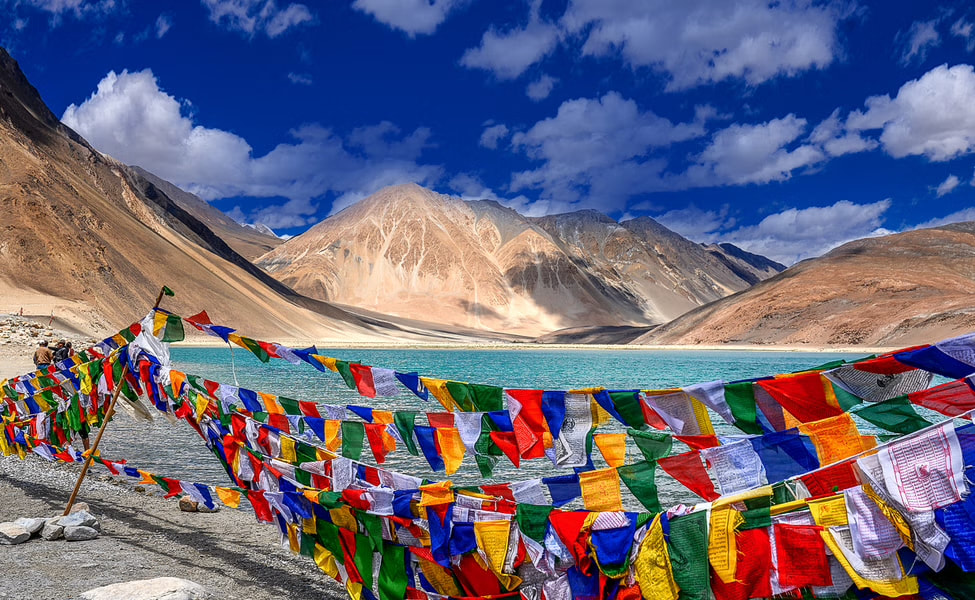
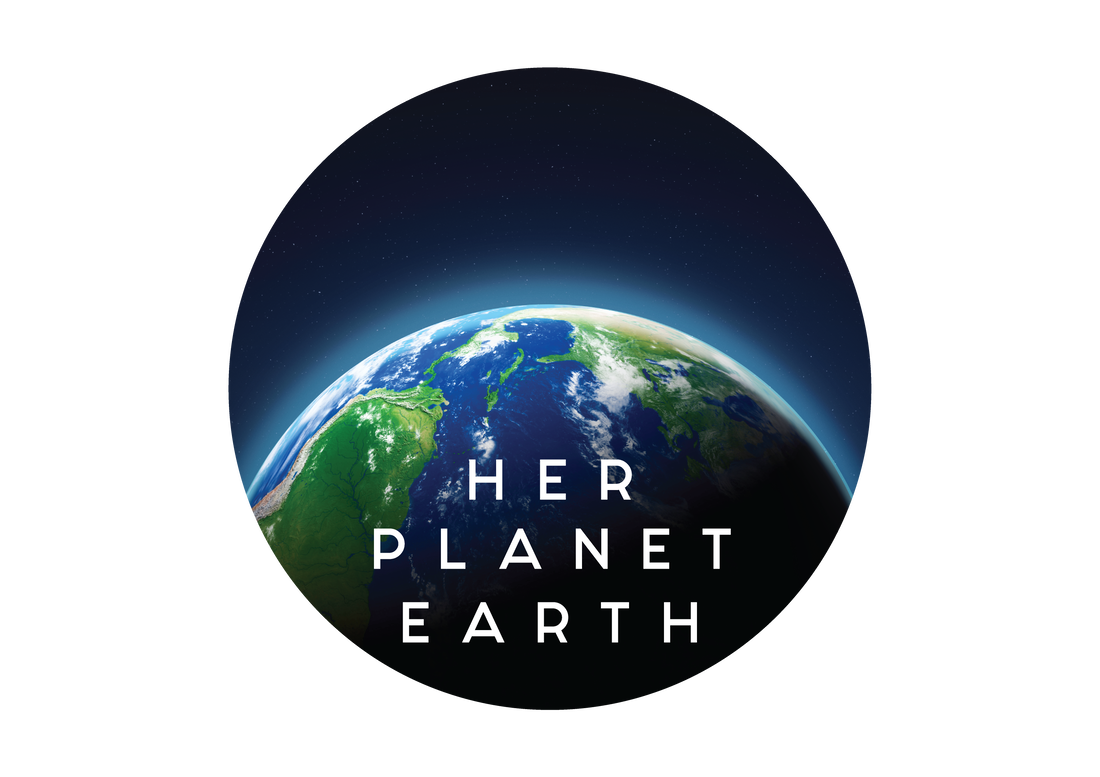
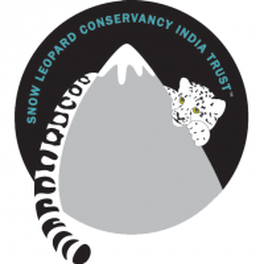
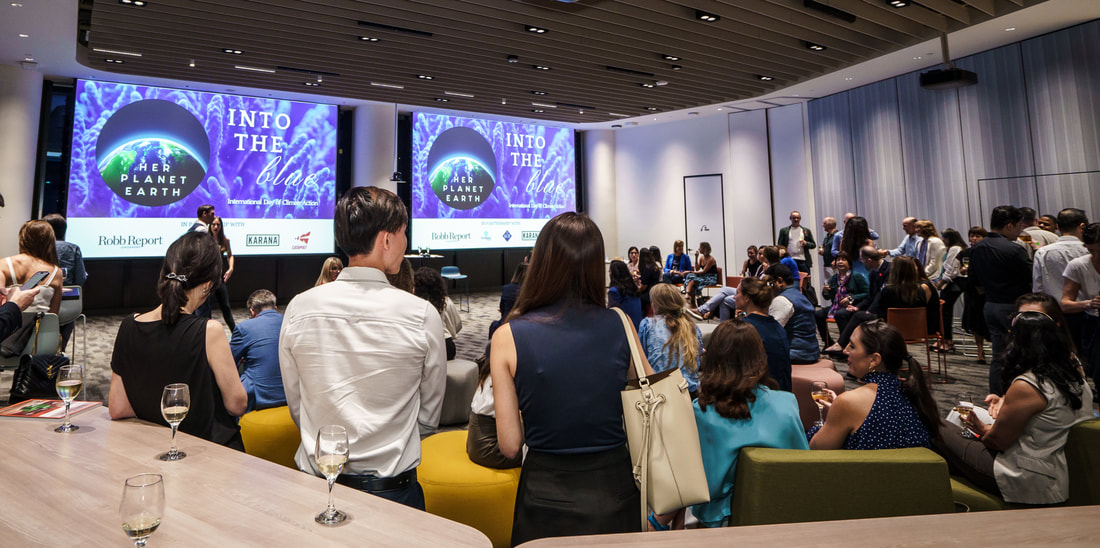
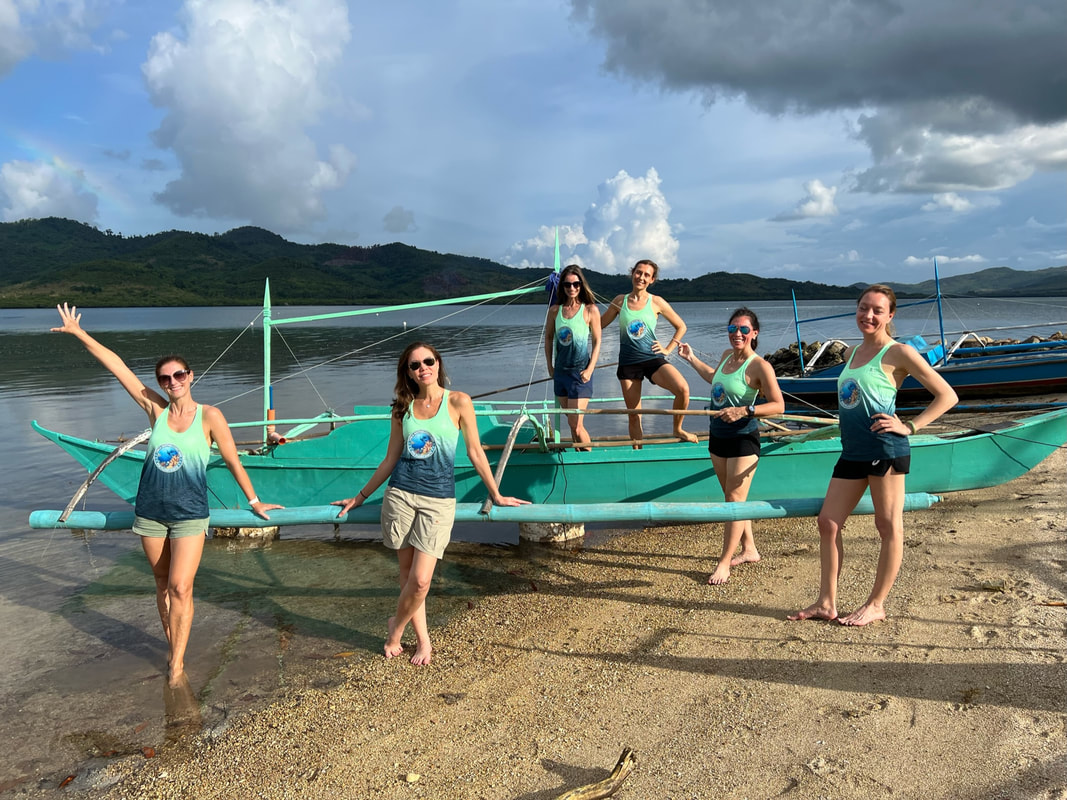
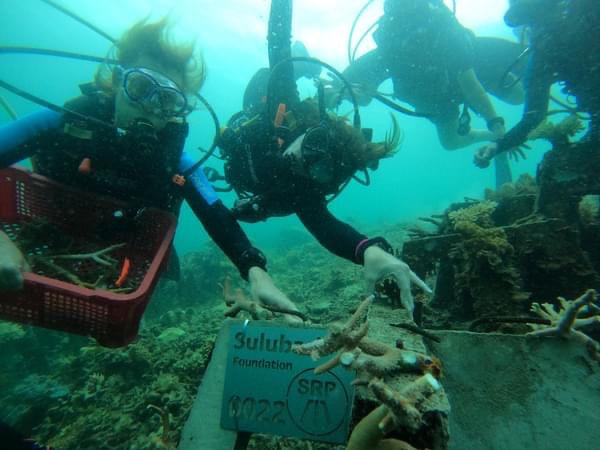
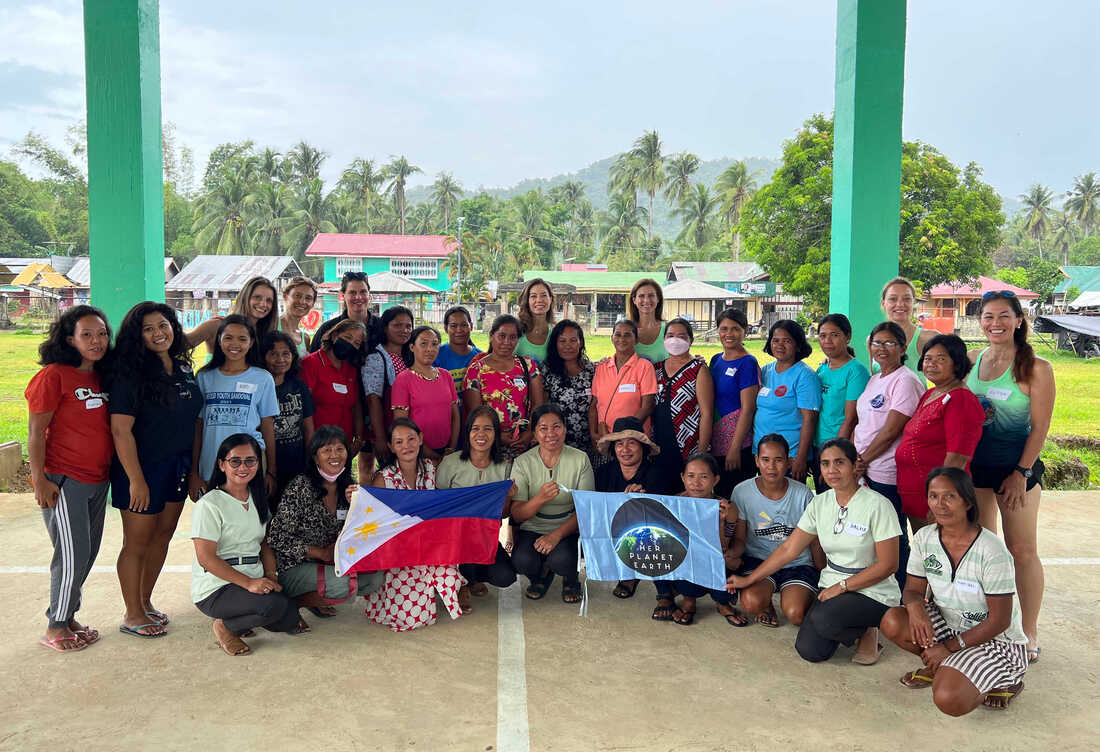

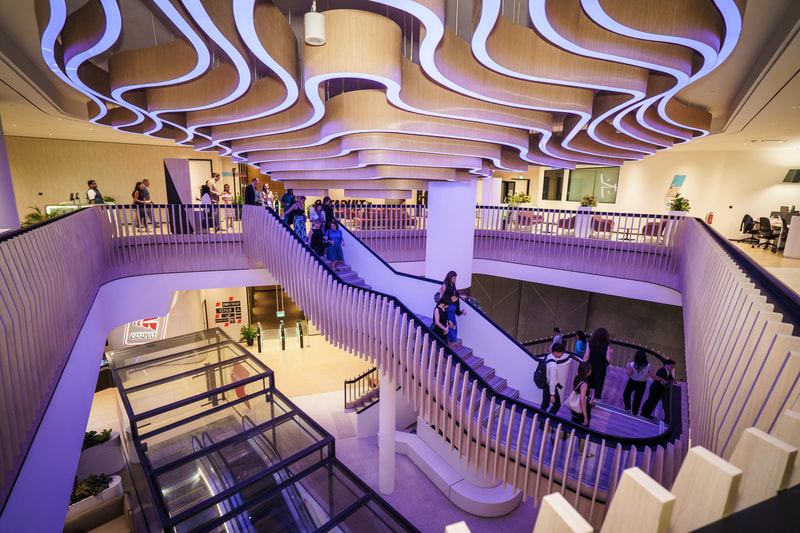
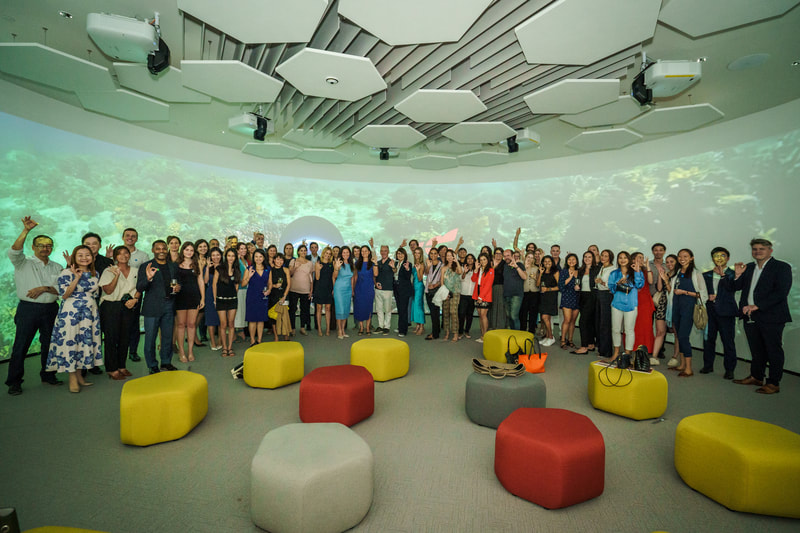
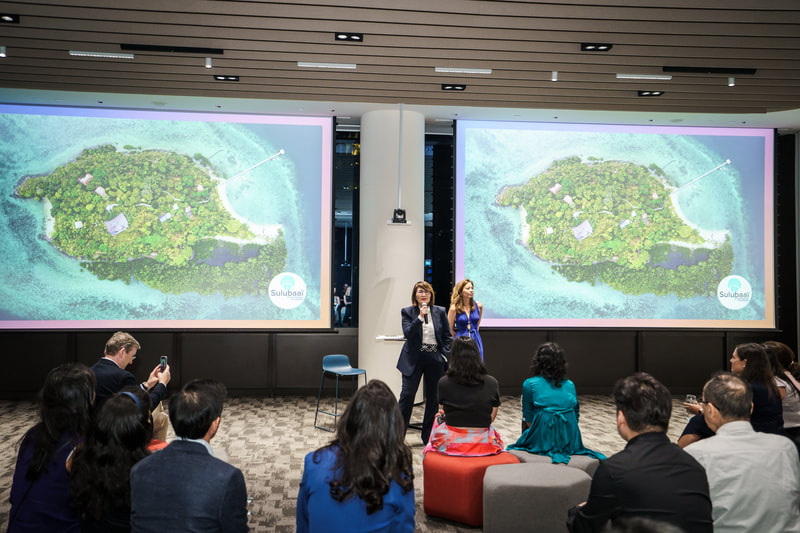
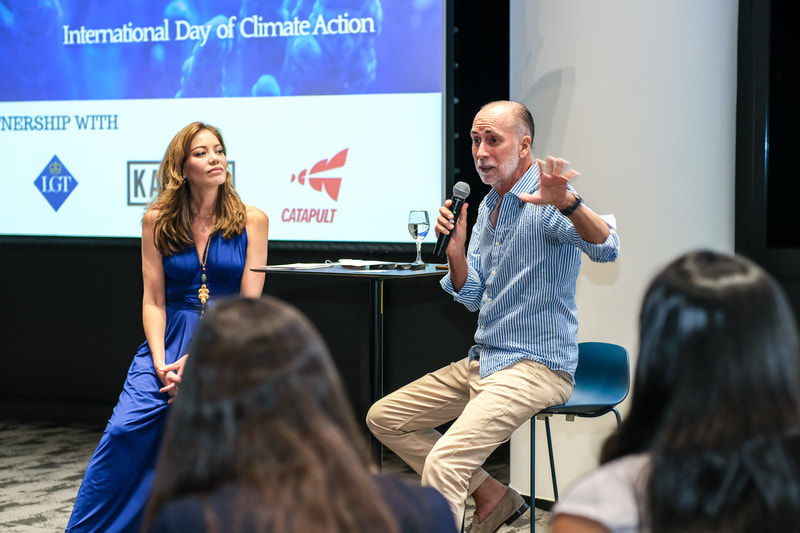

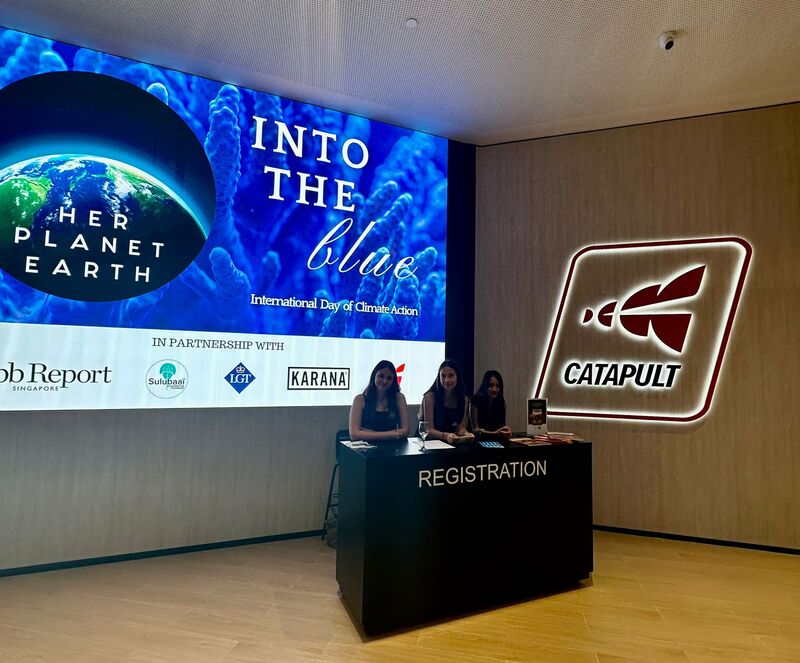
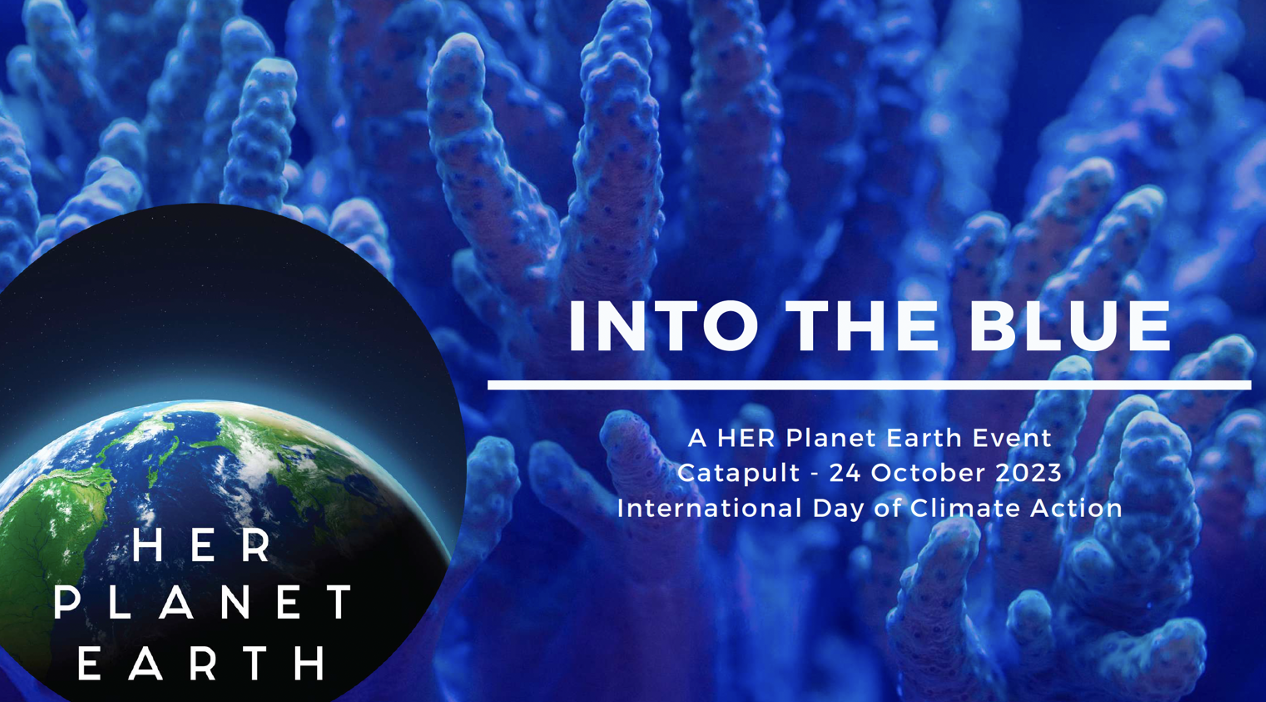
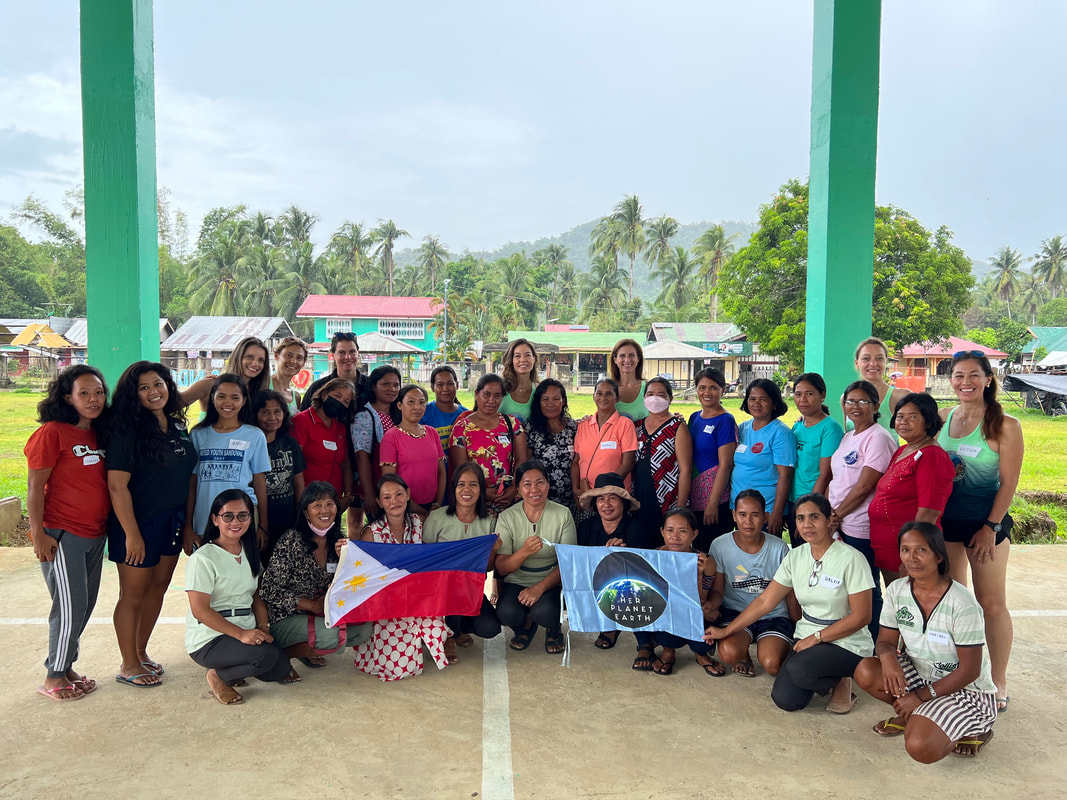
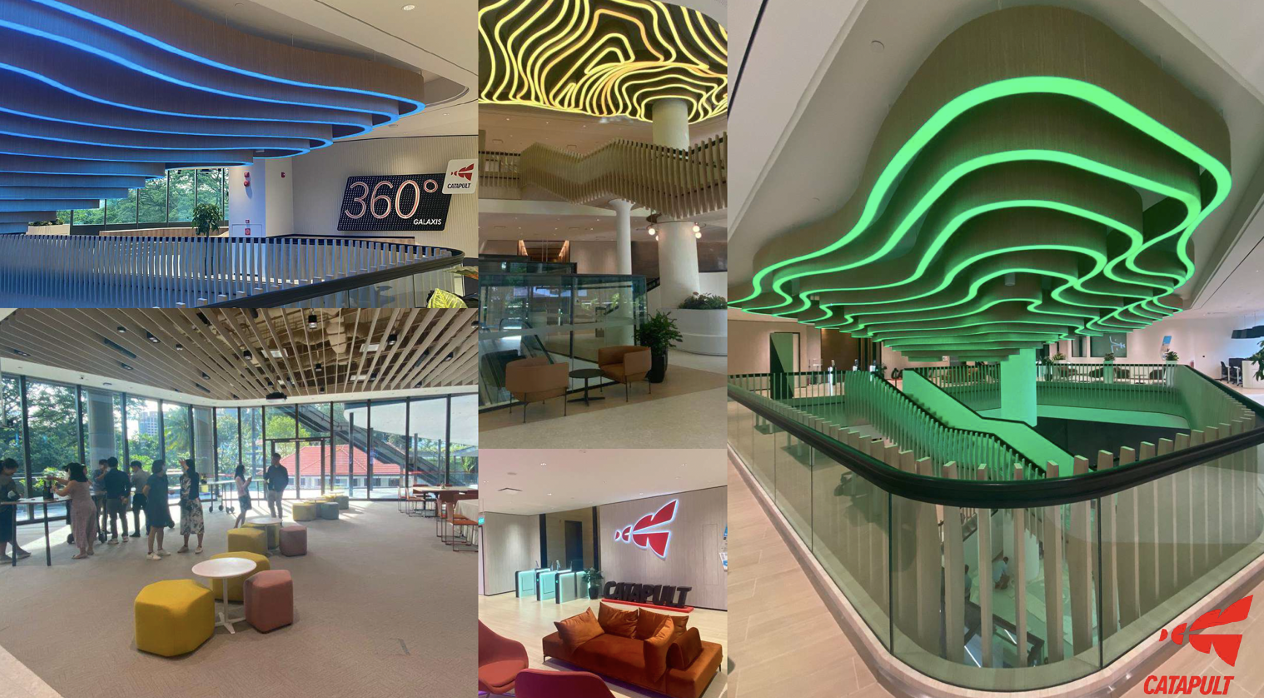

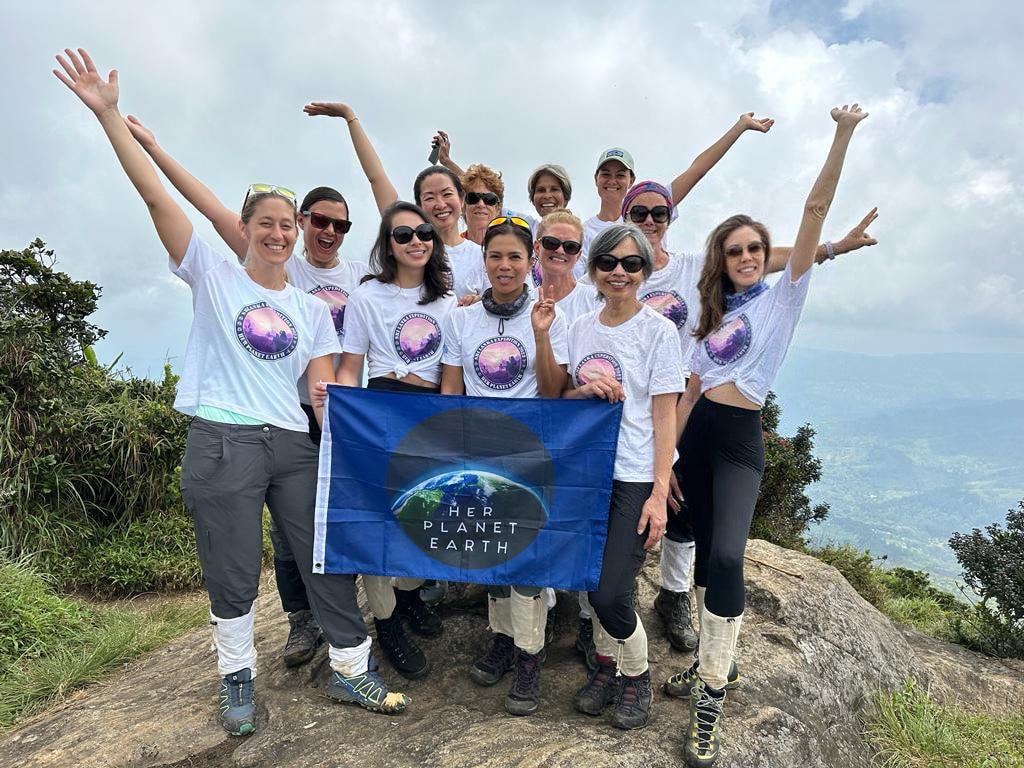









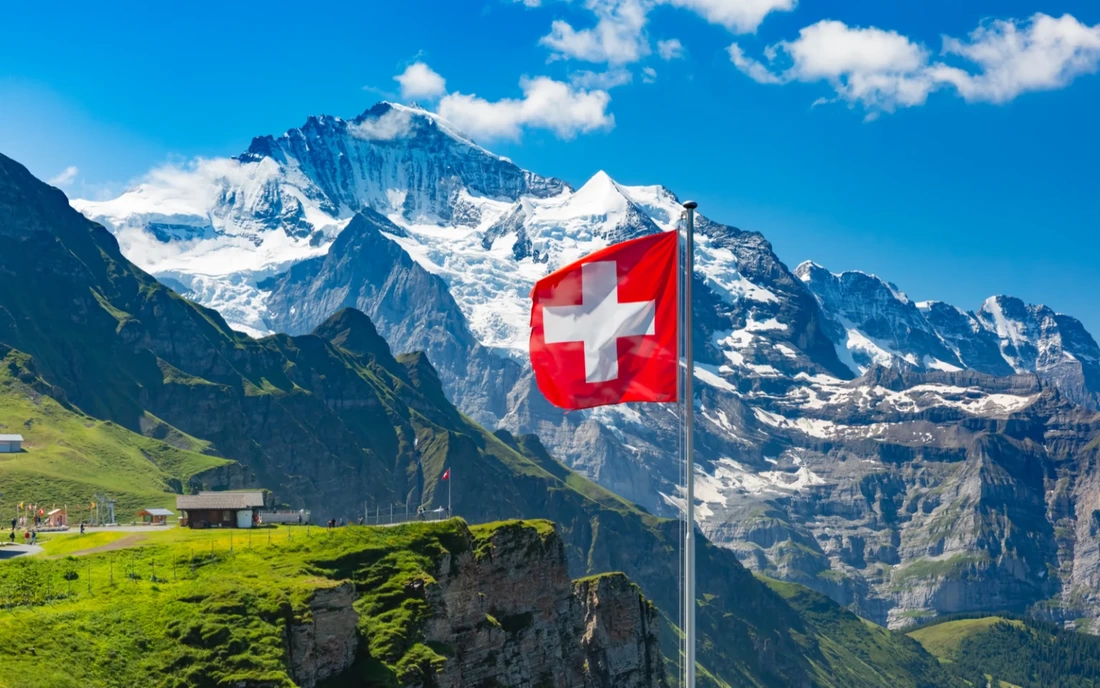
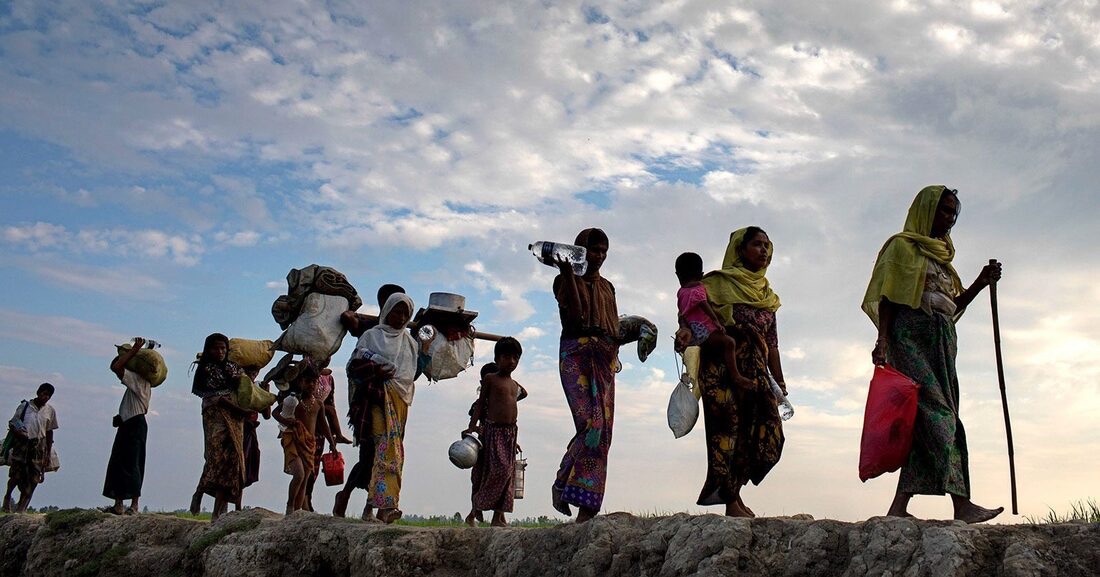
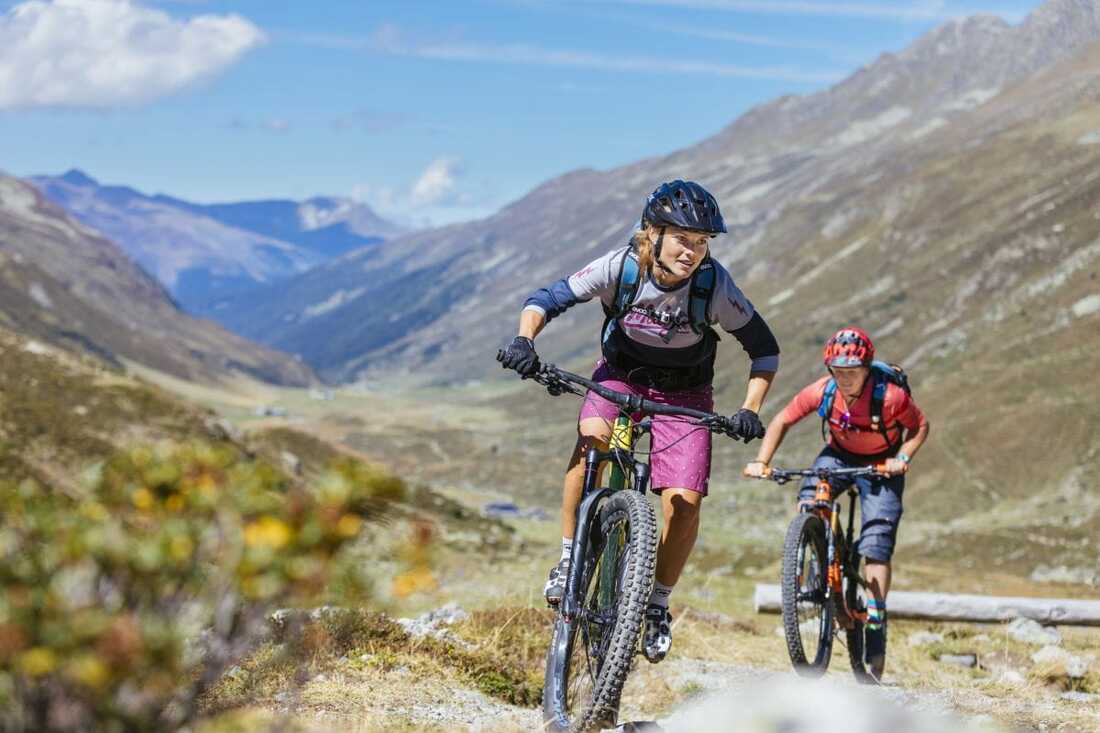
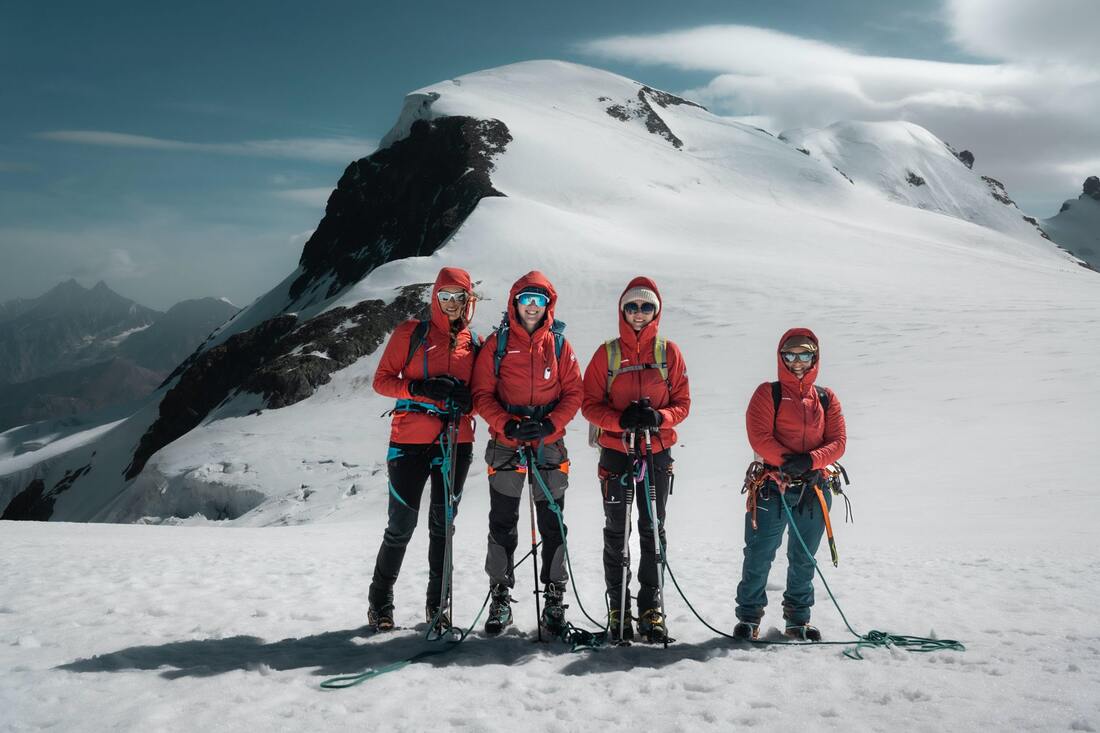

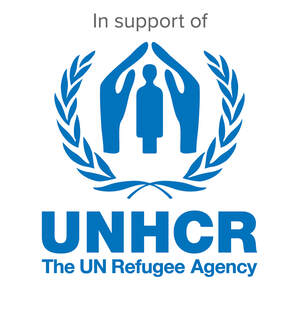
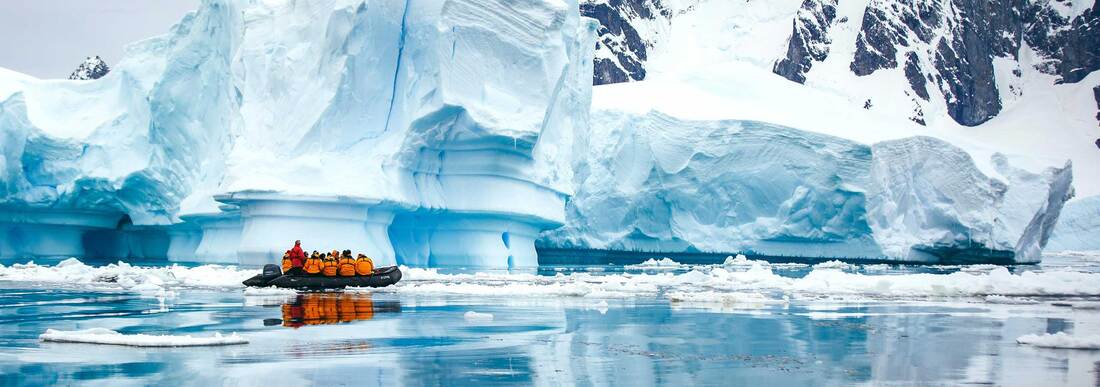
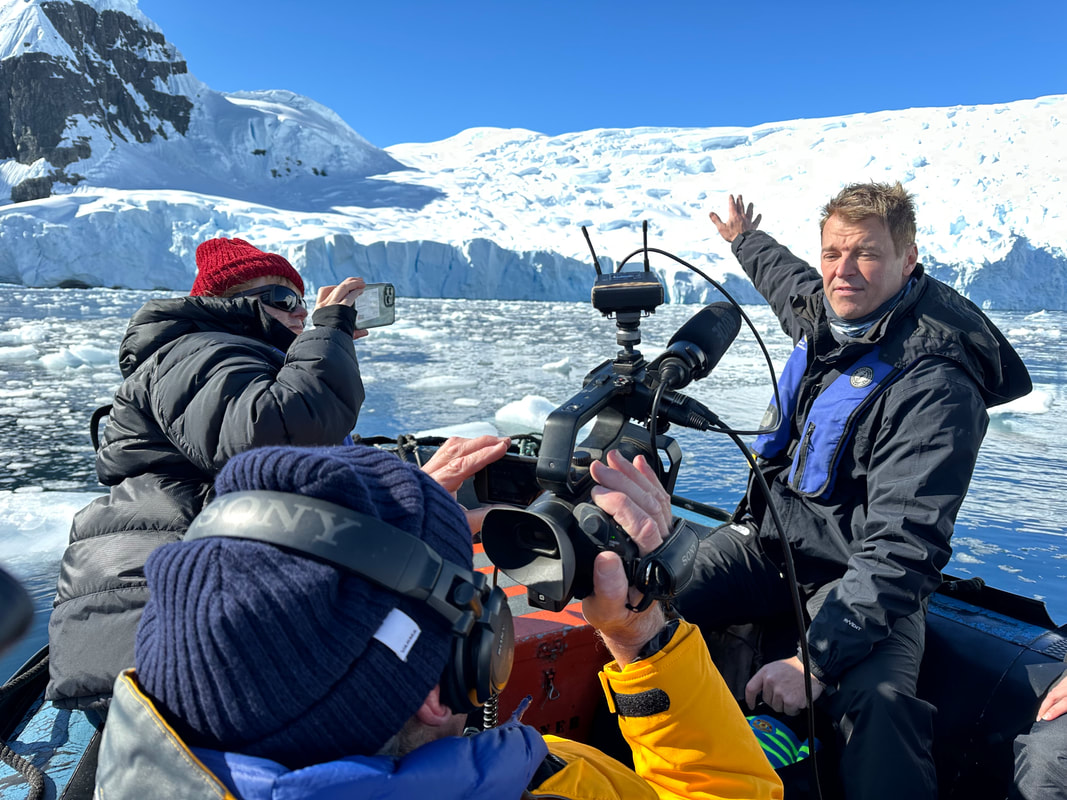
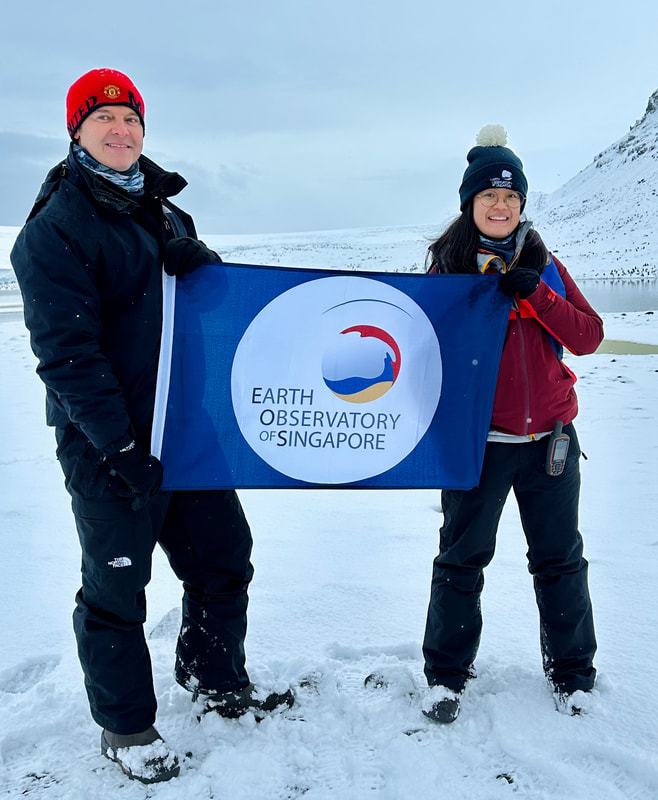
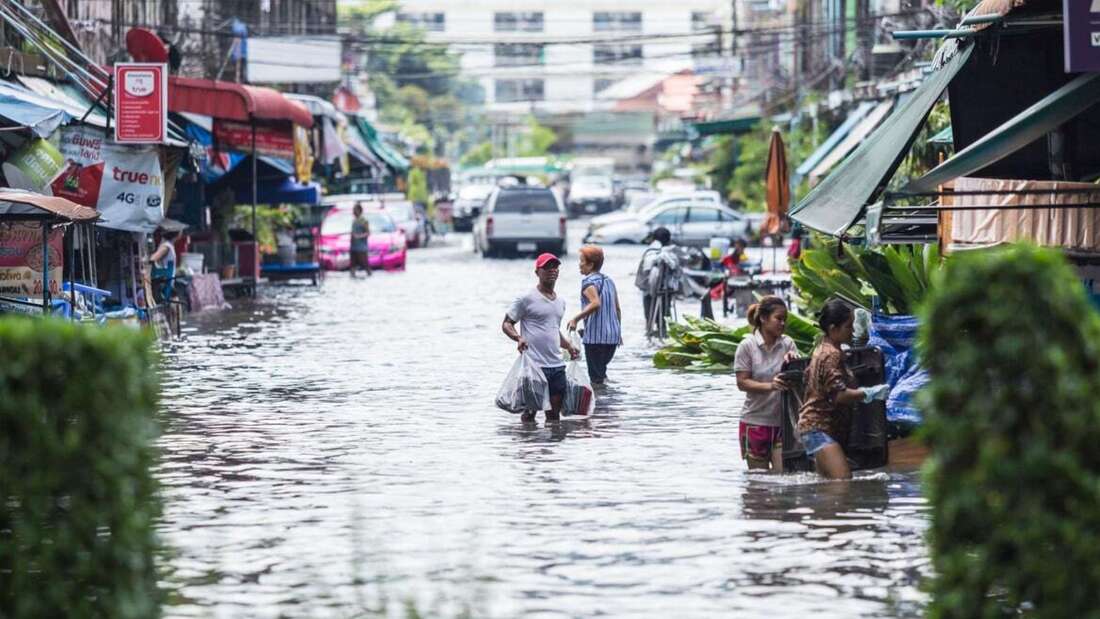
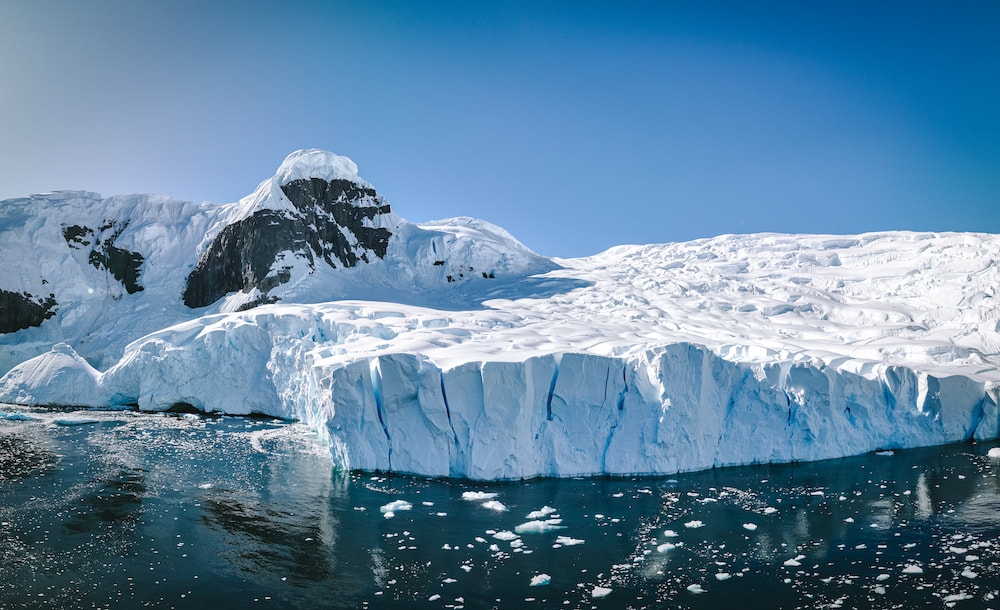
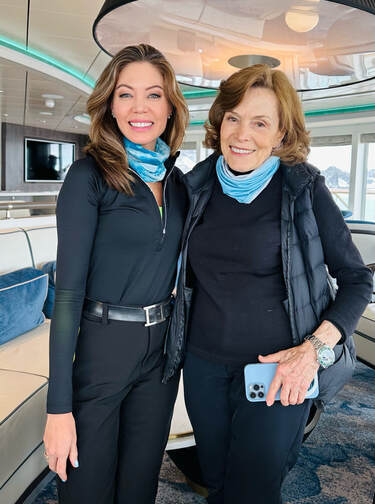
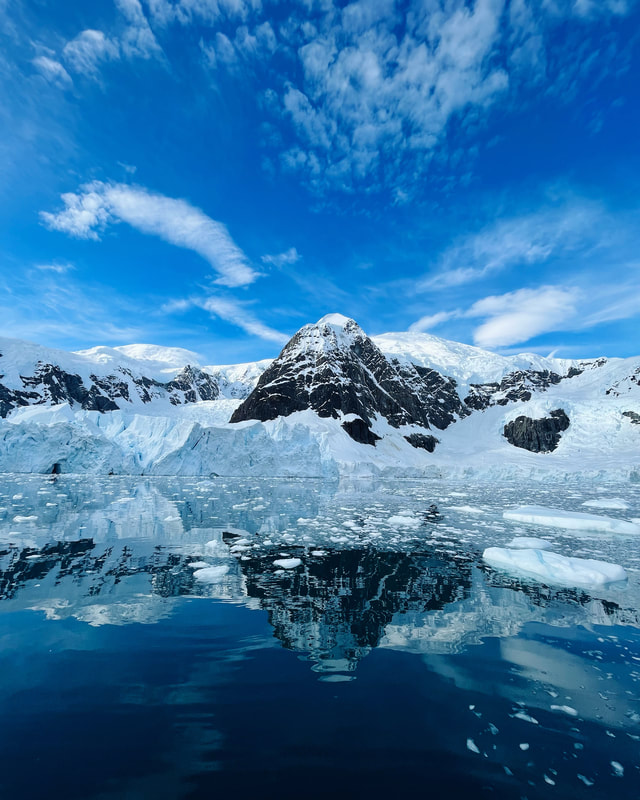
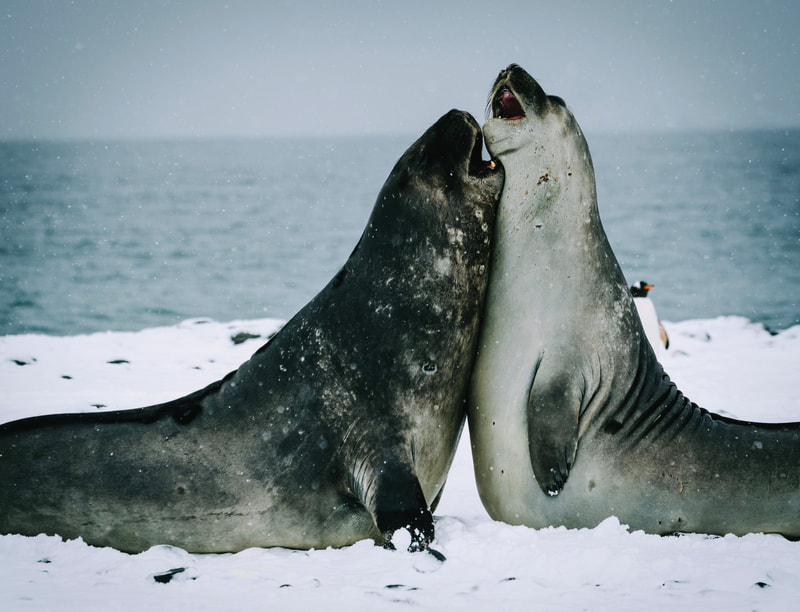
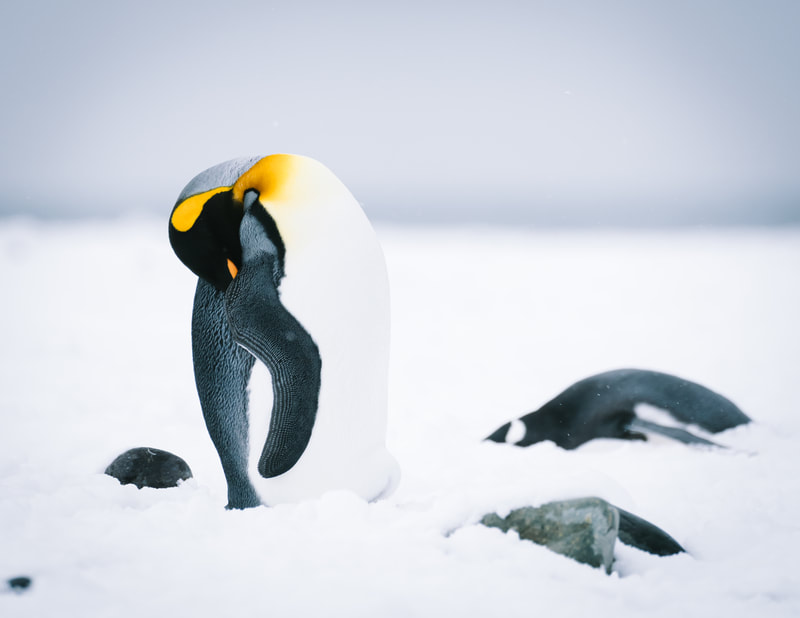

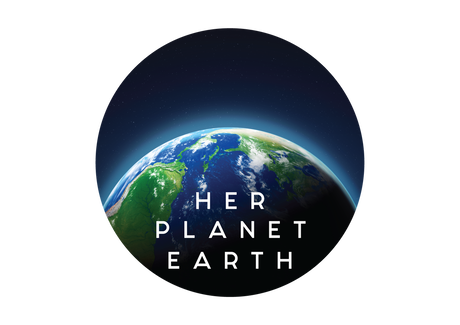
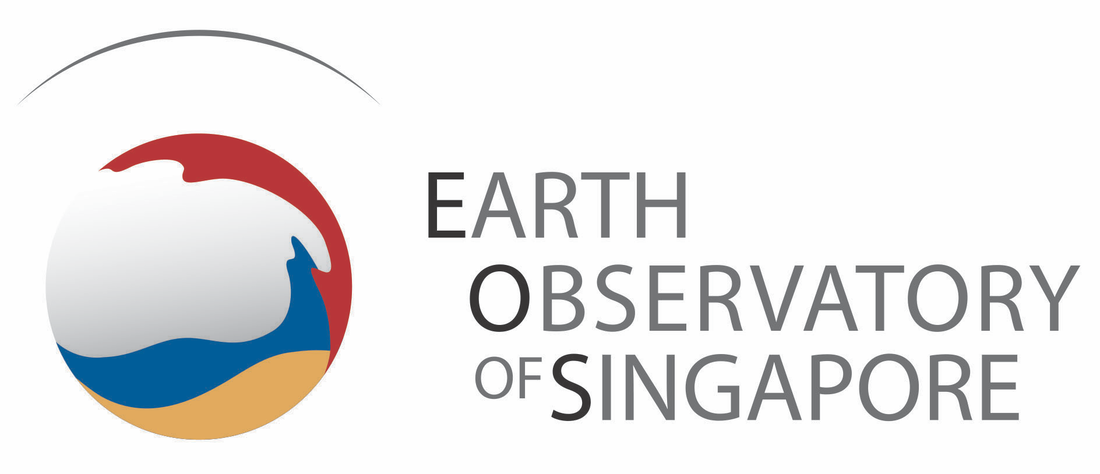
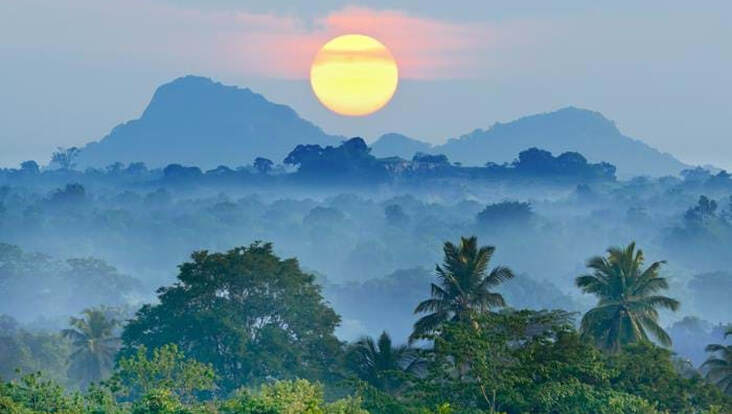
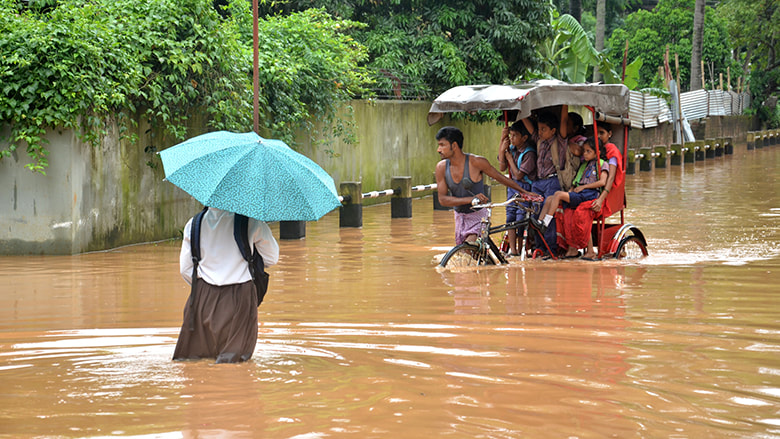
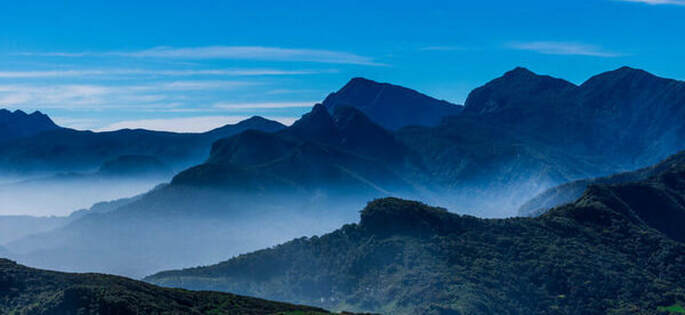
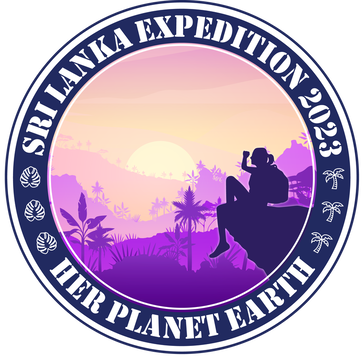








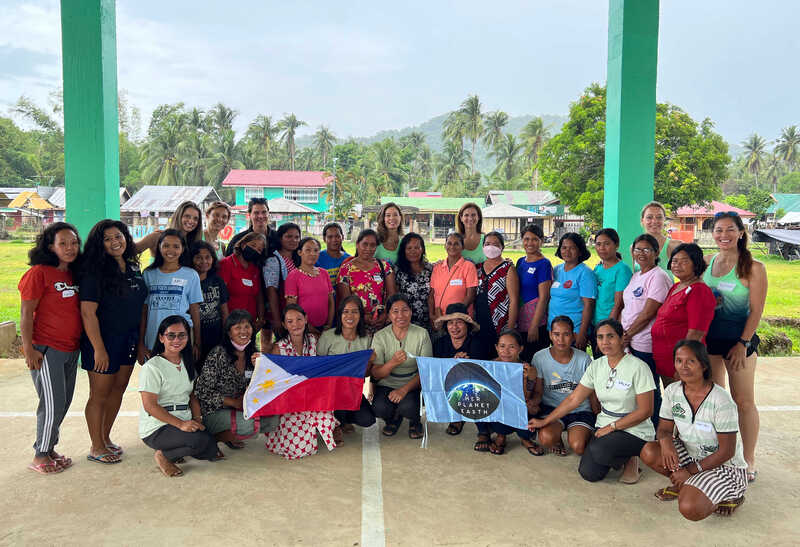
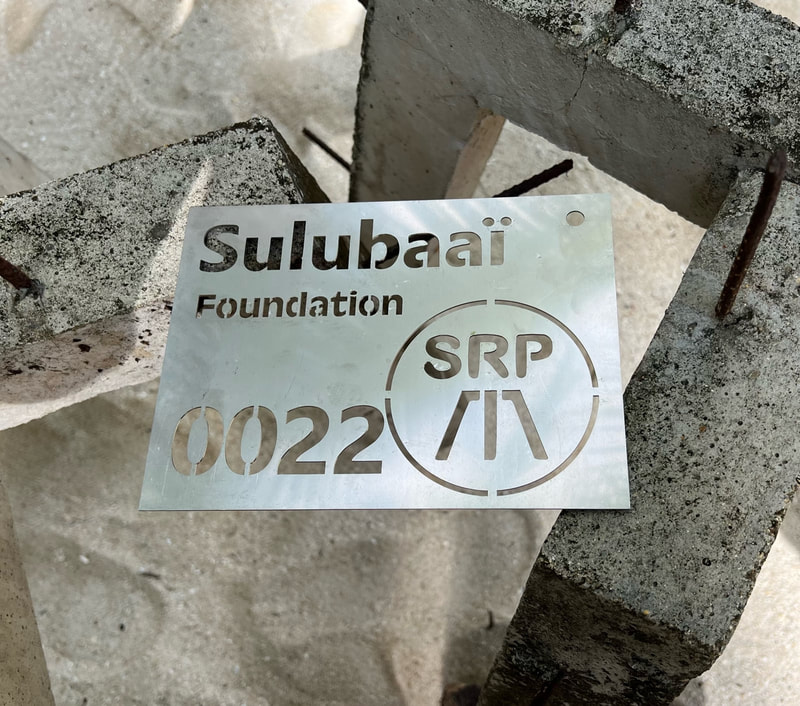
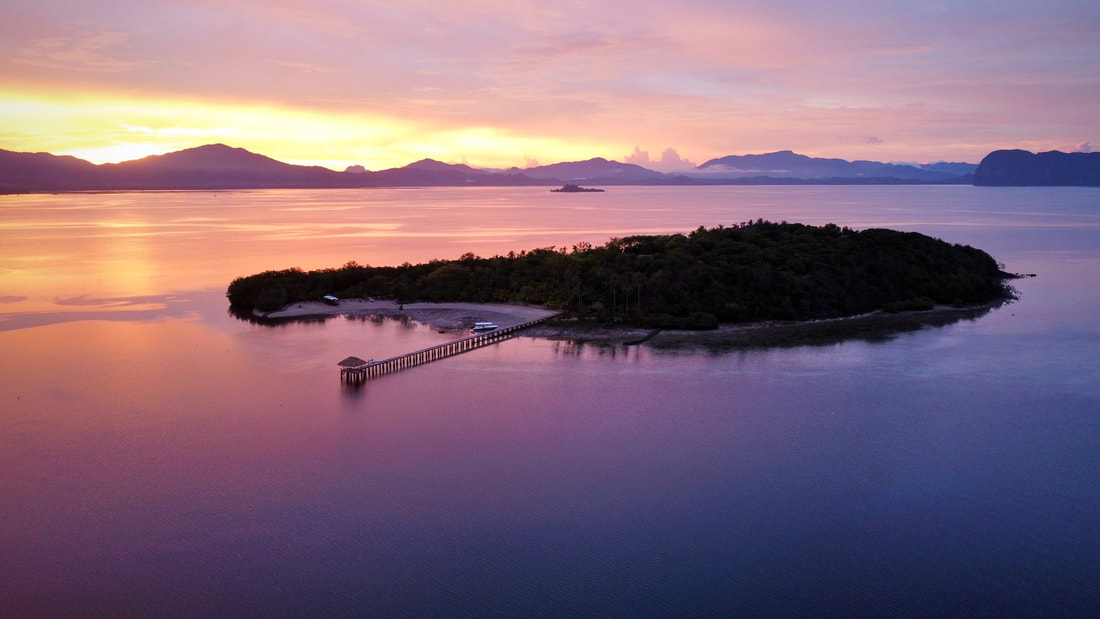
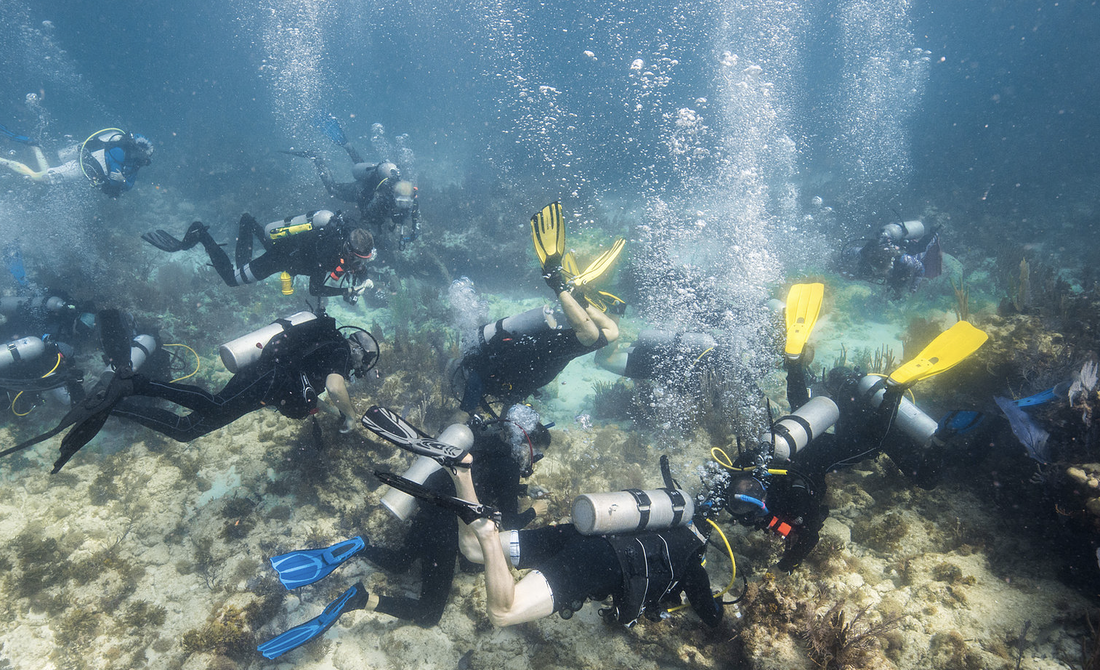
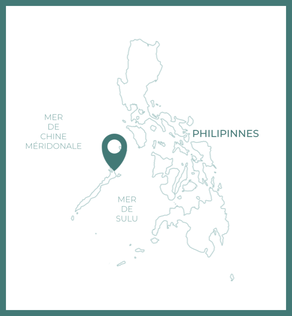
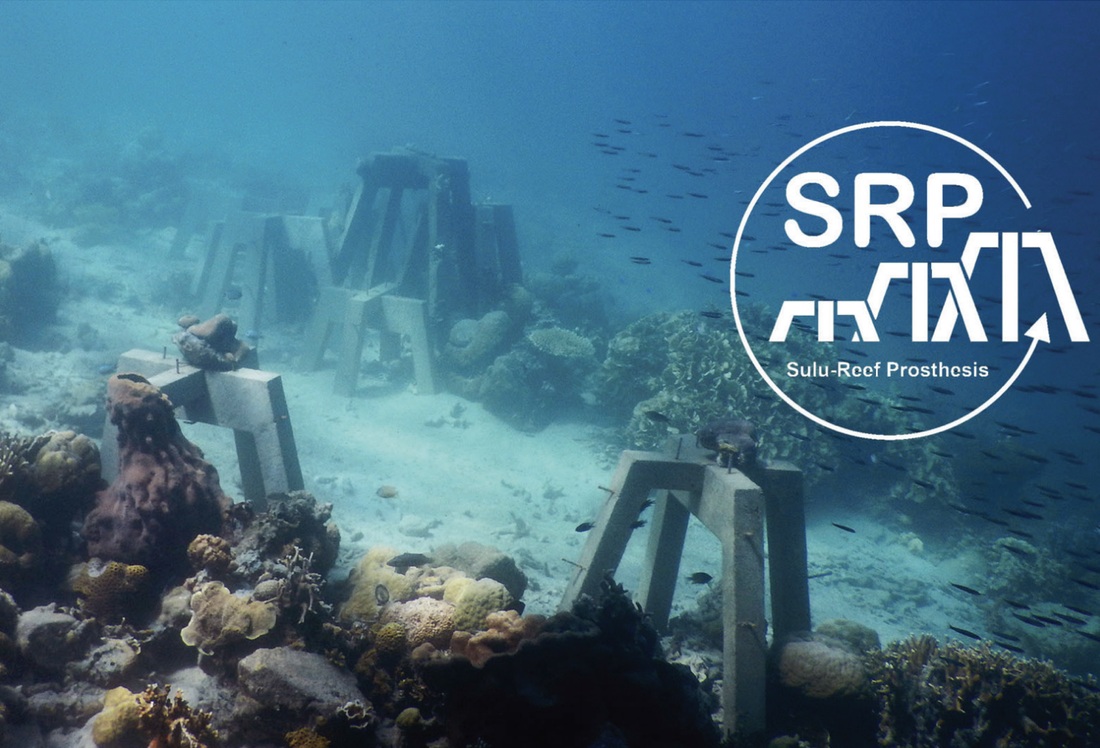
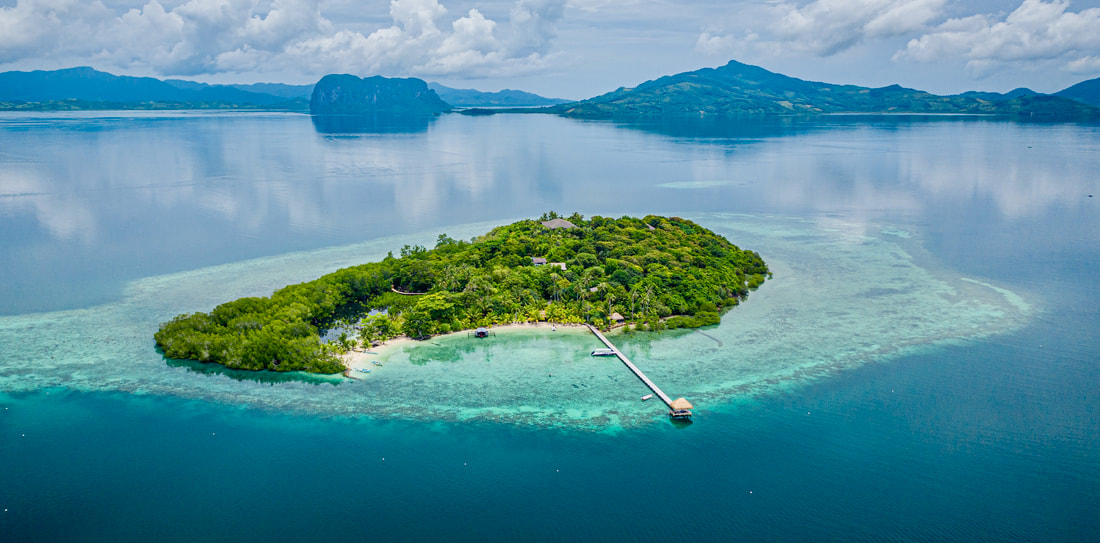
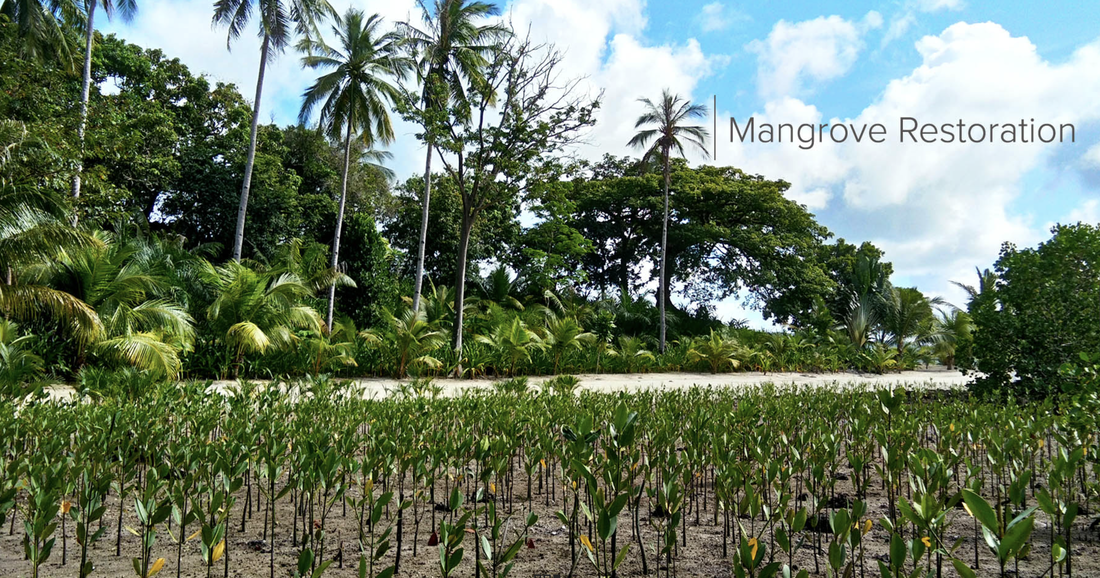
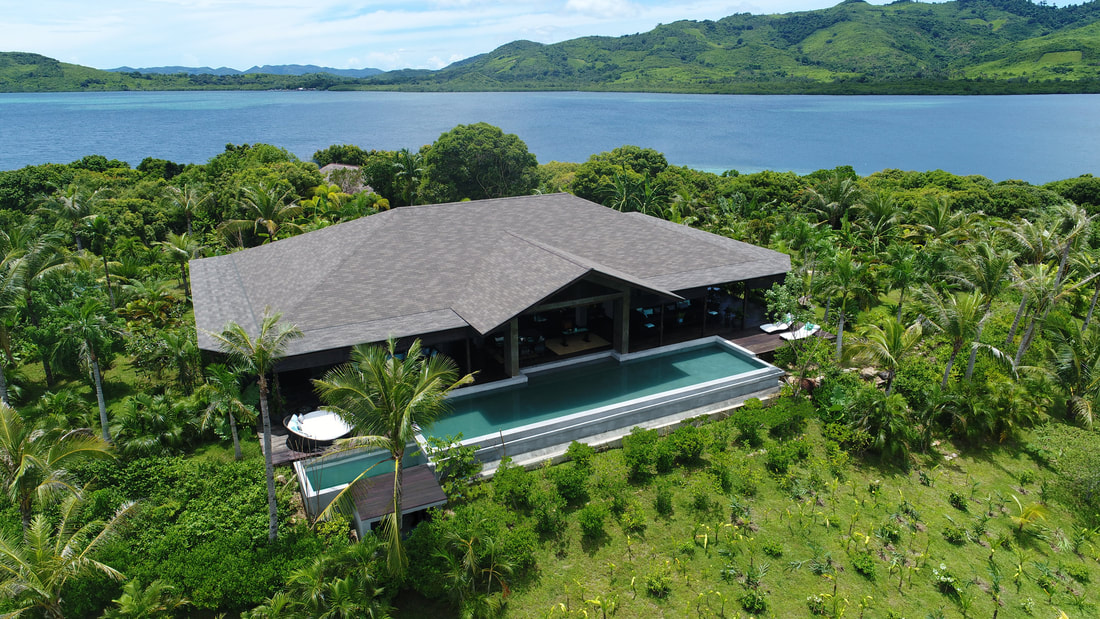
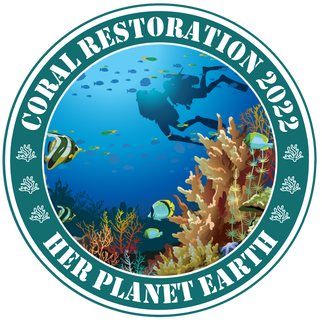
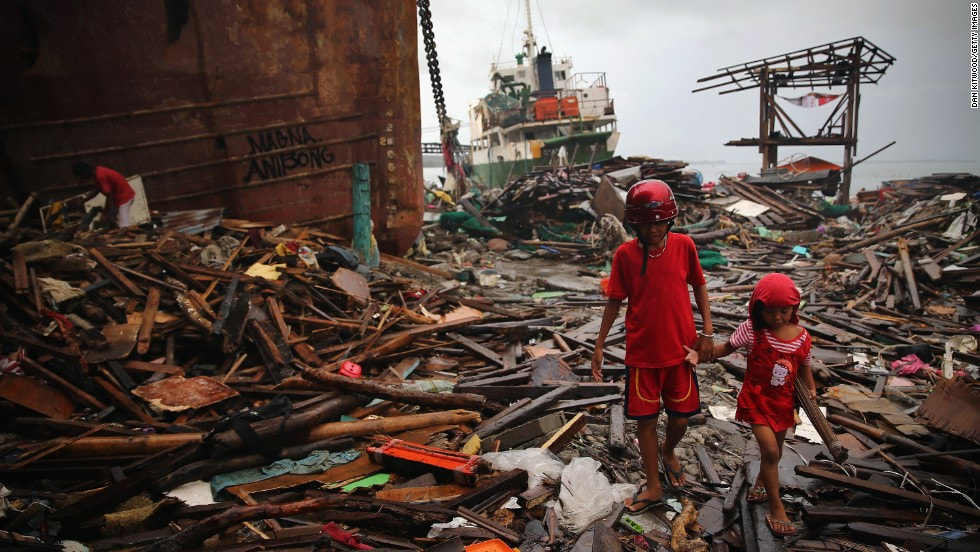
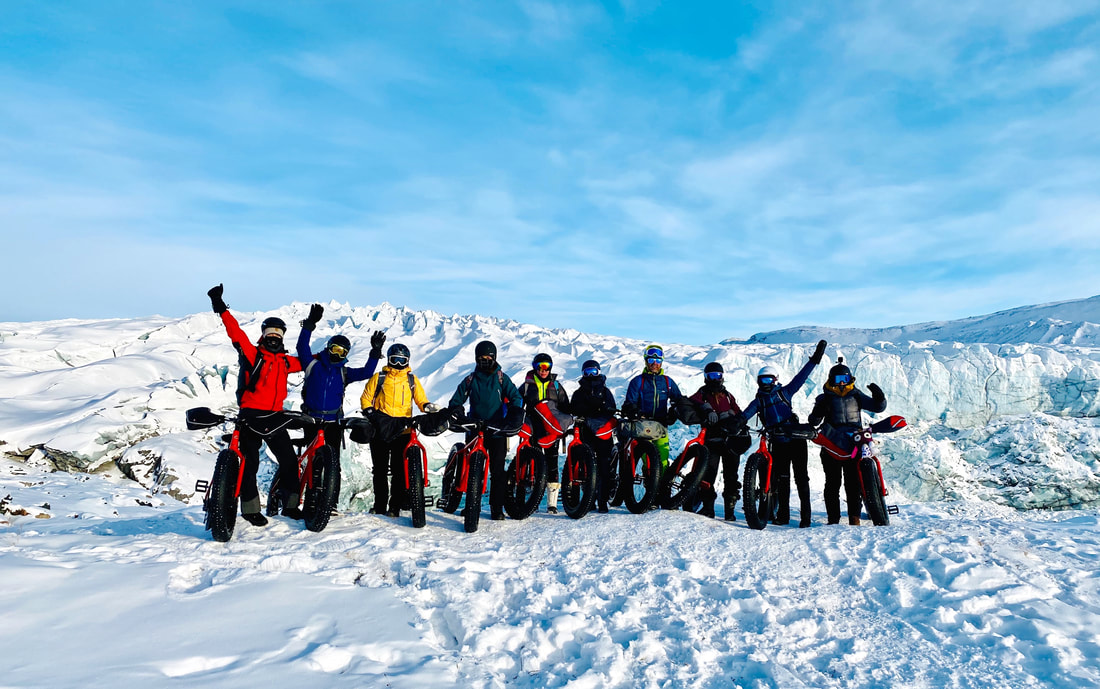
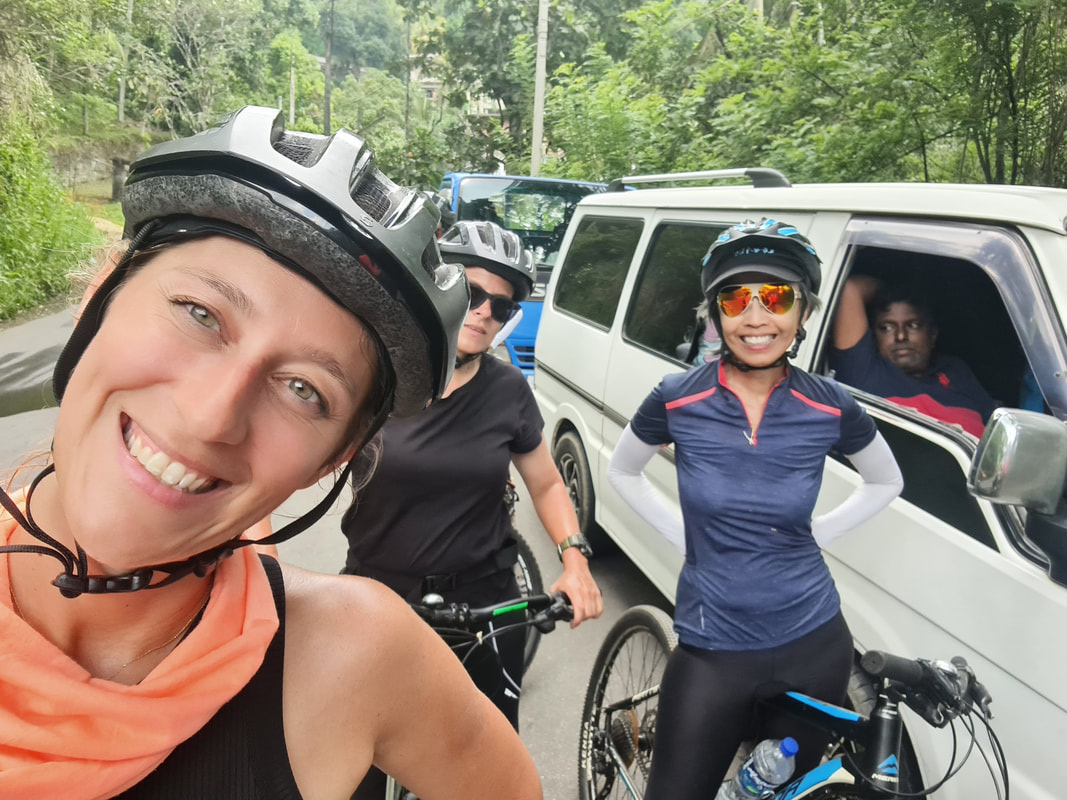
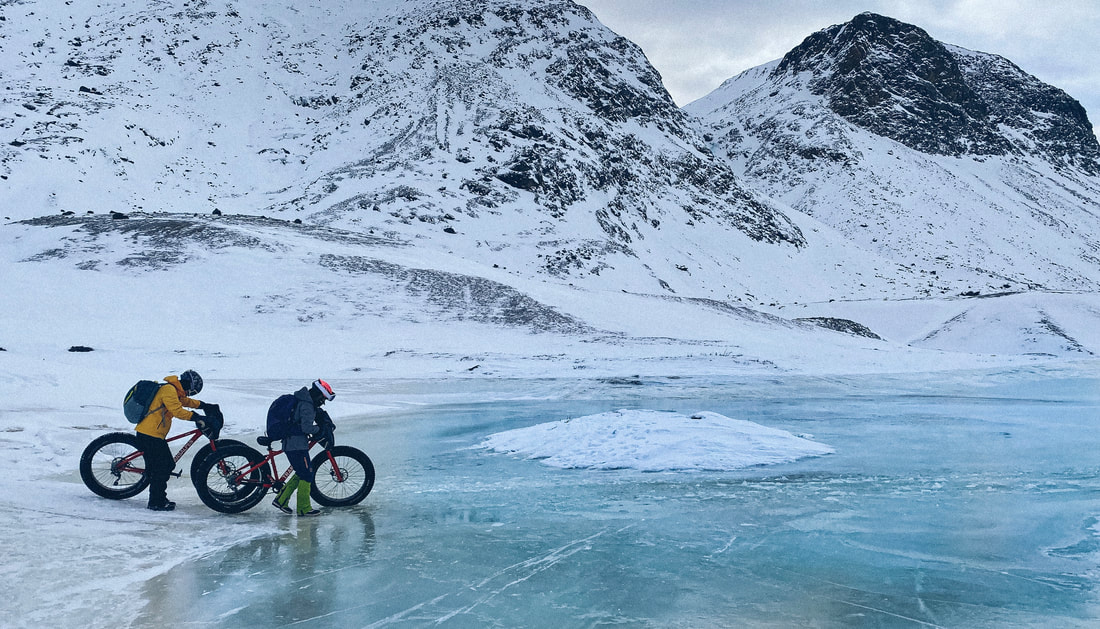
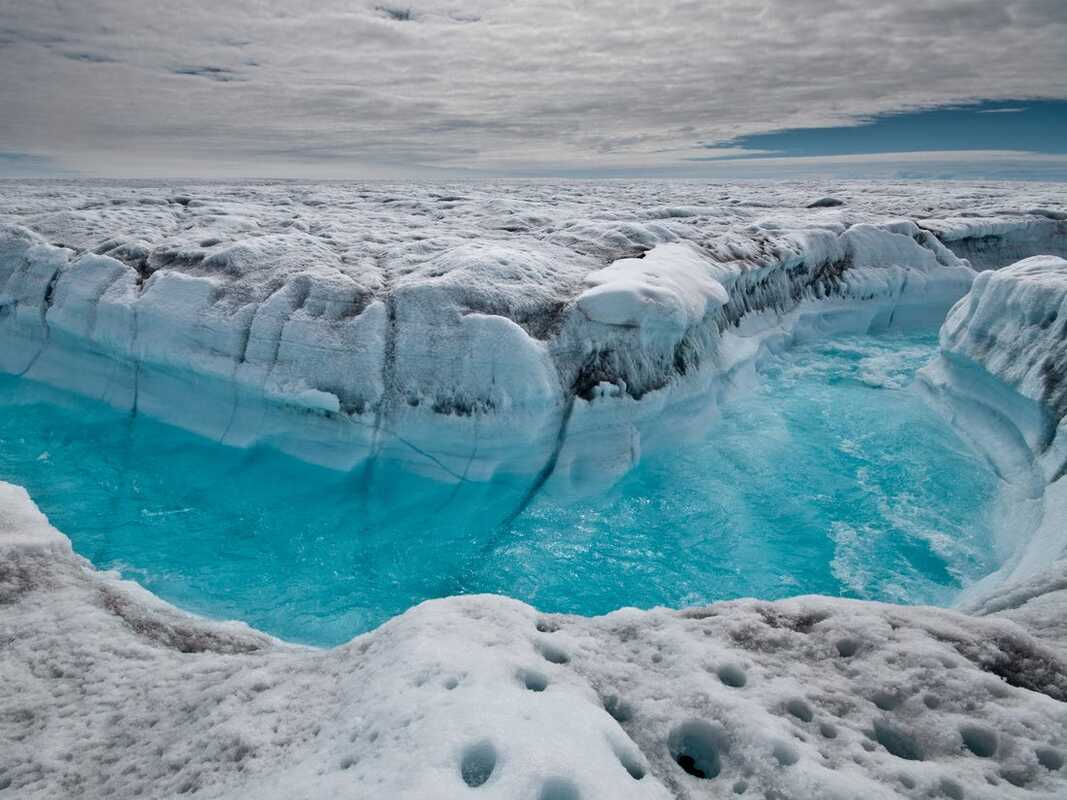
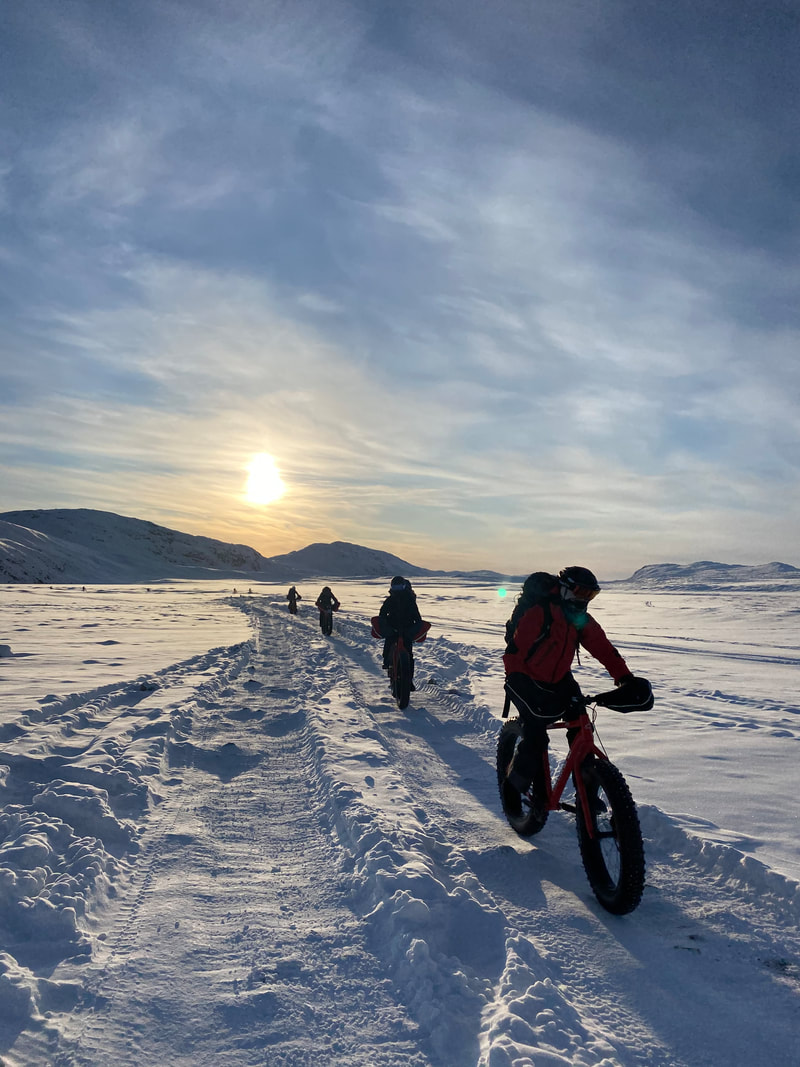
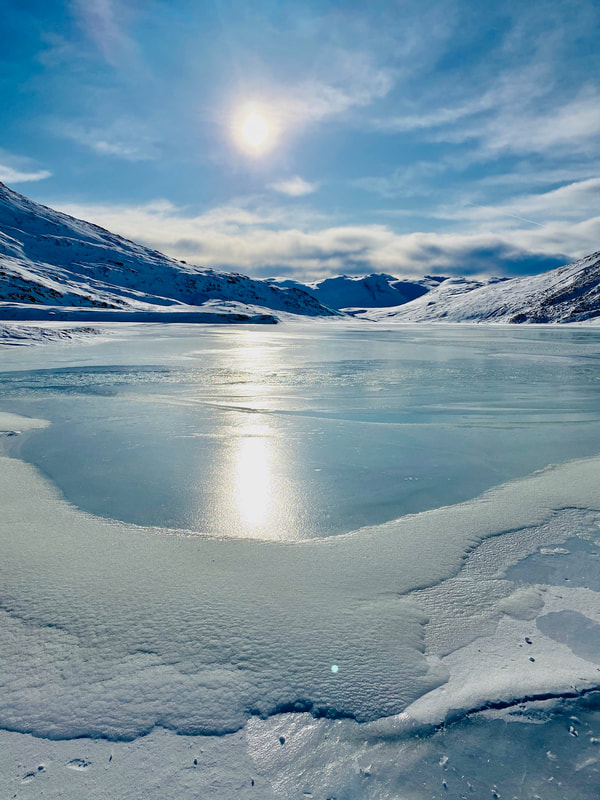
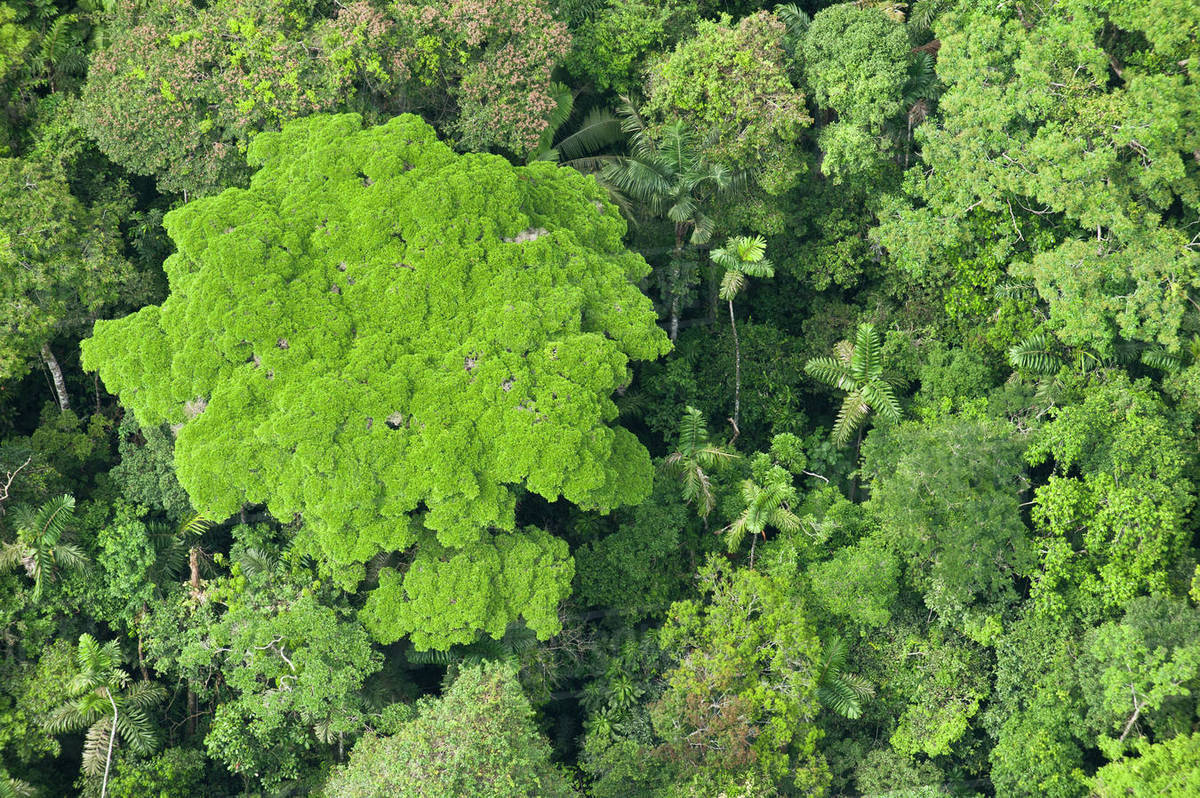
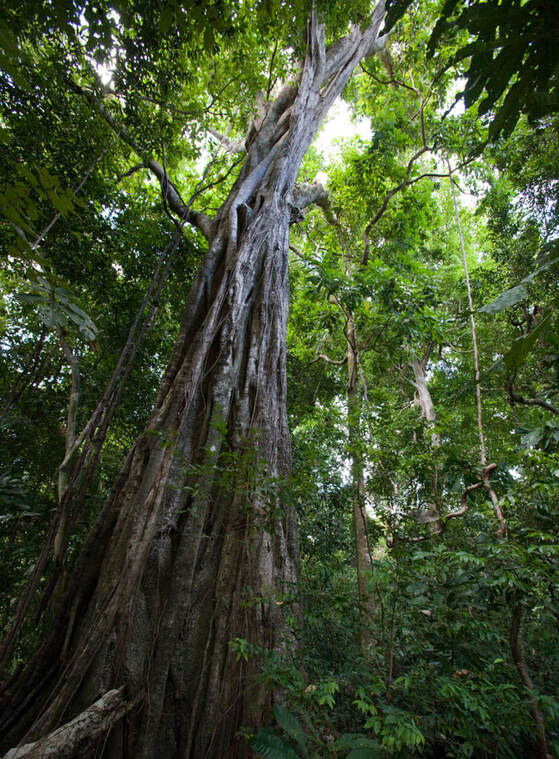
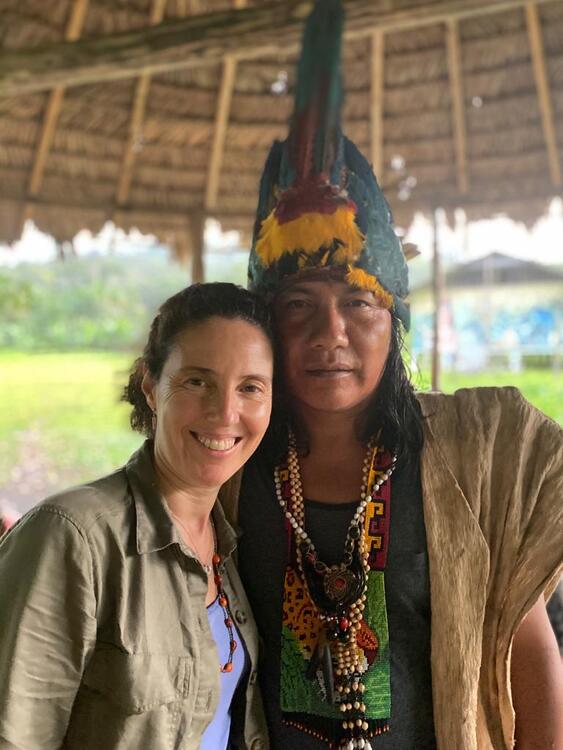
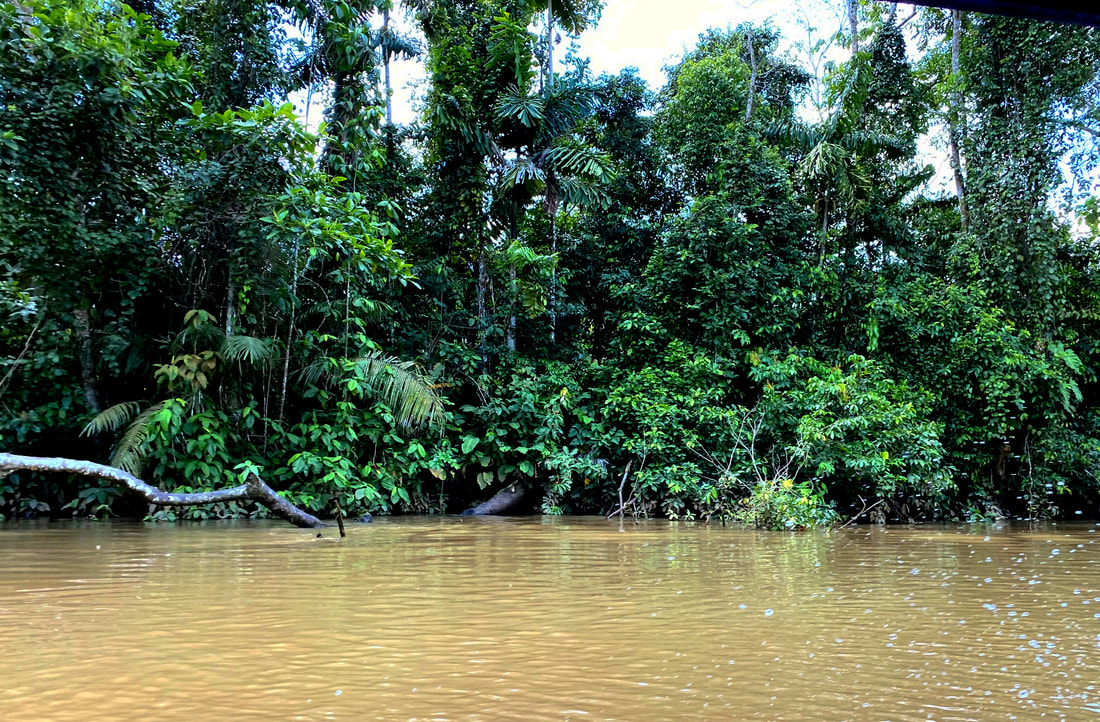
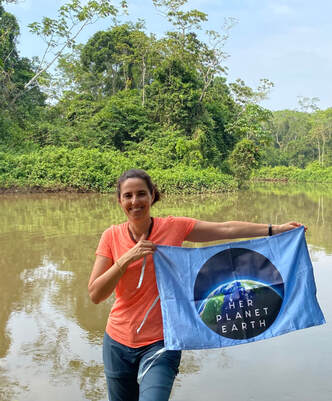
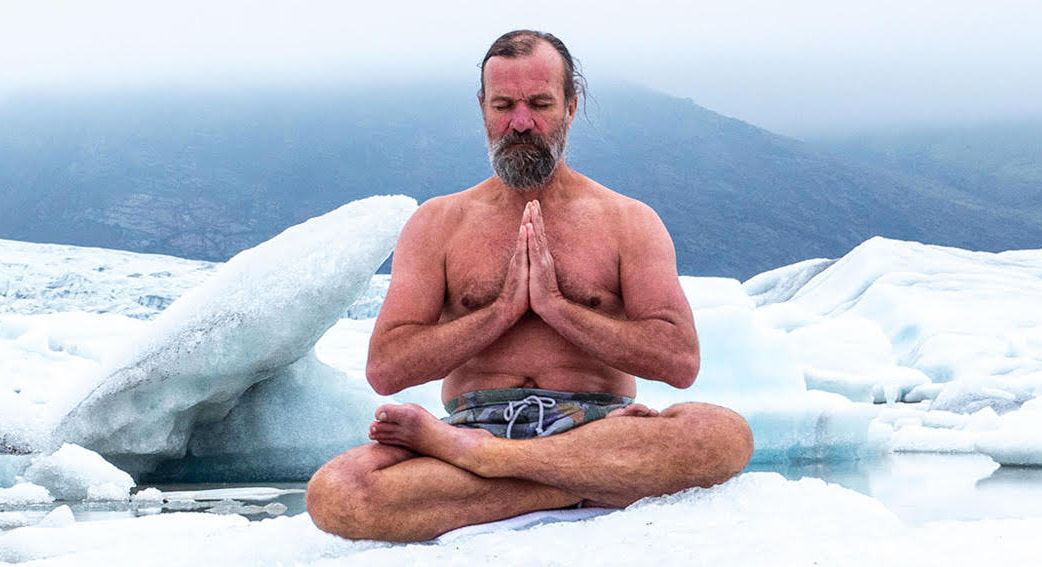
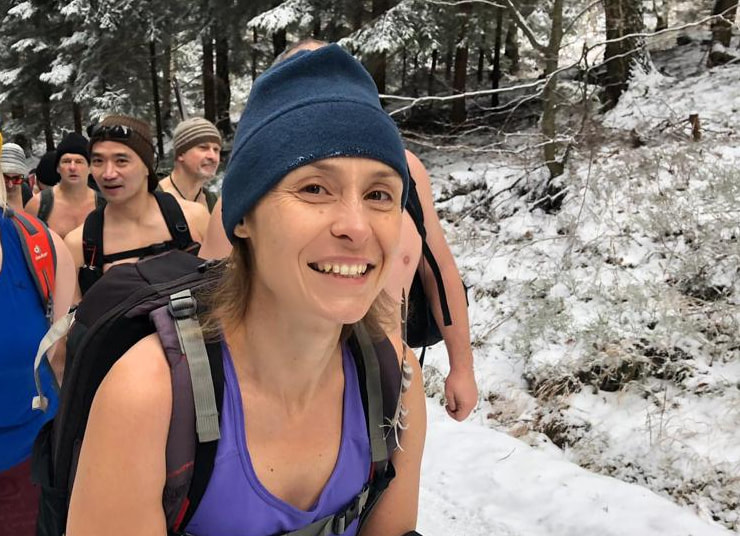
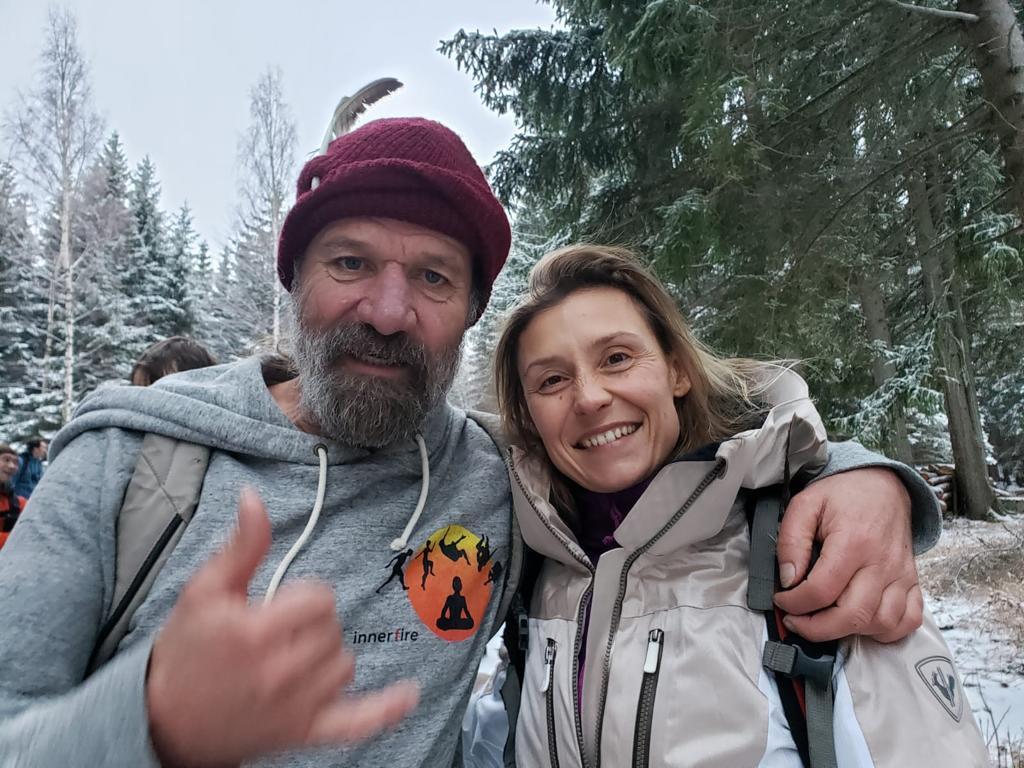
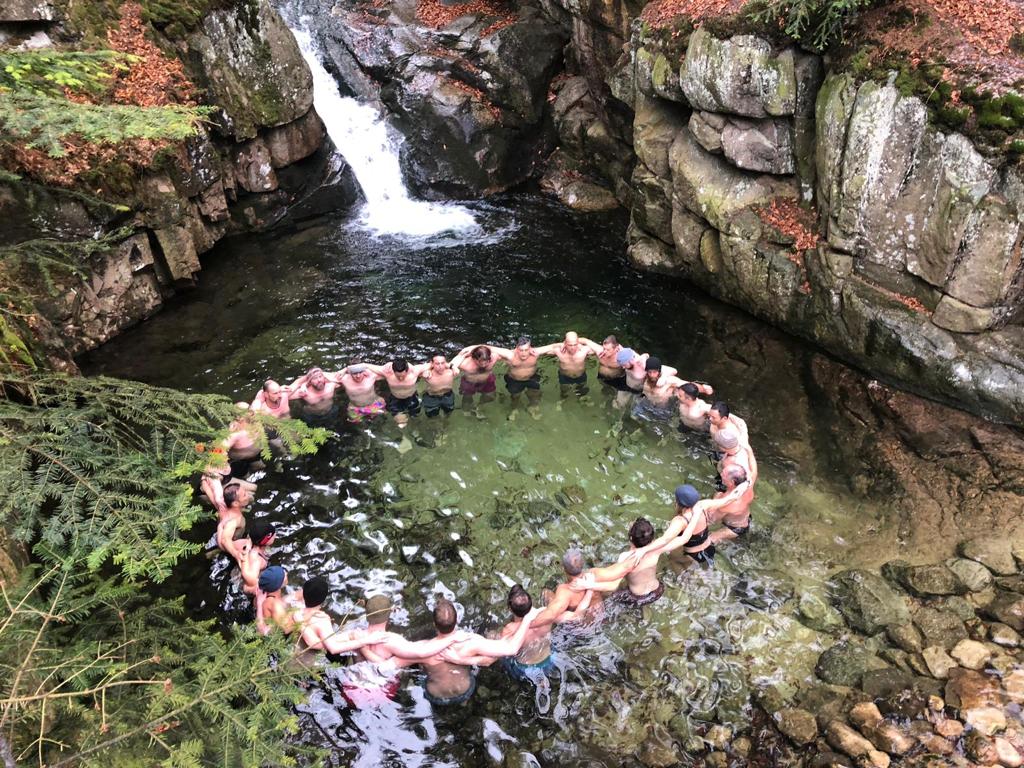
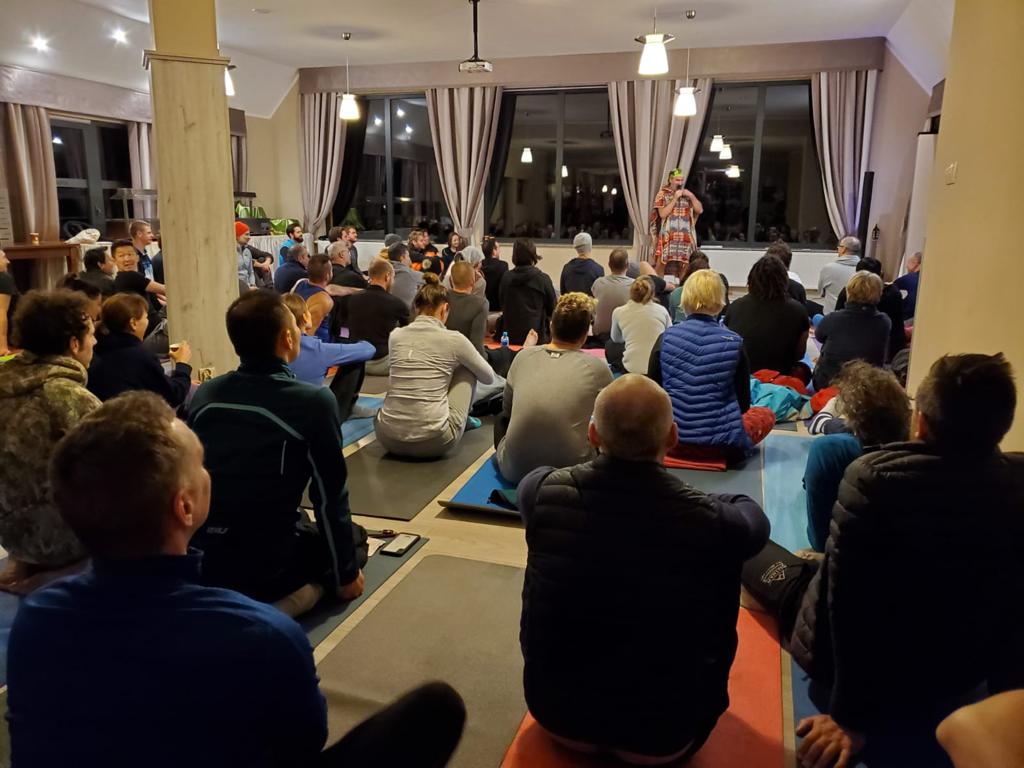
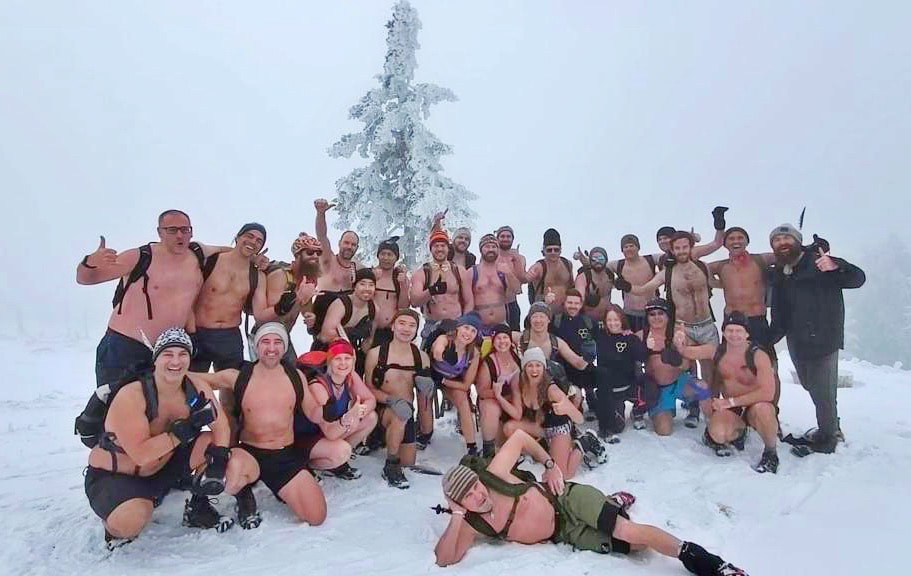
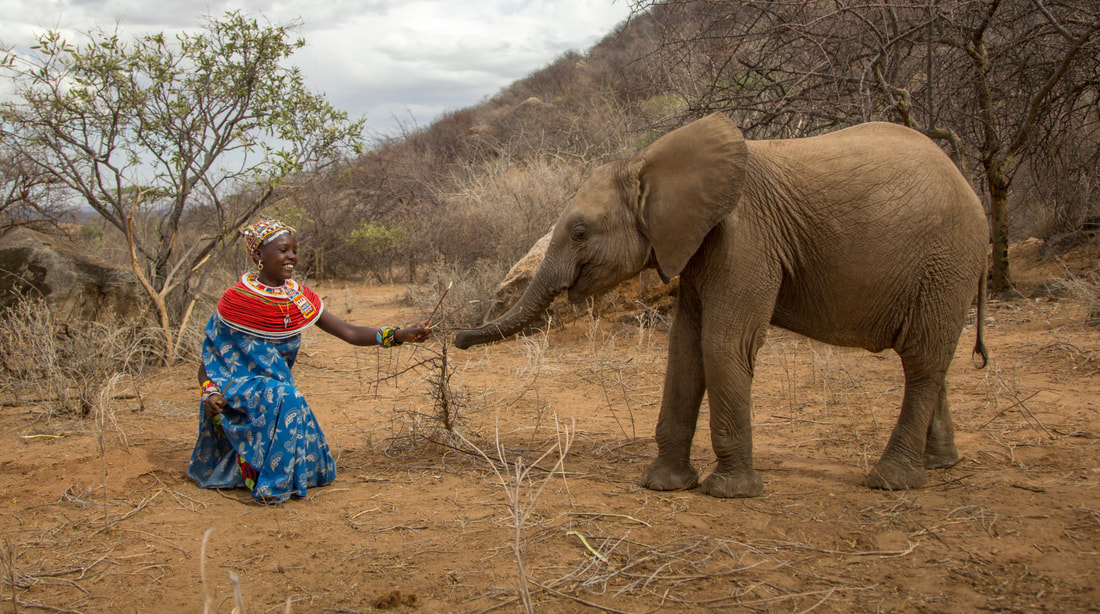
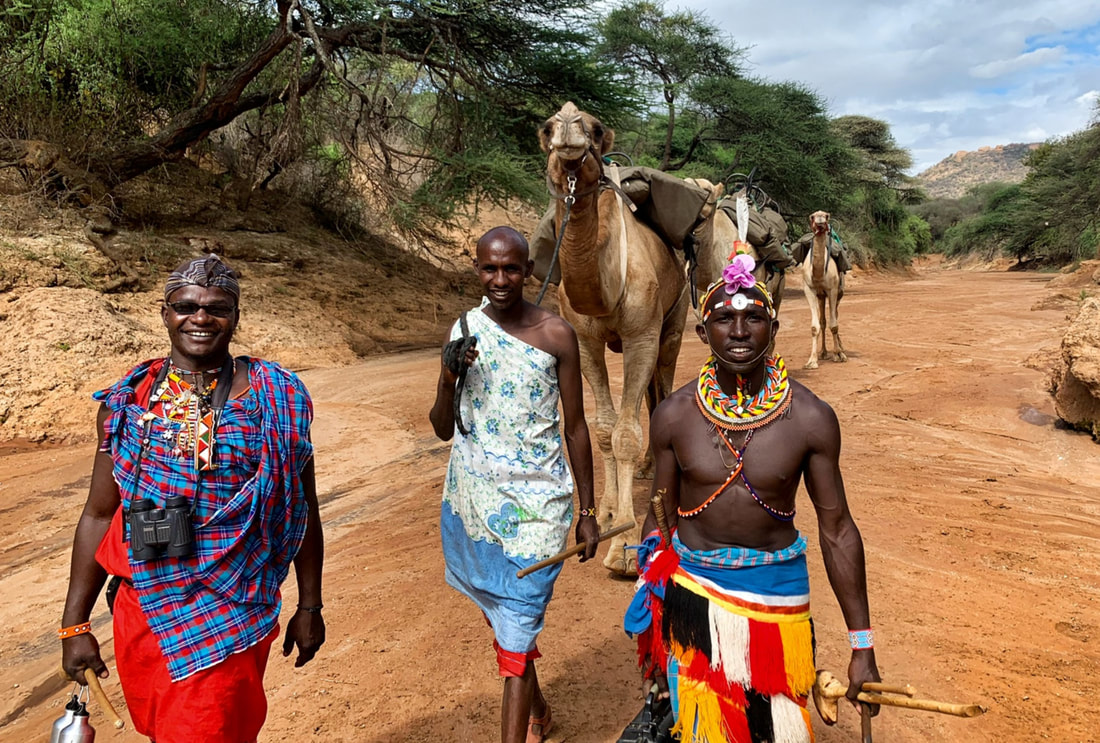
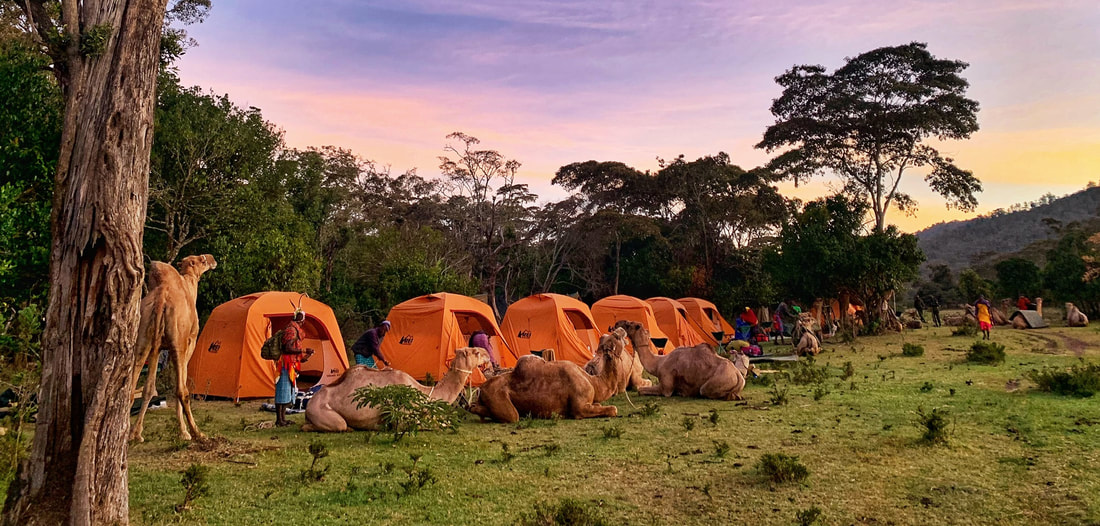
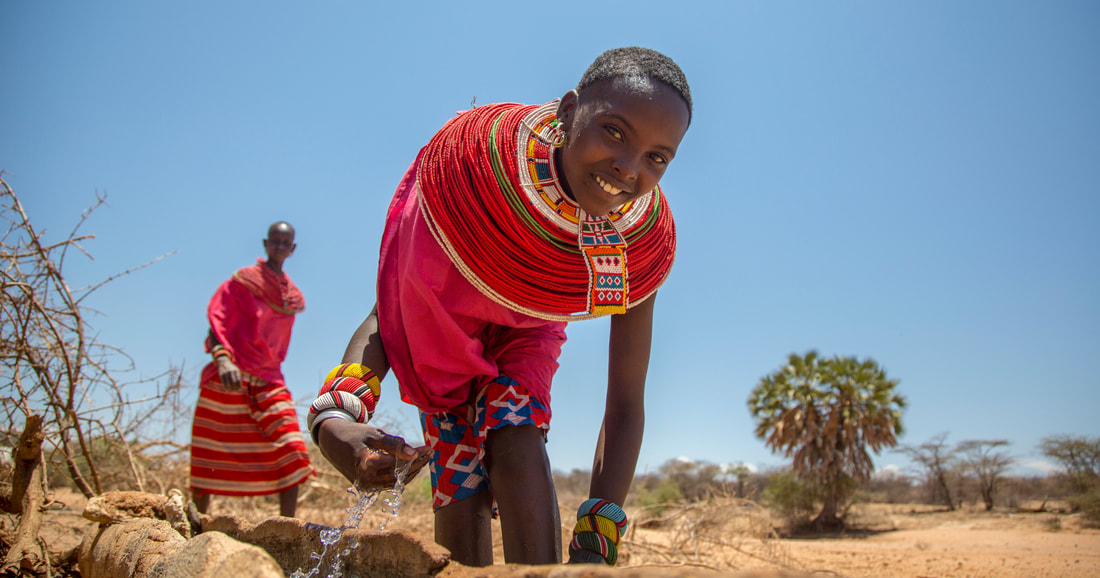
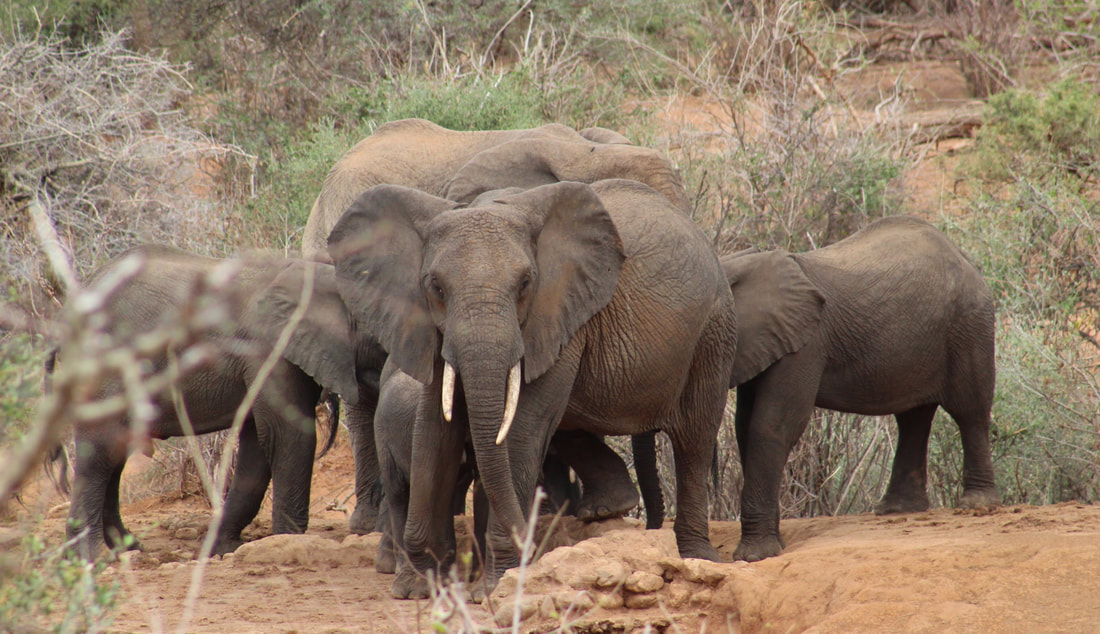
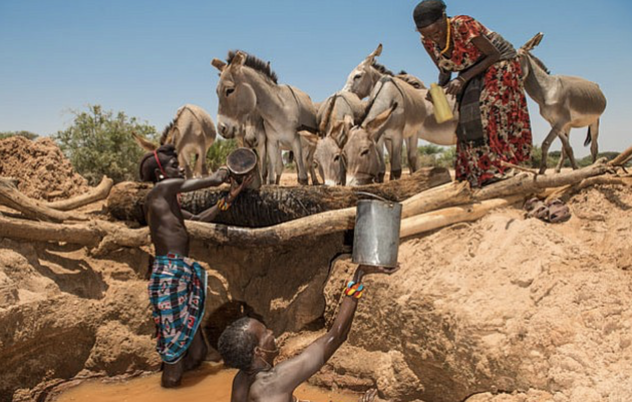
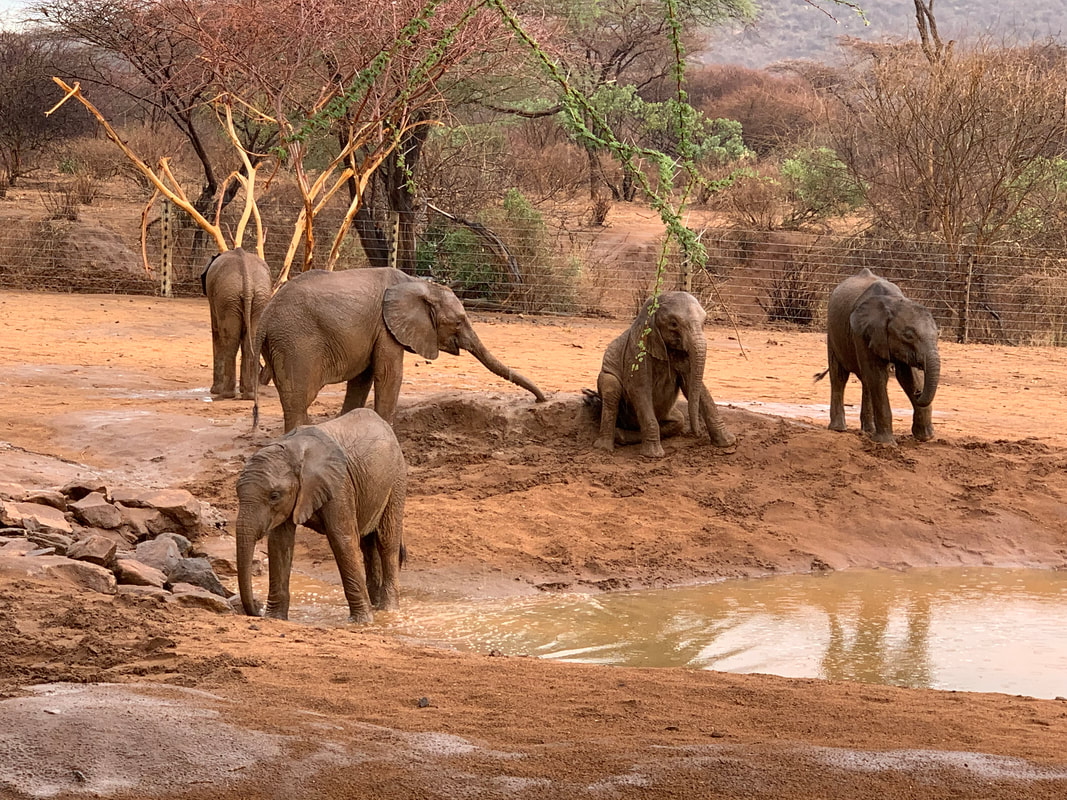
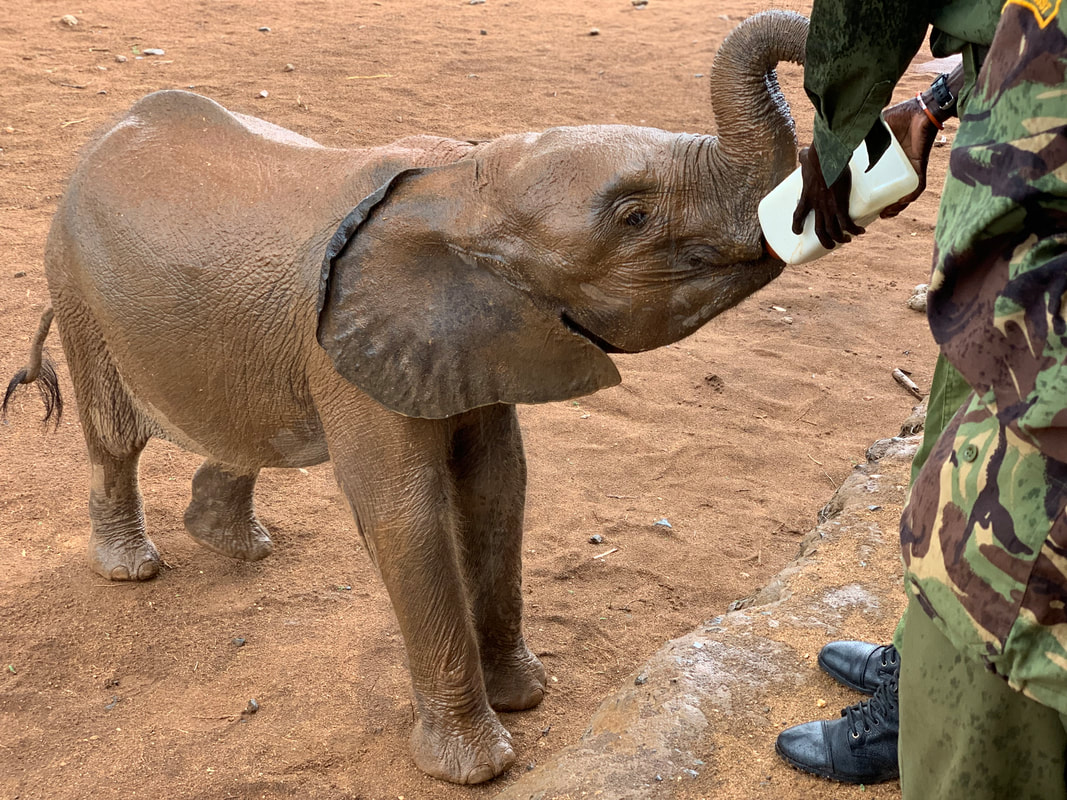
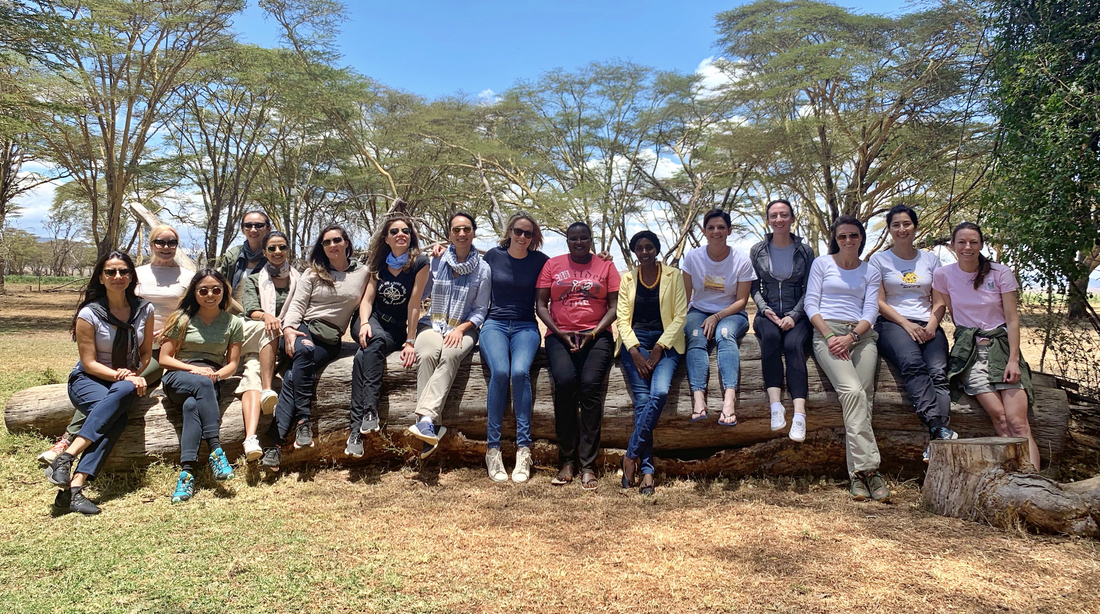
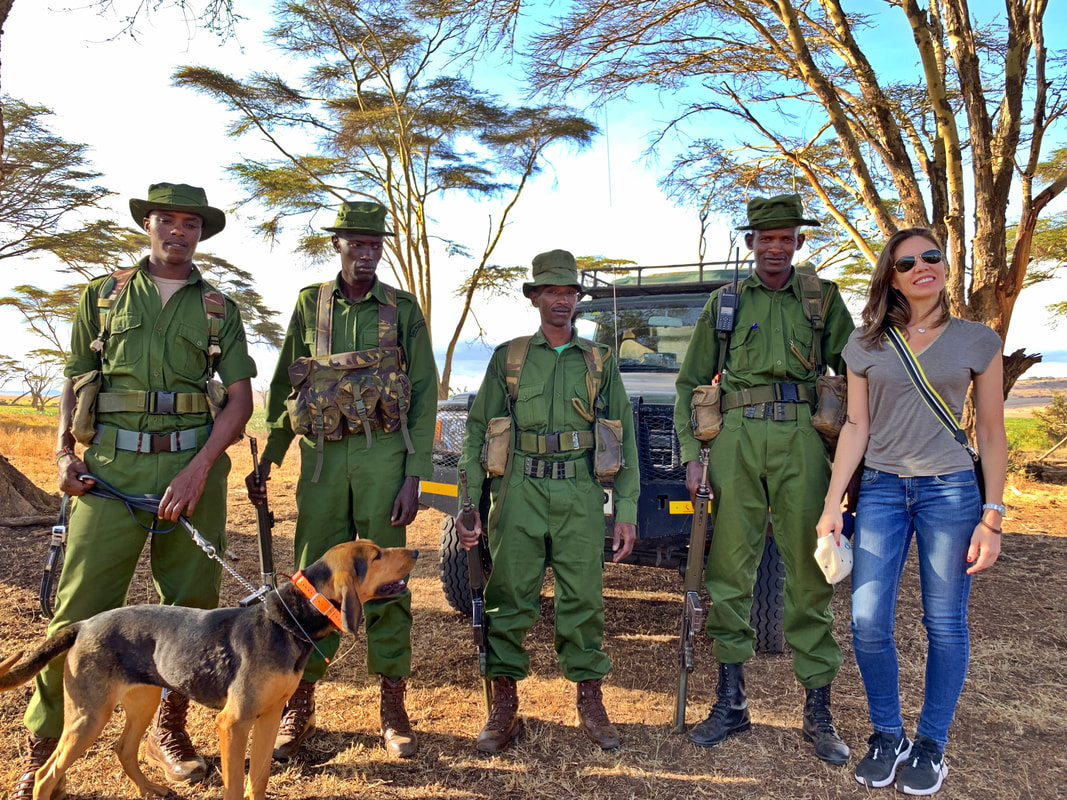
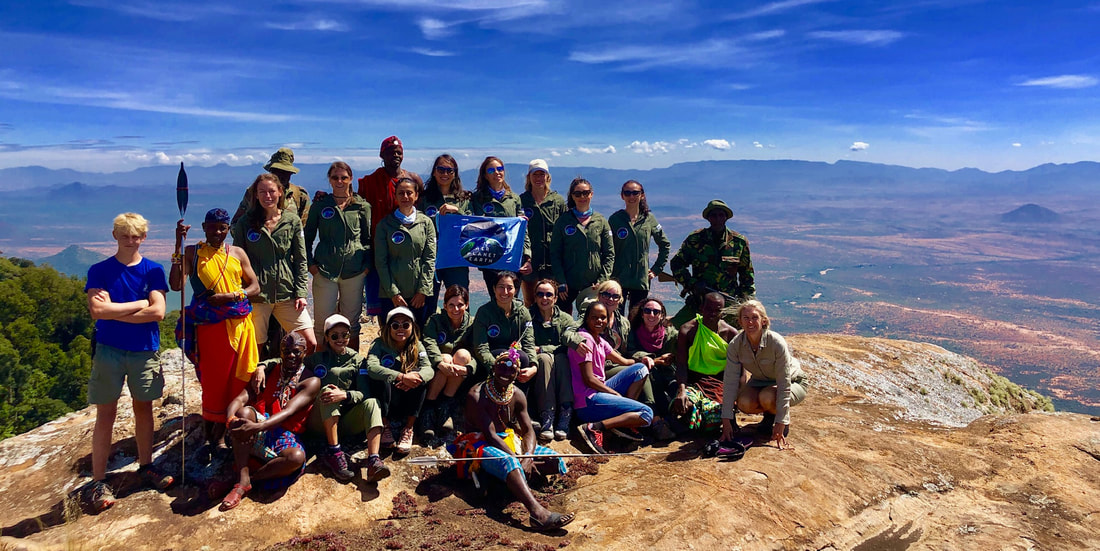
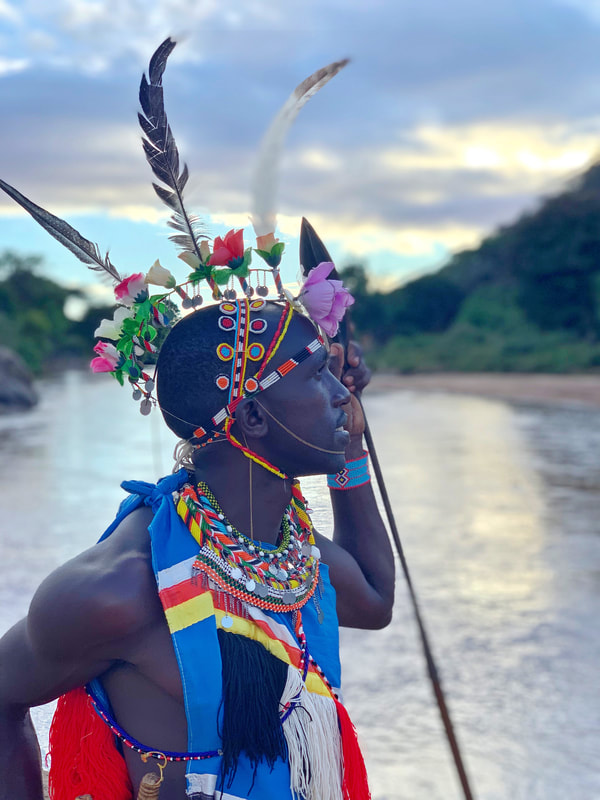
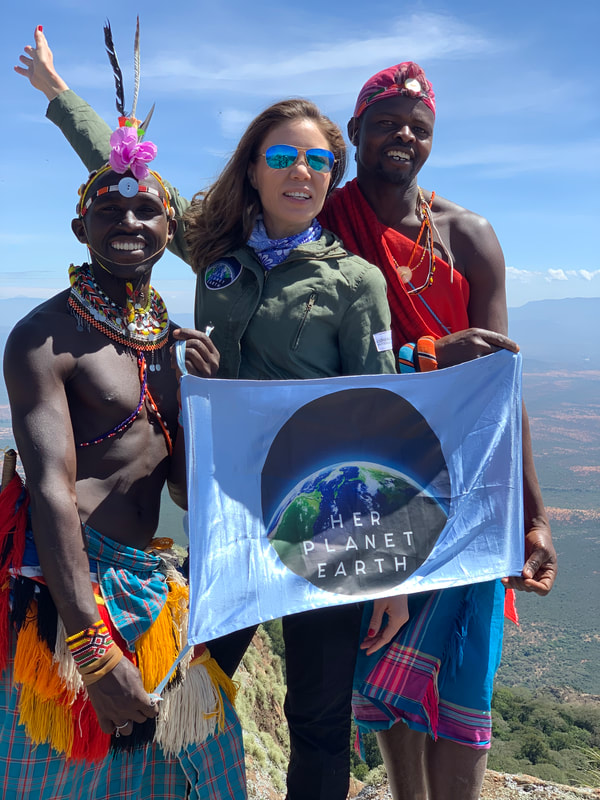
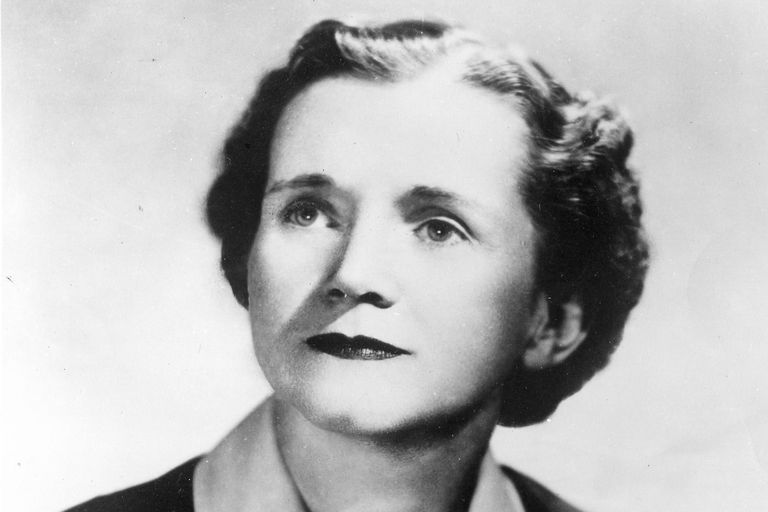

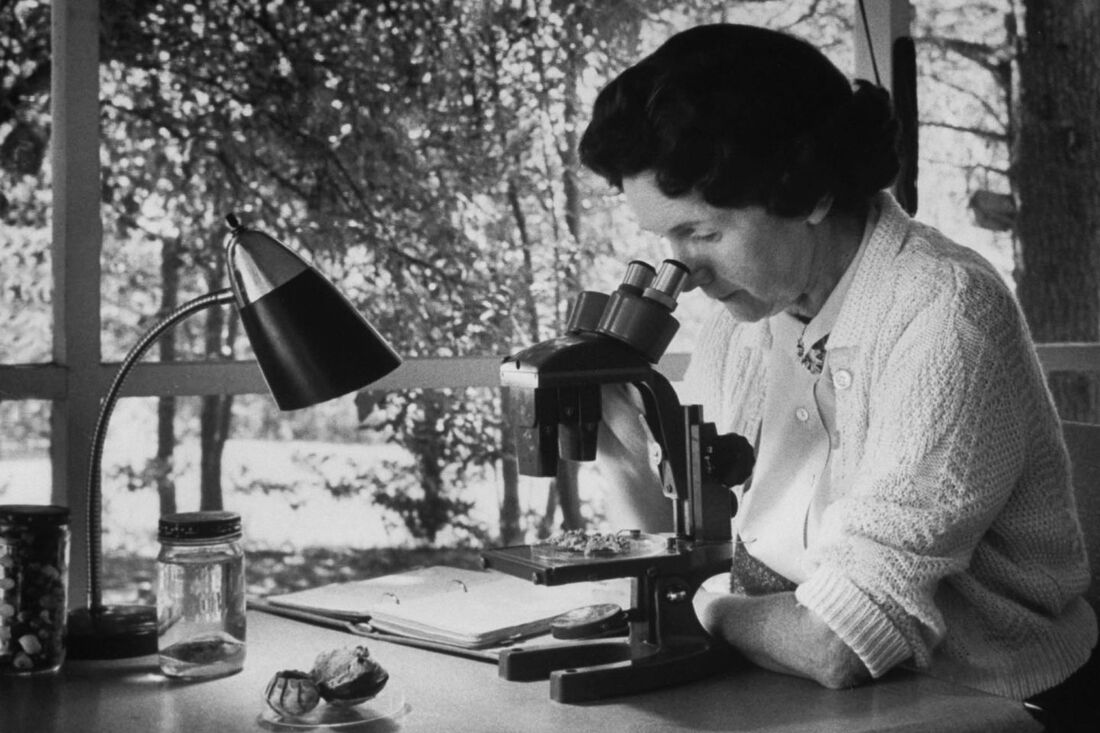
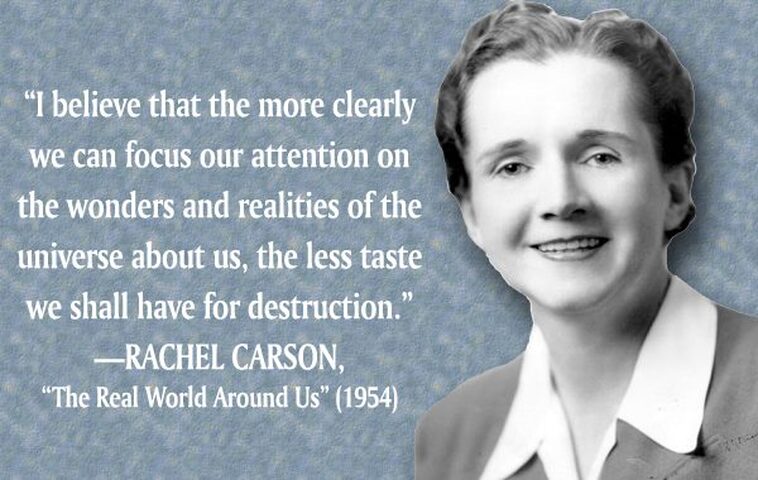
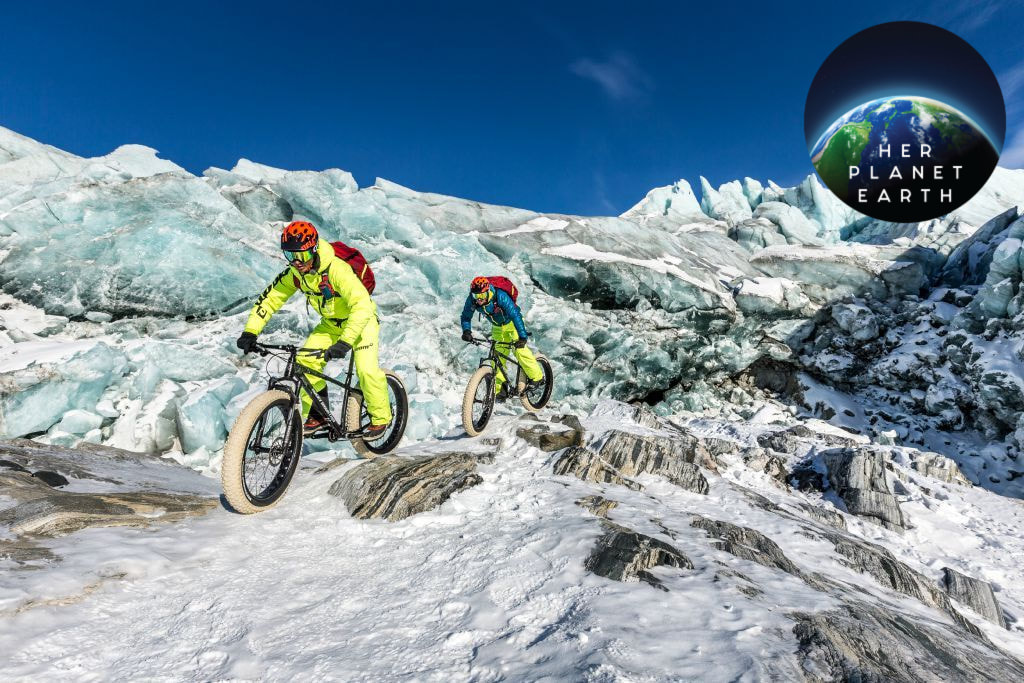
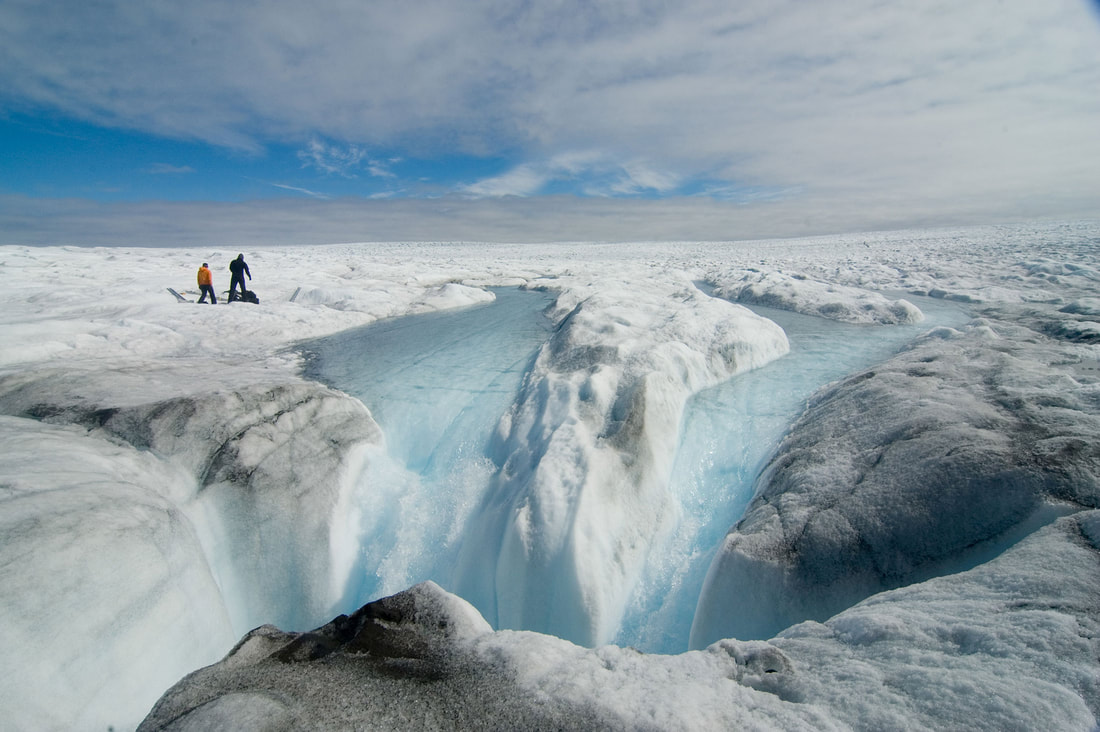
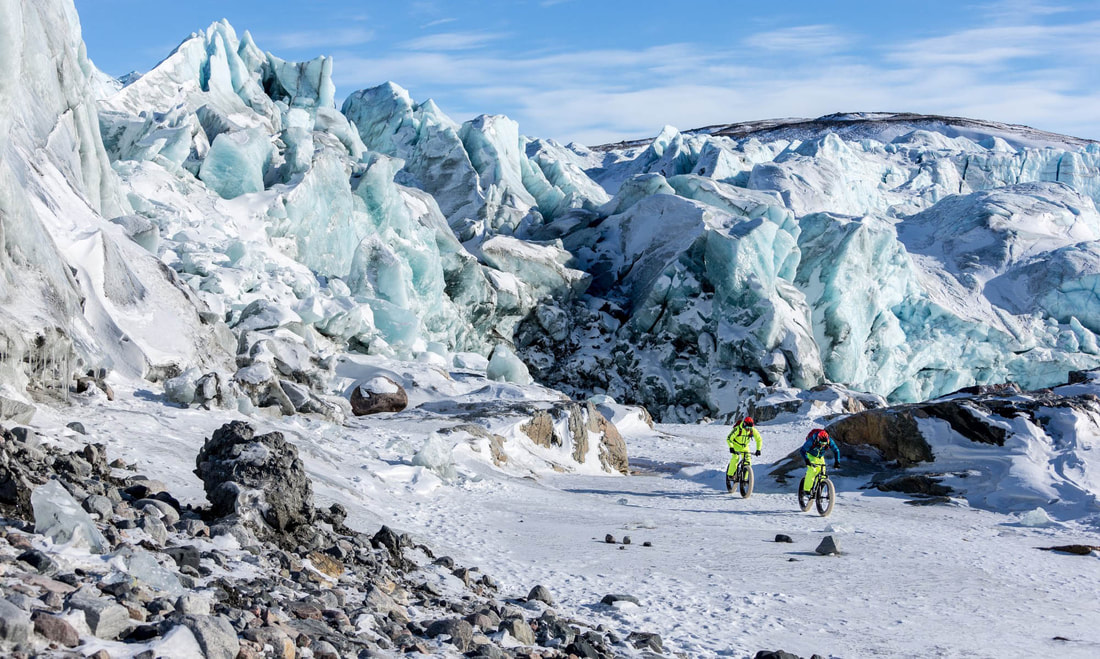
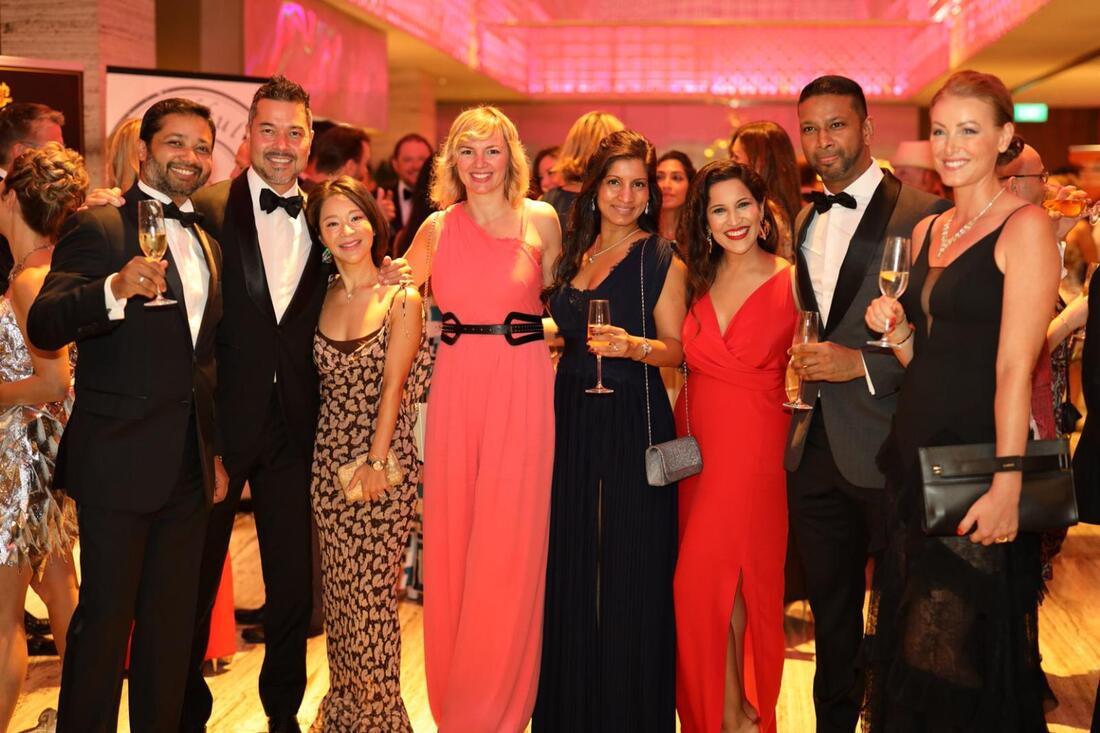
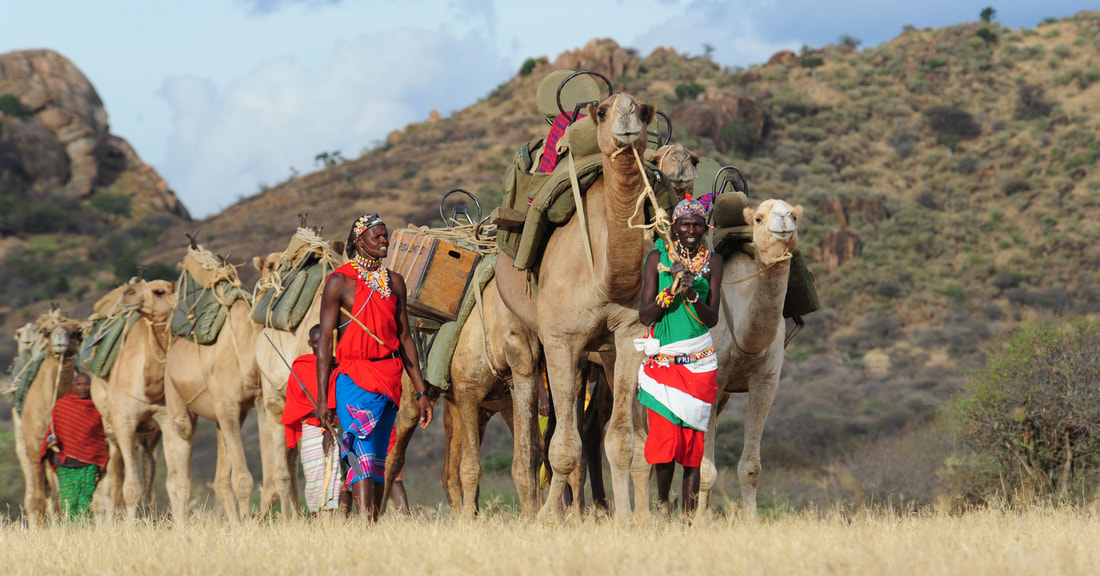
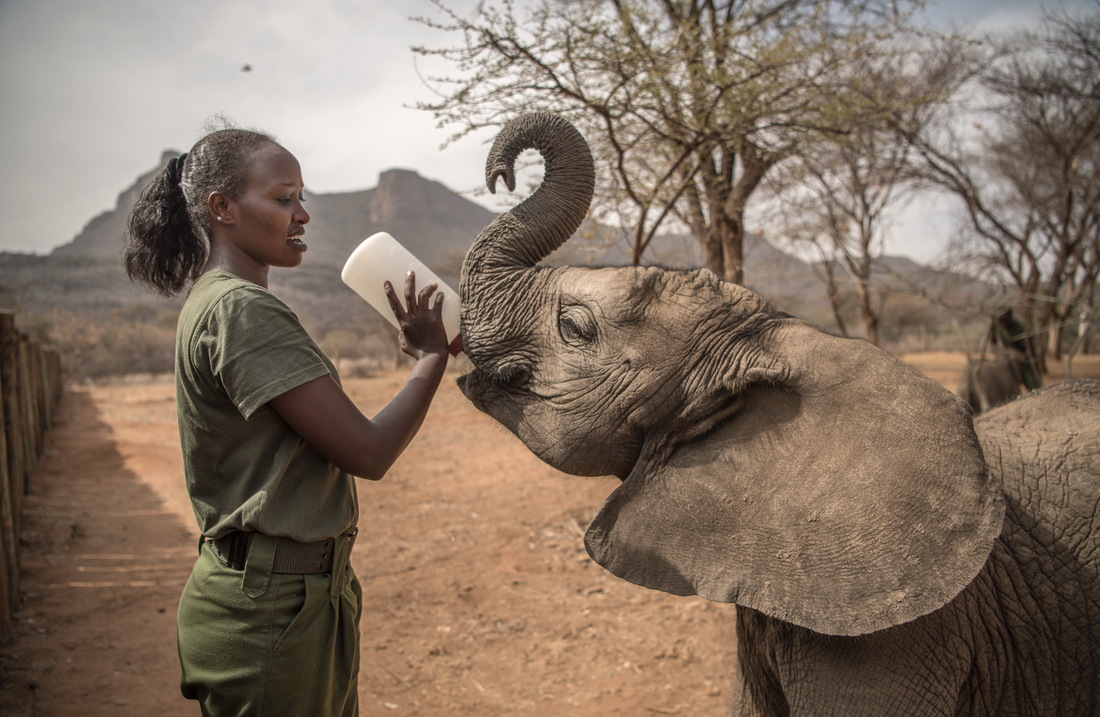
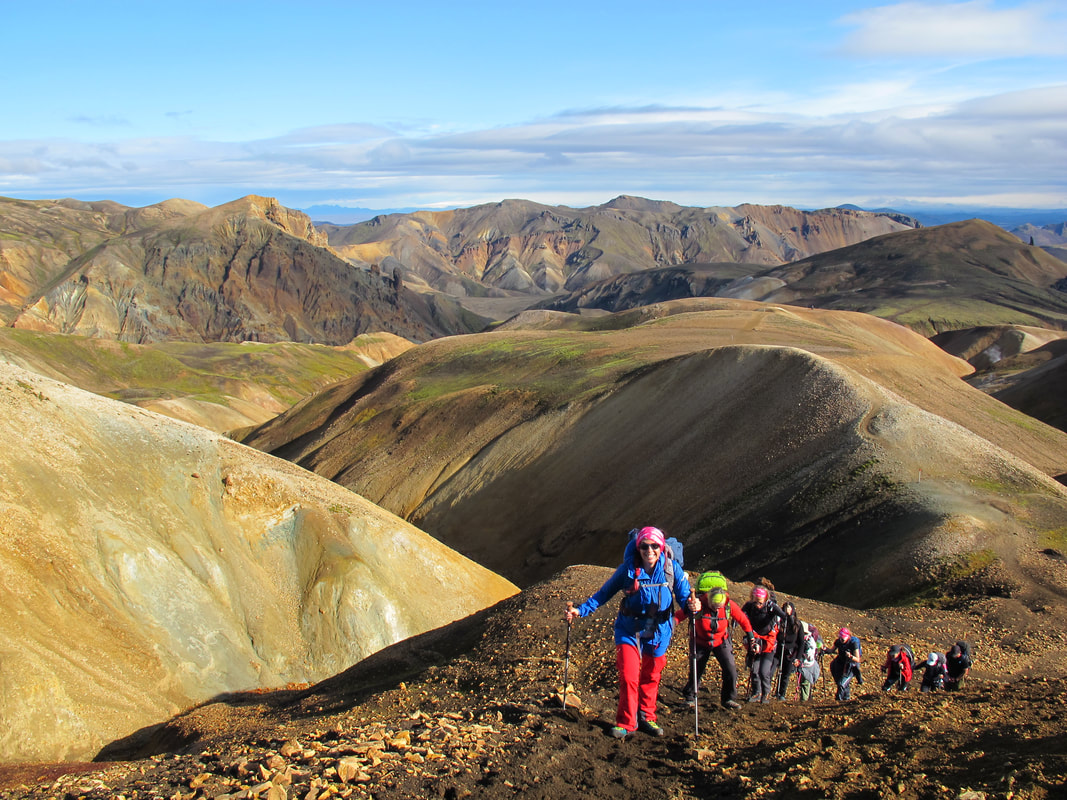
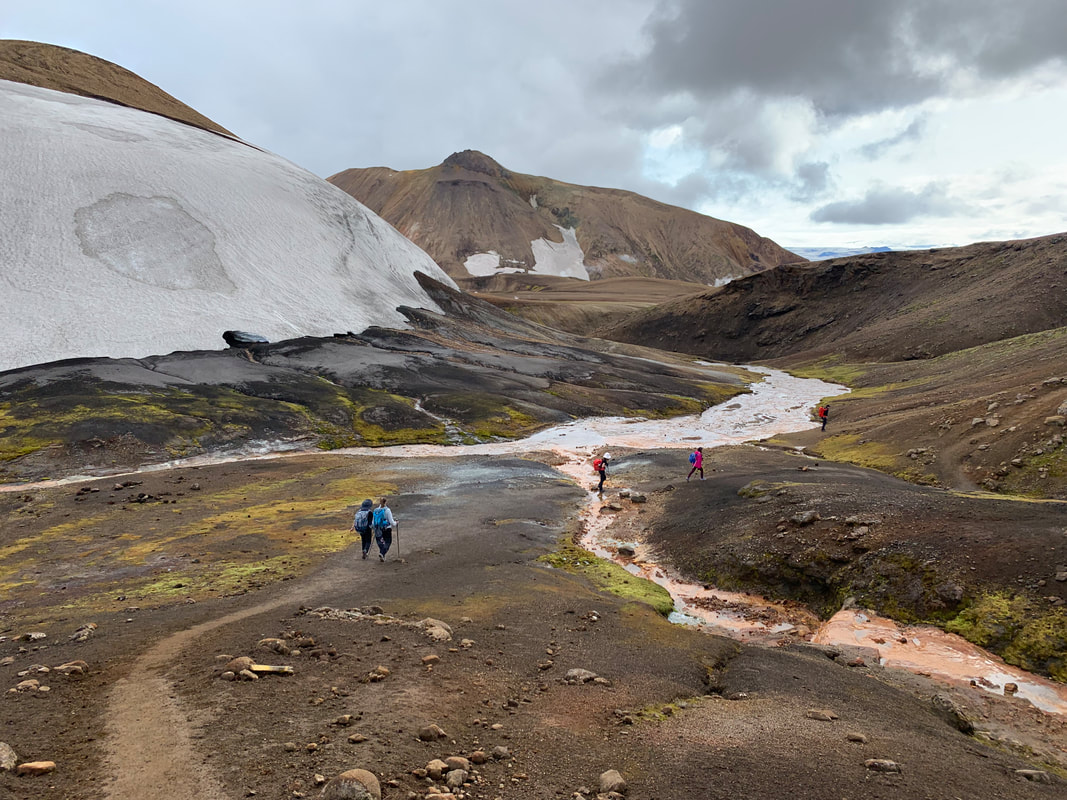
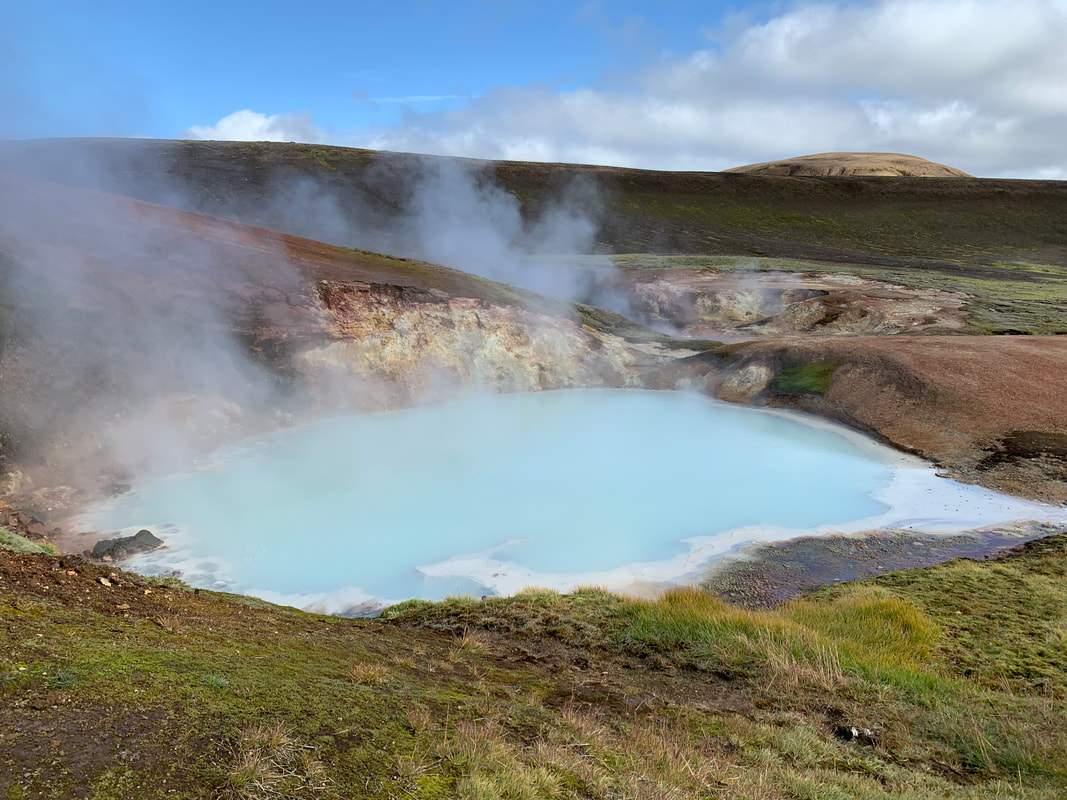
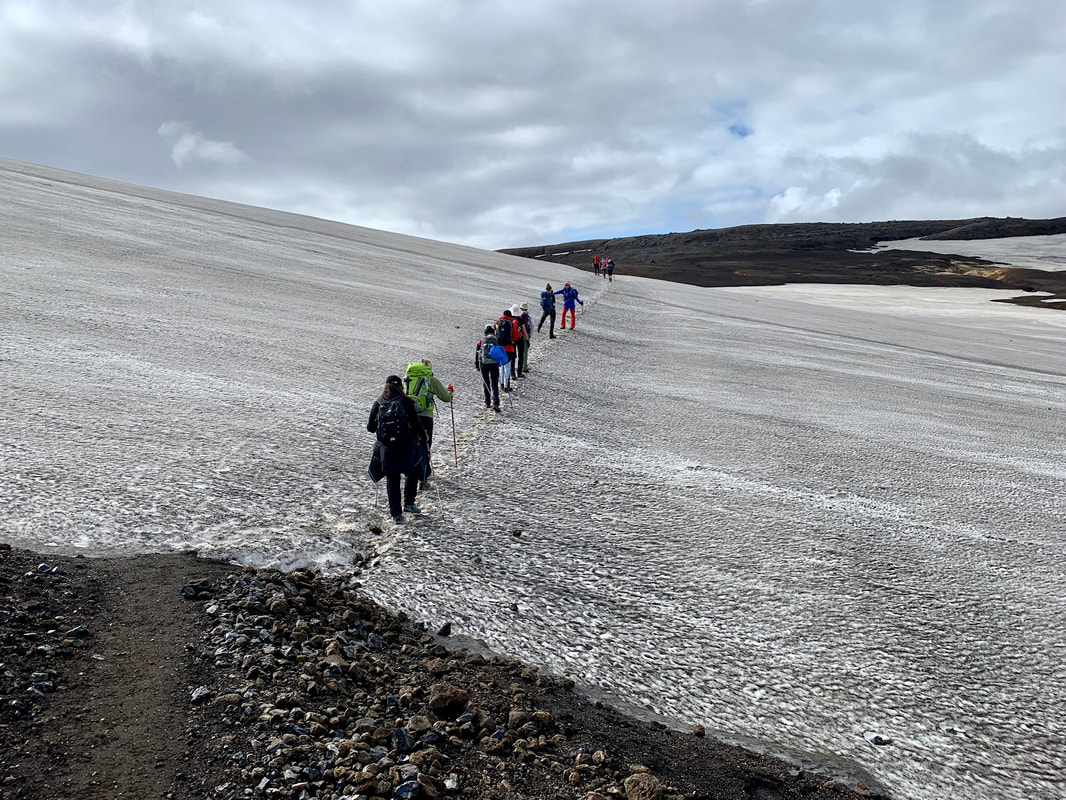
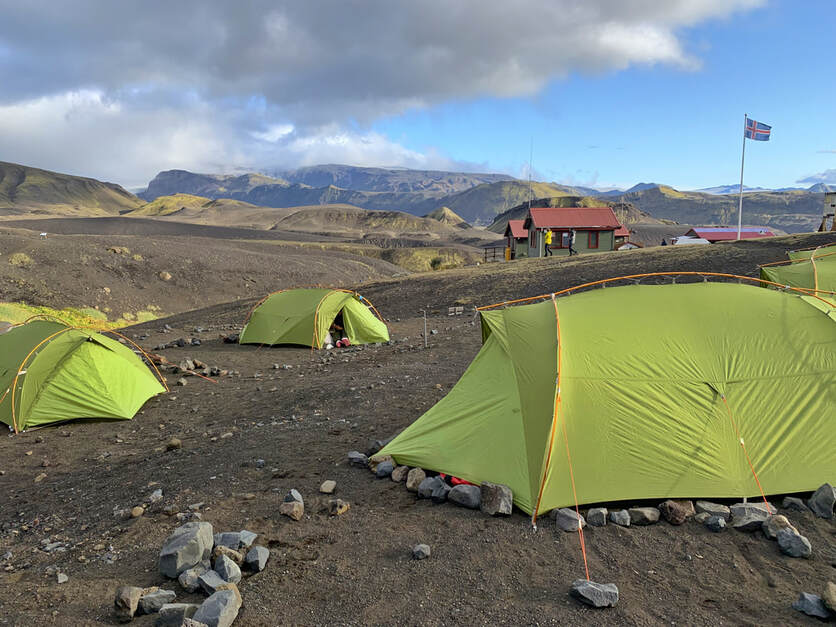
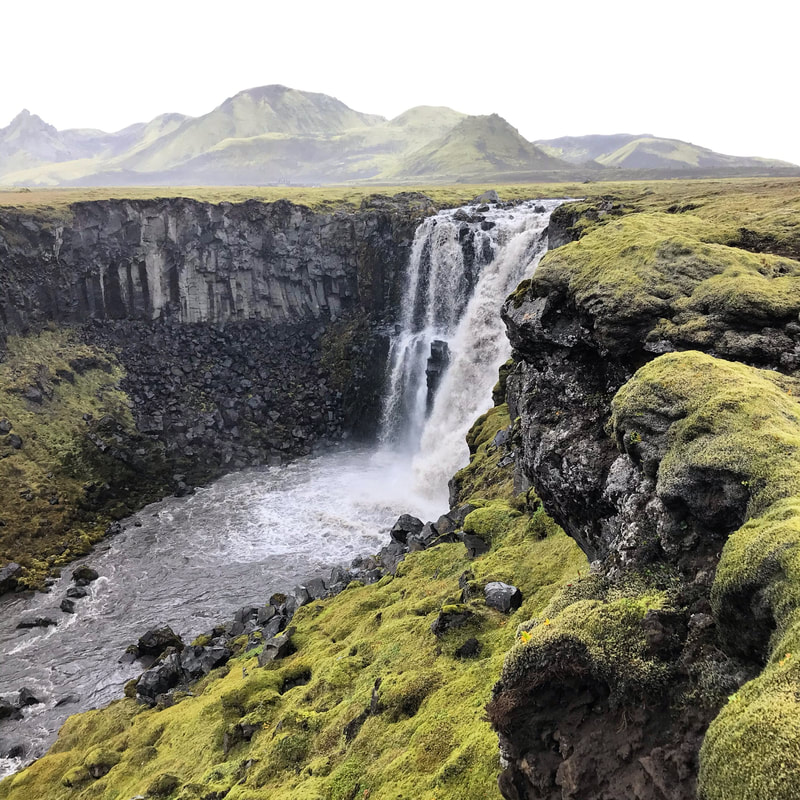
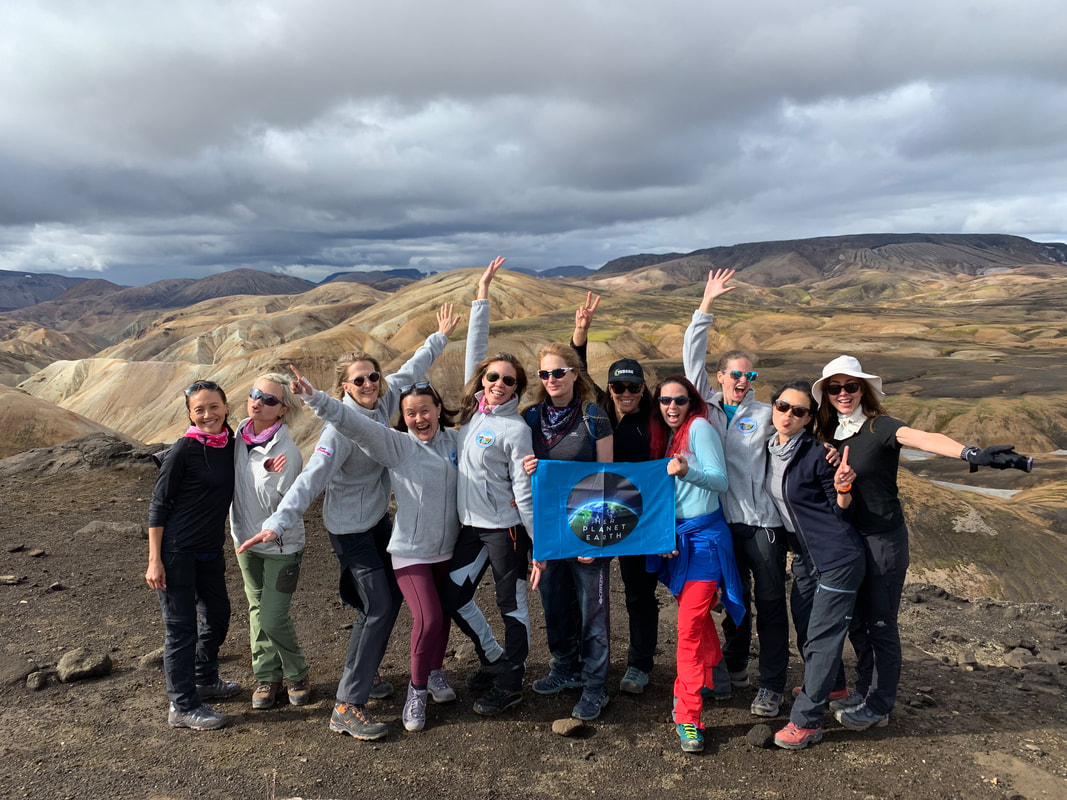
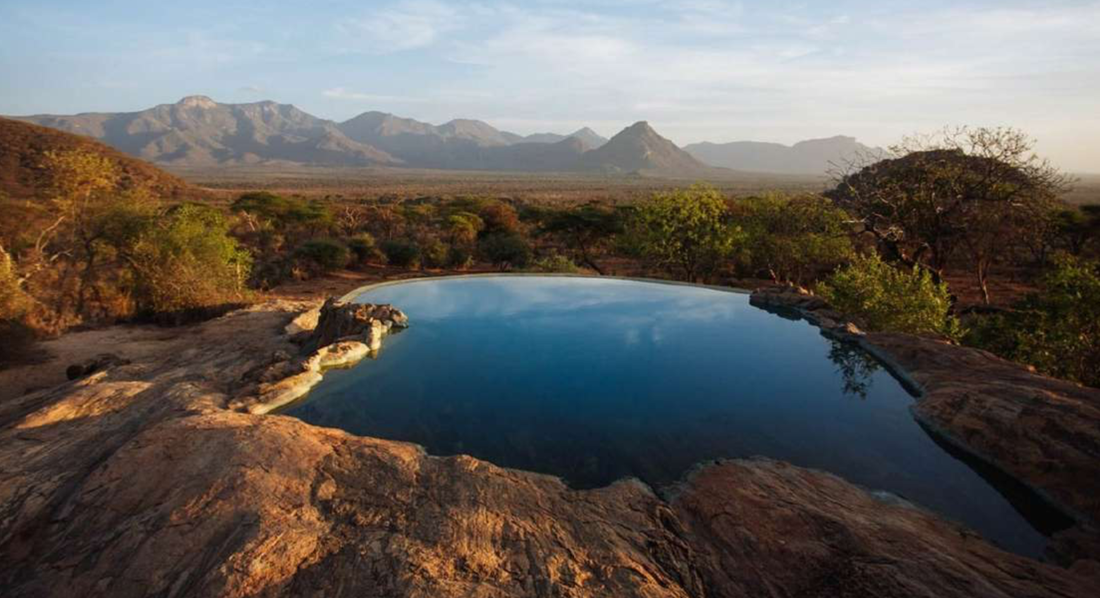
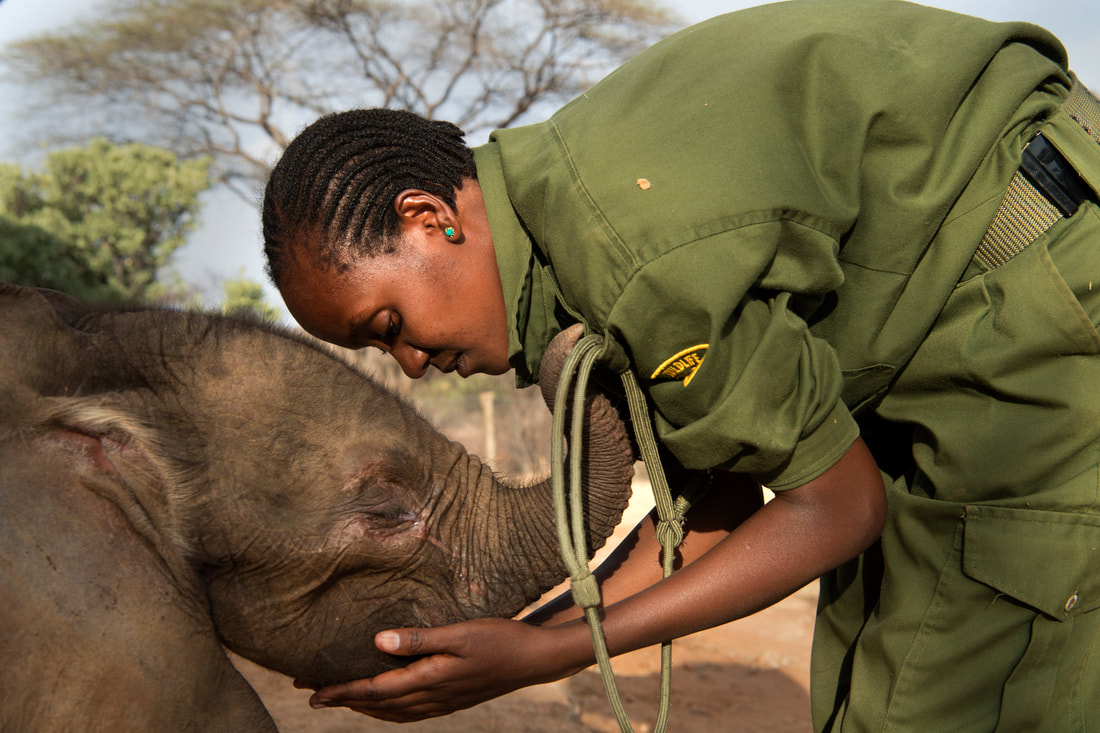
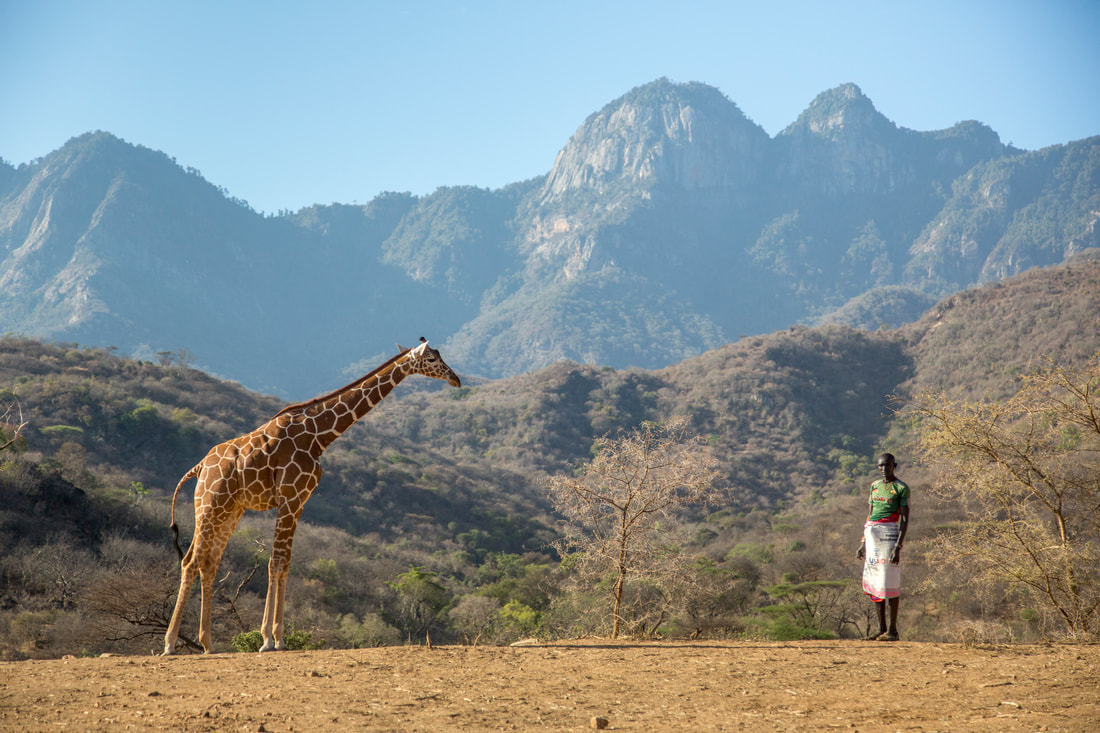
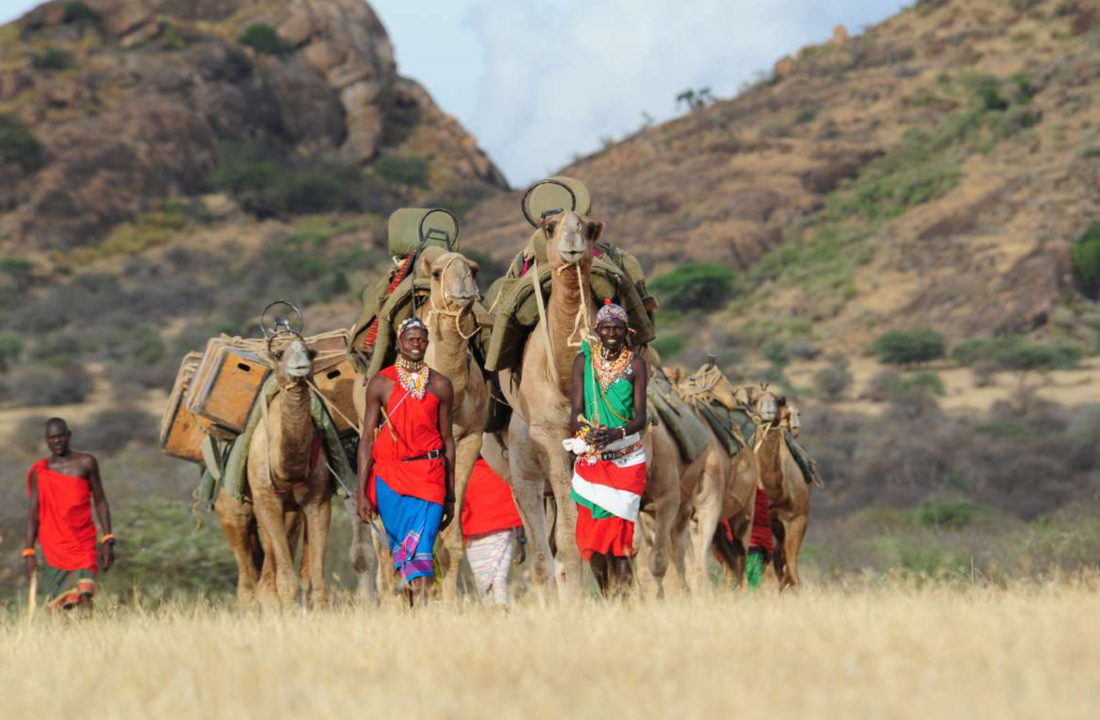
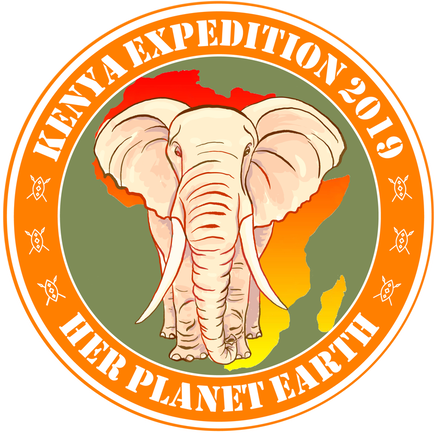
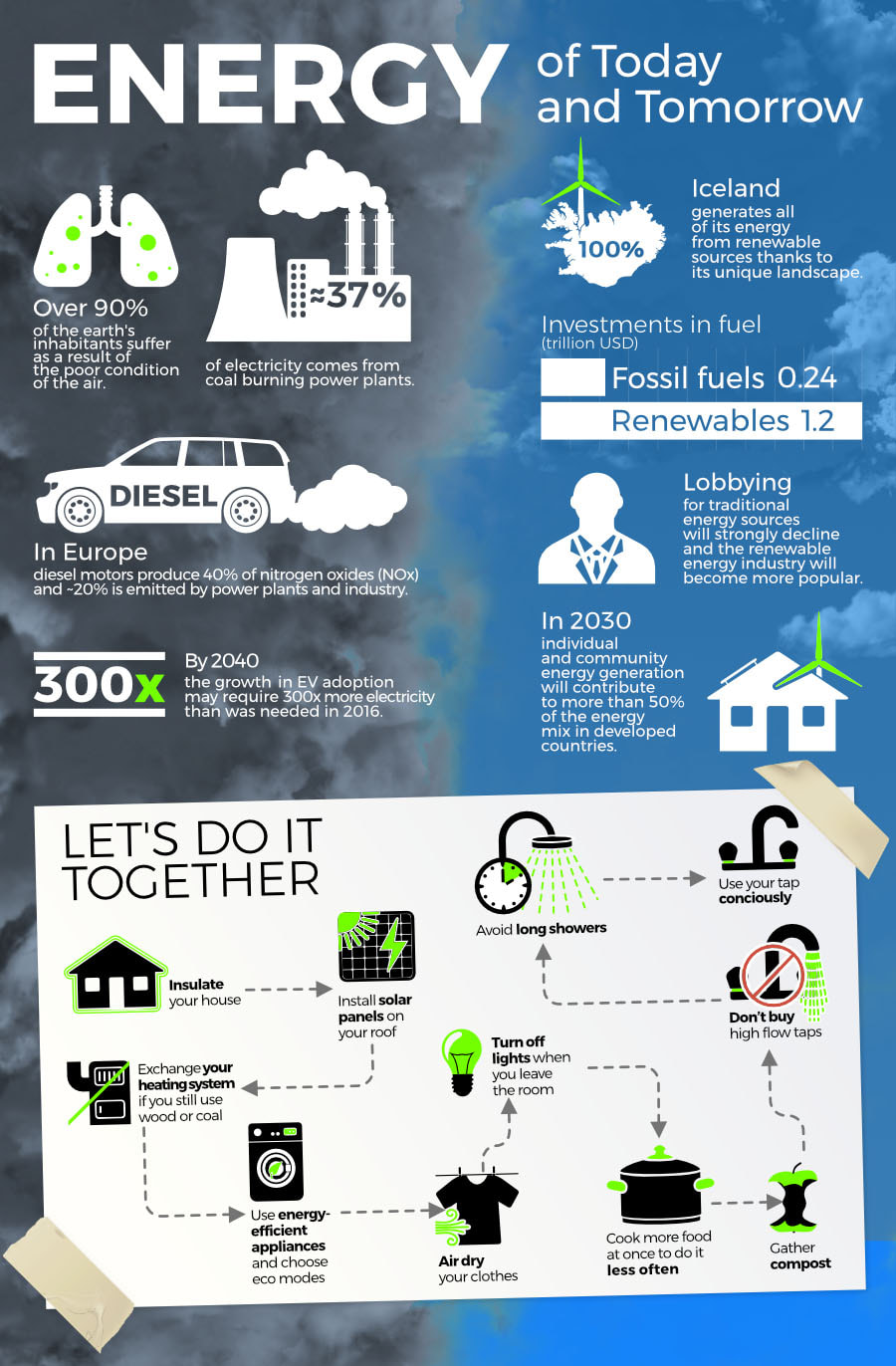
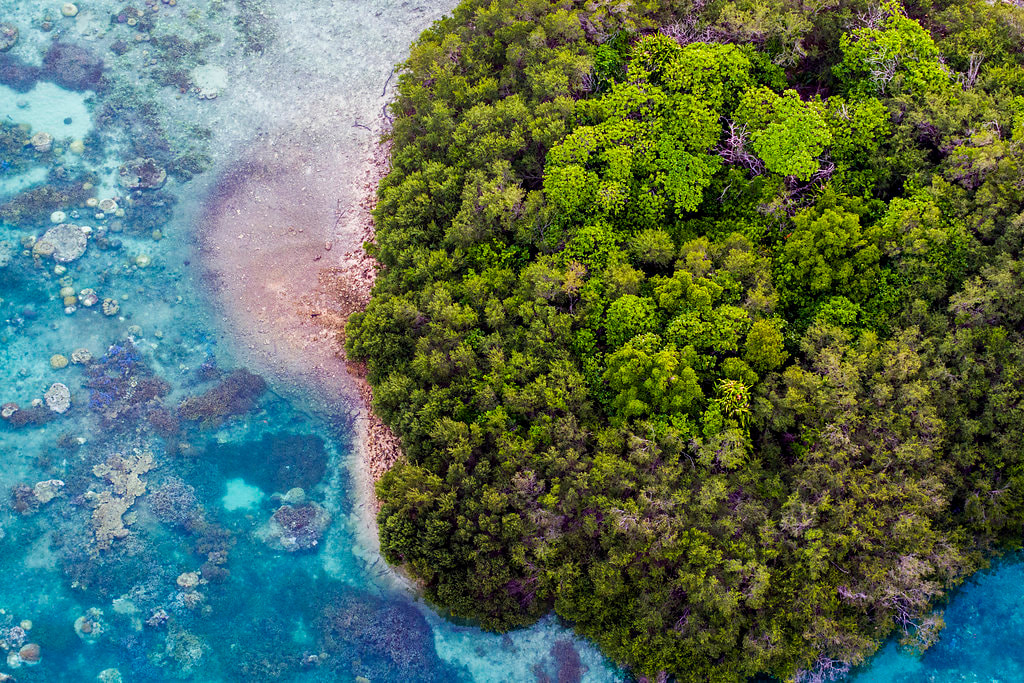
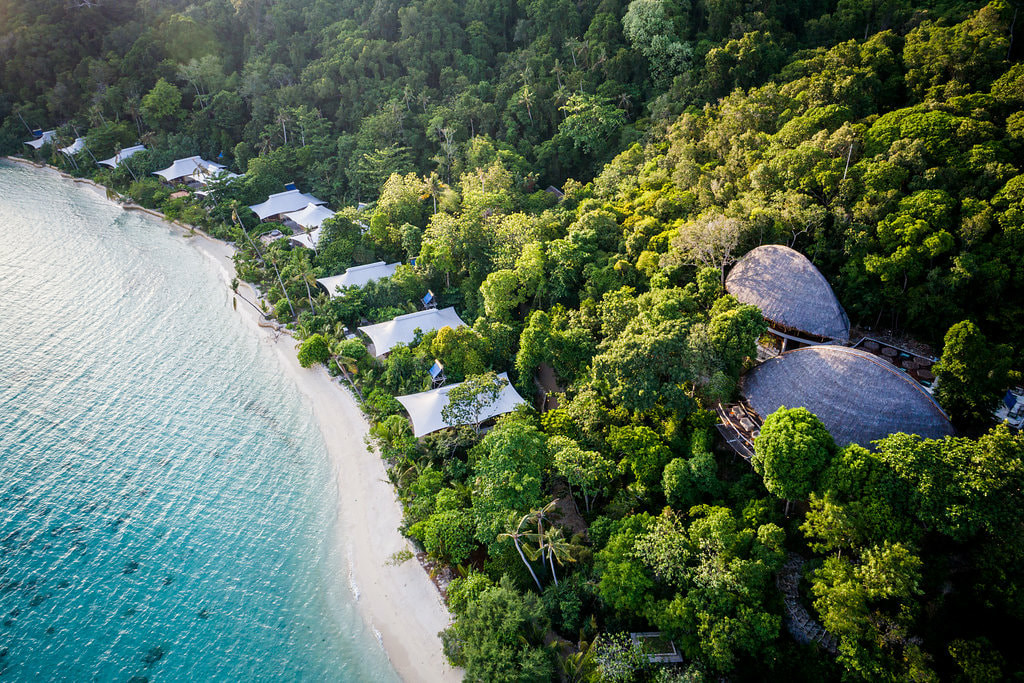
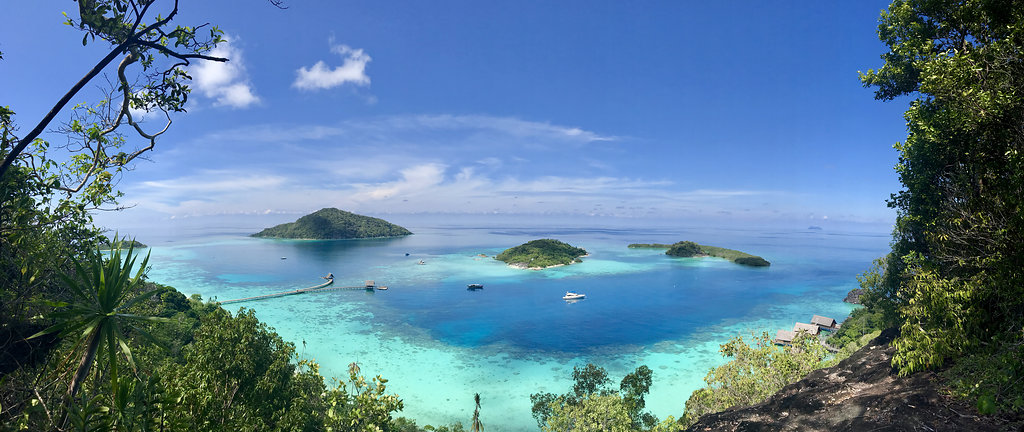
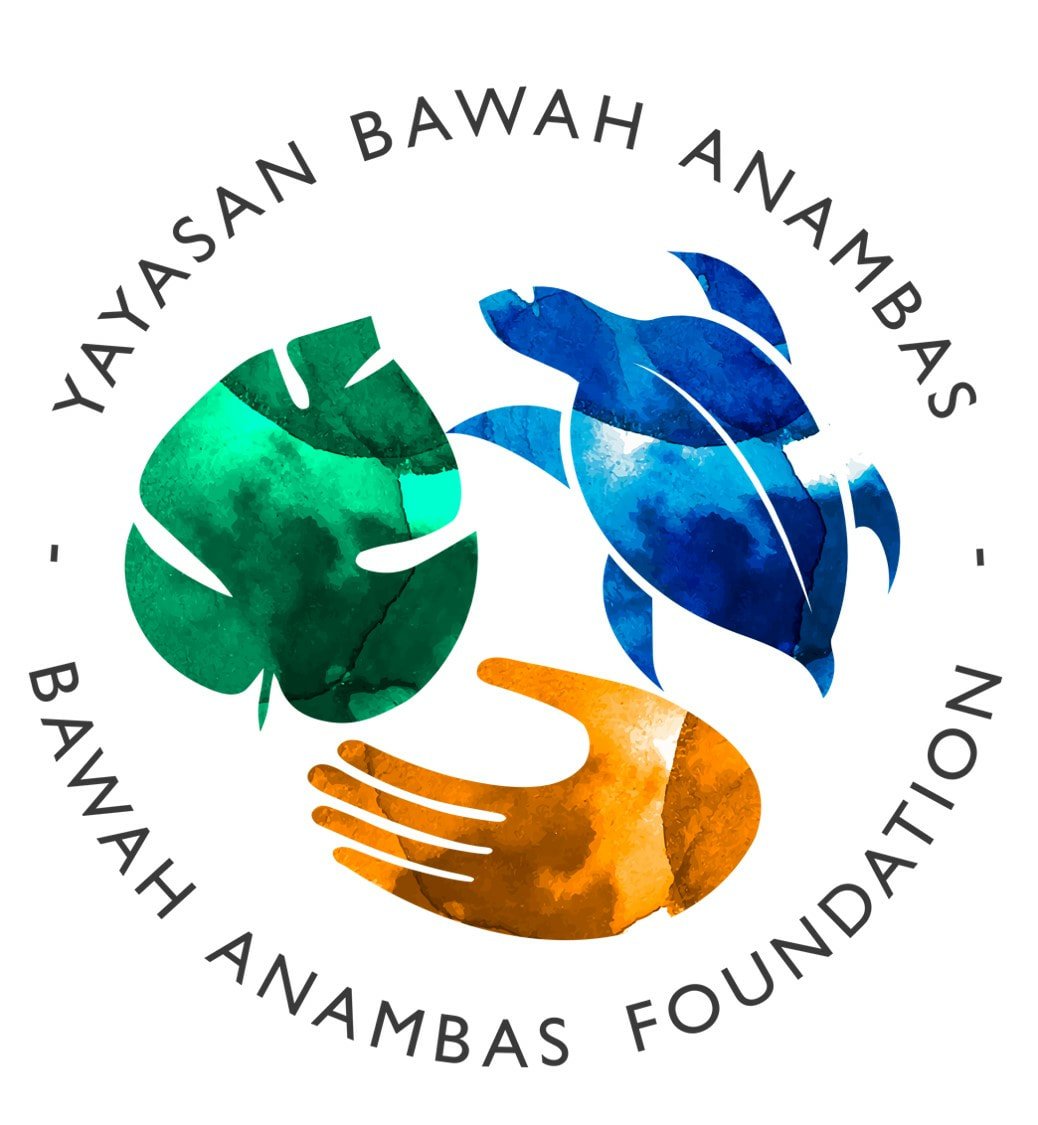
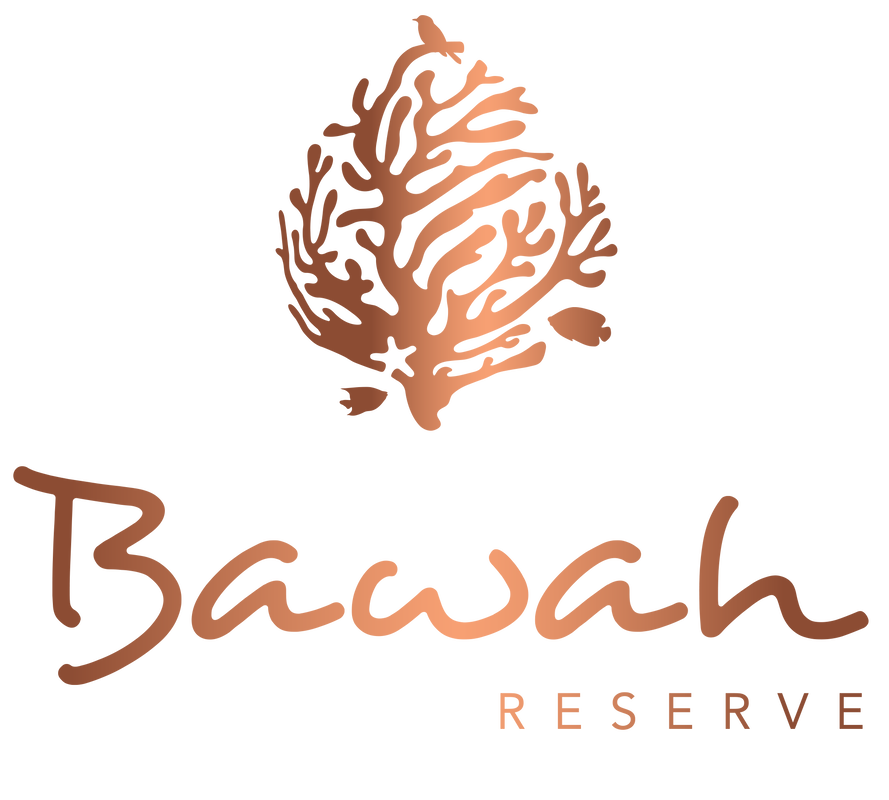
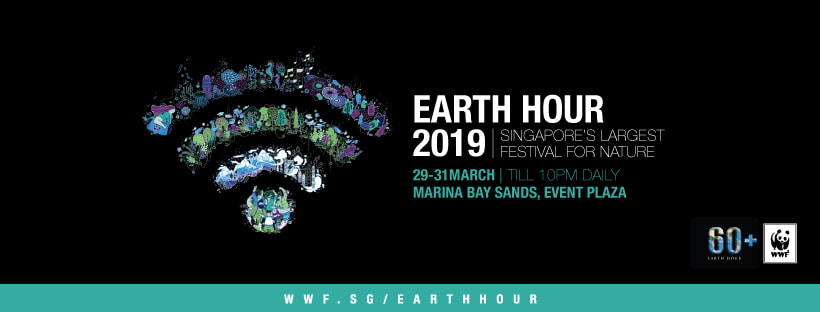
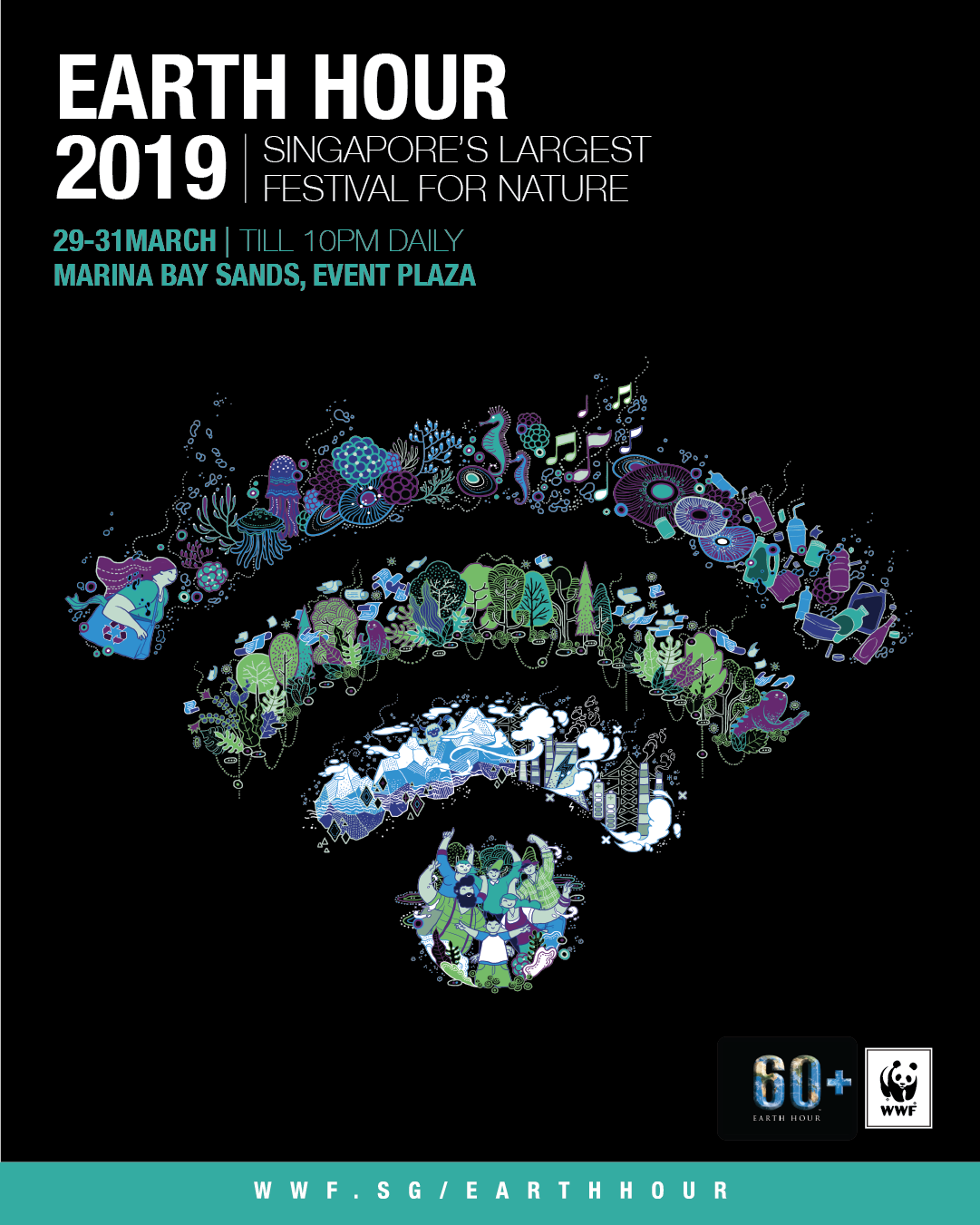

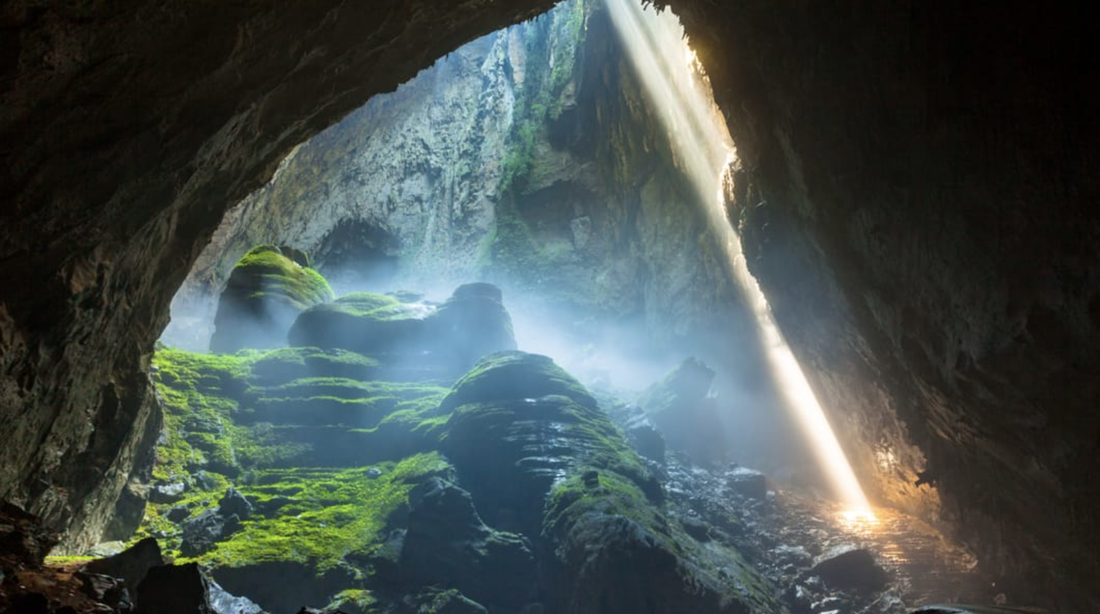

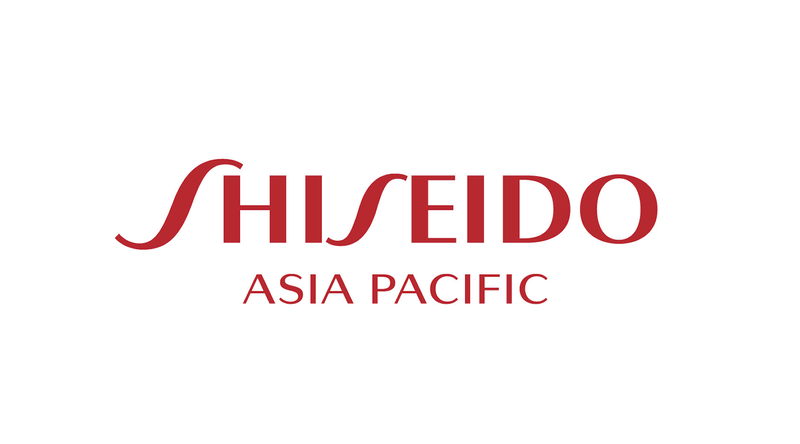


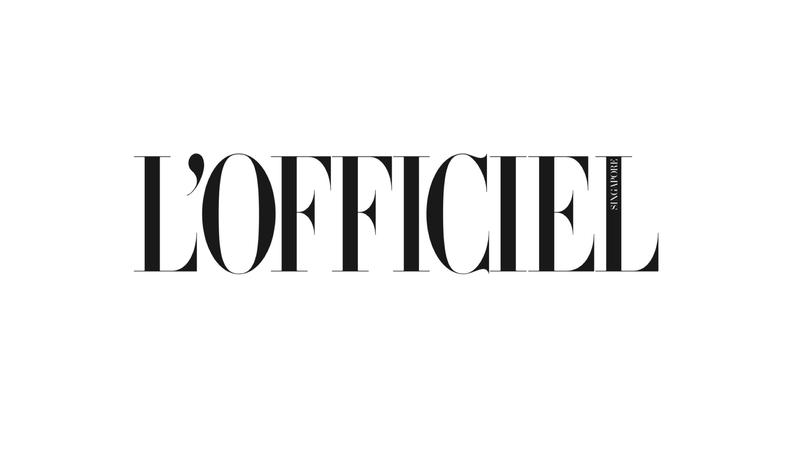
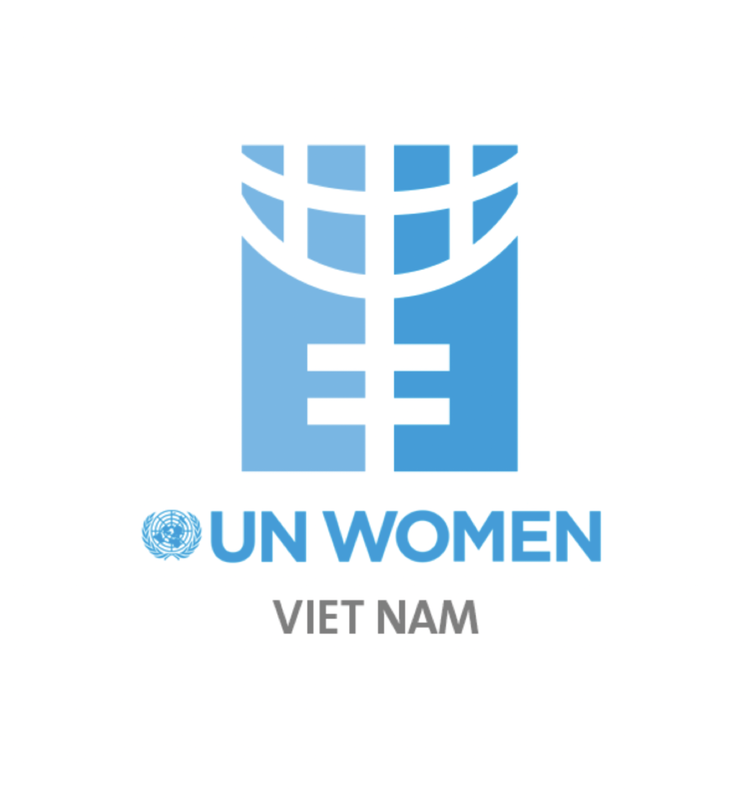
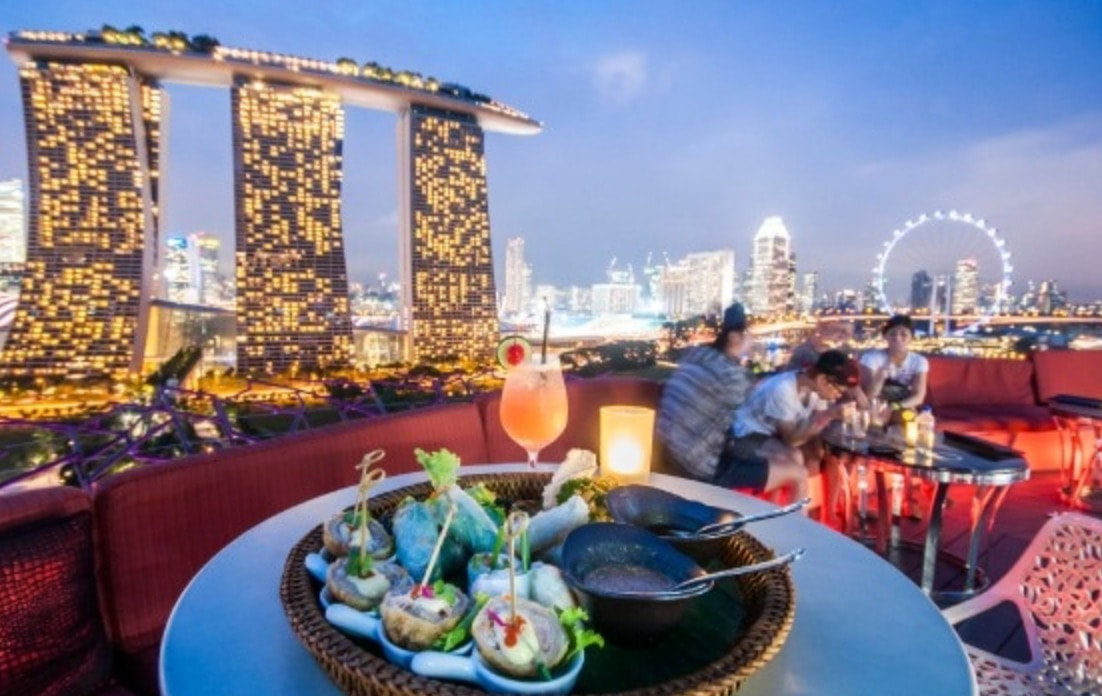
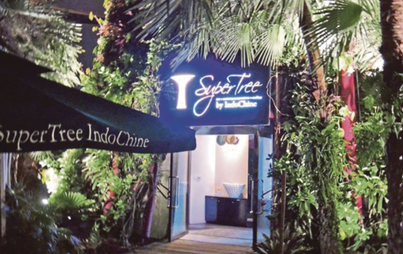
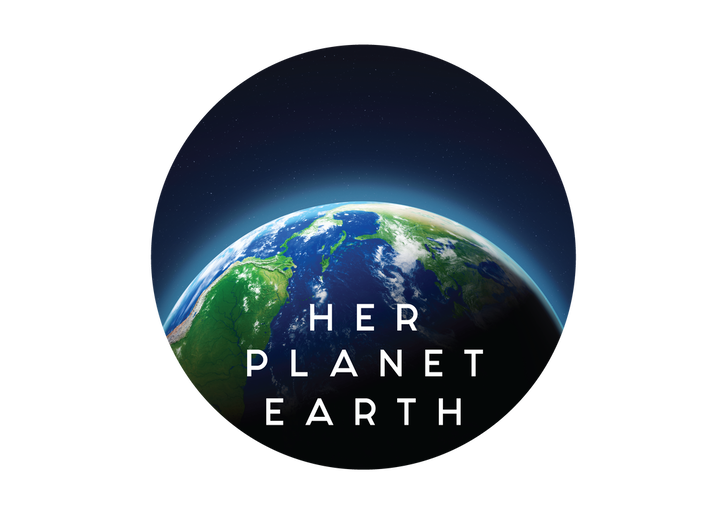
 RSS Feed
RSS Feed